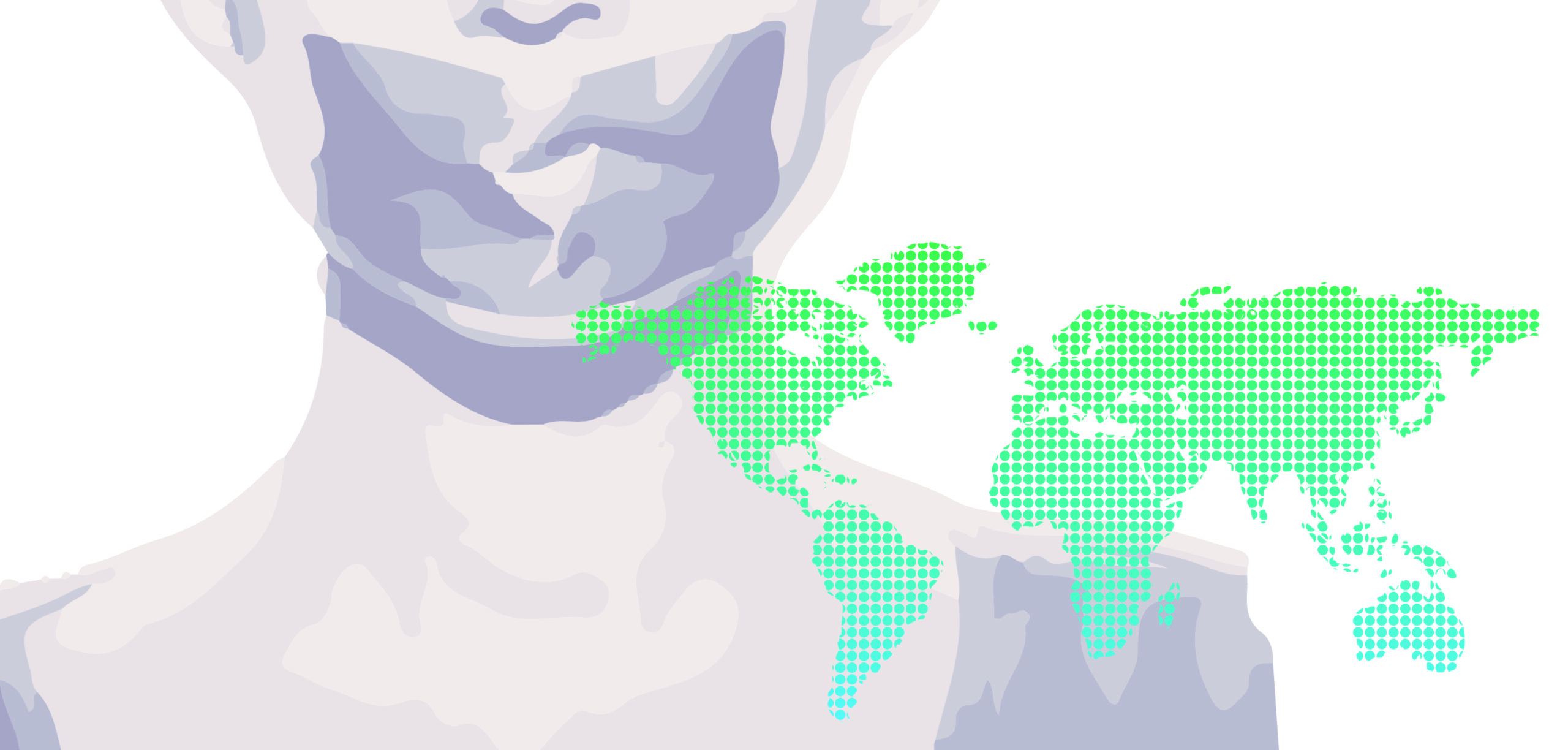

Global handbook on hate speech Laws
get PDF
INTRODUCTION
This resource aims to provide users/readers with the existing legislation on hate speech around the world, on a United Nations level and on a European Union level. It also includes the status of each country included vis-à-vis the International Covenant on Civil and Political Rights and reference to any potential declarations/reservations made to Article 20(2) of the Covenant which is the UN’s ‘hate speech’ clause. A table of eight major social media platforms are also incorporated in the resource with particular focus on how each one defines/understands hate speech. We hope that this will be useful for policy makers, international and national institutions, civil society, lawyers, tech companies and academics.
One pointer needs to be made clear, namely, that hate speech does not enjoy a universally accepted formulation. Most States and institutions adopt their own understanding of what hate speech entails.[1]
This is the result of two main factors, which are the varying interpretation of free speech, predominantly between countries or regions, and the interlinked differentiations in the conceptualization of harm. As argued, hate speech lies ‘in a complex nexus with freedom of expression and group rights, as well as concepts of dignity, liberty and equality.’[2]
For purposes of this resource, hate speech is understood as any form of negative speech (ranging from offensive to direct incitement to violence) that is targeted against protected characteristics such as sexual orientation, race or disability. The reason for putting forth such a wide understanding of hate speech in order to be able to incorporate as many countries as possible into the resource, including those which adopt a low or high threshold of harm.
International/Regional Level
UNITED NATIONS
COUNCIL OF EUROPE
EUROPEAN UNION
National Level

UNITED NATIONS
International Covenant on Civil and Political Rights
Article 19:
1. Everyone shall have the right to hold opinions without interference;
2. Everyone shall have the right to freedom of expression; this right shall include freedom to seek, receive and impart information and ideas of all kinds, regardless of frontiers, either orally, in writing or in print, in the form of art, or through any other media of his choice;
3. The exercise of the rights provided for in paragraph 2 of this article carries with it special duties and responsibilities. It may therefore be subject to certain restrictions, but these shall only be such as are provided by law and are necessary:
(a) For respect of the rights or reputations of others;
(b) For the protection of national security or of public order (ordre public), or of public health or morals.
International Convention on the Elimination of All Forms of Racial Discrimination
Article 4:
States Parties condemn all propaganda and all organizations which are based on ideas or theories of superiority of one race or group of persons of one colour or ethnic origin, or which attempt to justify or promote racial hatred and discrimination in any form, and undertake to adopt immediate and positive measures designed to eradicate all incitement to, or acts of, such discrimination and, to this end, with due regard to the principles embodied in the Universal Declaration of Human Rights and the rights expressly set forth in Article 5 of this Convention, inter alia:
(a) Shall declare an offence punishable by law all dissemination of ideas based on racial superiority or hatred, incitement to racial discrimination, as well as all acts of violence or incitement to such acts against any race or group of persons of another colour or ethnic origin, and also the provision of any assistance to racist activities, including the financing thereof;
(b) Shall declare illegal and prohibit organizations, and also organized and all other propaganda activities, which promote and incite racial discrimination, and shall recognize participation in such organizations or activities as an offence punishable by law;
Article 20(2):
Any advocacy of national, racial or religious hatred that constitutes incitement to discrimination, hostility or violence shall be prohibited by law.
Article 5:
Nothing in the present Covenant may be interpreted as implying for any State, group or person any right to engage in any activity or perform any act aimed at the destruction of any of the rights and freedoms recognized herein or at their limitation to a greater extent than is provided for in the present Covenant.
It was suggested that a high threshold be sought for defining restrictions on freedom of expression, incitement to hatred, and for the application of article 20 of the International Covenant on Civil and Political Rights. In order to establish severity as the underlying consideration of the thresholds, incitement to hatred must refer to the most severe and deeply felt form of opprobrium. To assess the severity of the hatred, possible elements may include the cruelty or intent of the statement or harm advocated, the frequency, quantity and extent of the communication. In this regard, a six-part threshold test was proposed for expressions considered as criminal offences:
(a) Context: Context is of great importance when assessing whether particular statements are likely to incite discrimination, hostility or violence against the target group, and it may have a direct bearing on both intent and/or causation. Analysis of the context should place the speech act within the social and political context prevalent at the time the speech was made and disseminated;
(b) Speaker: The speaker’s position or status in the society should be considered, specifically the individual’s or organization’s standing in the context of the audience to whom the speech is directed;
(c) Intent: Article 20 of the International Covenant on Civil and Political Rights anticipates intent. Negligence and recklessness are not sufficient for an act to be an offence under article 20 of the Covenant, as this article provides for “advocacy” and “incitement” rather than the mere distribution or circulation of material. In this regard, it requires the activation of a triangular relationship between the object and subject of the speech act as well as the audience.
(d) Content and form: The content of the speech constitutes one of the key foci of the court’s deliberations and is a critical element of incitement. Content analysis may include the degree to which the speech was provocative and direct, as well as the form, style, nature of arguments deployed in the speech or the balance struck between arguments deployed;
(e) Extent of the speech act: Extent includes such elements as the reach of the speech act, its public nature, its magnitude and size of its audience. Other elements to consider include whether the speech is public, what means of dissemination are used, for example by a single leaflet or broadcast in the mainstream media or via the Internet, the frequency, the quantity and the extent of the communications, whether the audience had the means to act on the incitement, whether the statement (or work) is circulated in a restricted environment or widely accessible to the general public;
(f) Likelihood, including imminence: Incitement, by definition, is an inchoate crime. The action advocated through incitement speech does not have to be committed for said speech to amount to a crime. Nevertheless, some degree of risk of harm must be identified. It means that the courts will have to determine that there was a reasonable probability that the speech would succeed in inciting actual action against the target group, recognizing that such causation should be rather direct.

COUNCIL OF EUROPE
Council of Europe Committee of Ministers:
Recommendation No.R (97)20 of the Committee of Ministers to Member States on ‘Hate Speech’
Scope:
The term hate speech shall be understood as covering all forms of expression which spread, incite, promote or justify racial hatred, xenophobia, anti-Semitism or other forms of hatred based on intolerance, including intolerant expression by aggressive nationalism and ethnocentrism, discrimination and hostility against minorities, migrants and people of immigrant origin.
European Convention on Human Rights
Article 10: Freedom of Expression
1. Everyone has the right to freedom of expression. This right shall include freedom to hold opinions and to receive and impart information and ideas without interference by public authority and regardless of frontiers. This Article shall not prevent States from requiring the licensing of broadcasting, television or cinema enterprises.
2. The exercise of these freedoms, since it carries with it duties and responsibilities, may be subject to such formalities, conditions, restrictions or penalties as are prescribed by law and are necessary in a democratic society, in the interests of national security, territorial integrity or public safety, for the prevention of disorder or crime, for the protection of health or morals, for the protection of the reputation or rights of others, for preventing the disclosure of information received in confidence, or for maintaining the authority and impartiality of the judiciary
Article 17: Prohibition of abuse of rights
Nothing in this Convention may be interpreted as implying for any State, group or person any right to engage in any activity or perform any act aimed at the destruction of any of the rights and freedoms set forth herein or at their limitation to a greater extent than is provided for in the Convention.
Article 2: Definition
1. For the purposes of this Protocol:
“racist and xenophobic material” means any written material, any image or any other representation of ideas or theories, which advocates, promotes or incites hatred, discrimination or violence, against any individual or group of individuals, based on race, colour, descent or national or ethnic origin, as well as religion if used as a pretext for any of these factors.
2. The terms and expressions used in this Protocol shall be interpreted in the same manner as they are interpreted under the Convention.
Article 3: Dissemination of racist and xenophobic material through computer systems
1. Each Party shall adopt such legislative and other measures as may be necessary to establish as criminal offences under its domestic law, when committed intentionally and without right, the following conduct:
distributing, or otherwise making available, racist and xenophobic material to the public through a computer system.
2. A Party may reserve the right not to attach criminal liability to conduct as defined by paragraph 1 of this article, where the material, as defined in Article 2, paragraph 1, advocates, promotes or incites discrimination that is not associated with hatred or violence, provided that other effective remedies are available.
3. Notwithstanding paragraph 2 of this article, a Party may reserve the right not to apply paragraph 1 to those cases of discrimination for which, due to established principles in its national legal system concerning freedom of expression, it cannot provide for effective remedies as referred to in the said paragraph 2.
Article 4 – Racist and xenophobic motivated threat
1. Each Party shall adopt such legislative and other measures as may be necessary to establish as criminal offences under its domestic law, when committed intentionally and without right, the following conduct:
threatening, through a computer system, with the commission of a serious criminal offence as defined under its domestic law, (i) persons for the reason that they belong to a group, distinguished by race, colour, descent or national or ethnic origin, as well as religion, if used as a pretext for any of these factors, or (ii) a group of persons which is distinguished by any of these characteristics.
Article 5: Racist and xenophobic motivated insult
1. Each Party shall adopt such legislative and other measures as may be necessary to establish as criminal offences under its domestic law, when committed intentionally and without right, the following conduct:
insulting publicly, through a computer system, (i) persons for the reason that they belong to a group distinguished by race, colour, descent or national or ethnic origin, as well as religion, if used as a pretext for any of these factors; or (ii) a group of persons which is distinguished by any of these characteristics.
2. A Party may either:
- require that the offence referred to in paragraph 1 of this article has the effect that the person or group of persons referred to in paragraph 1 is exposed to hatred, contempt or ridicule; or
- reserve the right not to apply, in whole or in part, paragraph 1 of this article.
Article 6: Denial, gross minimisation, approval or justification of genocide or crimes against humanity
1. Each Party shall adopt such legislative measures as may be necessary to establish the following conduct as criminal offences under its domestic law, when committed intentionally and without right:
distributing or otherwise making available, through a computer system to the public, material which denies, grossly minimises, approves or justifies acts constituting genocide or crimes against humanity, as defined by international law and recognised as such by final and binding decisions of the International Military Tribunal, established by the London Agreement of 8 August 1945, or of any other international court established by relevant international instruments and whose jurisdiction is recognised by that Party.
2. A Party may either:
- require that the denial or the gross minimisation referred to in paragraph 1 of this article is committed with the intent to incite hatred, discrimination or violence against any individual or group of individuals, based on race, colour, descent or national or ethnic origin, as well as religion if used as a pretext for any of these factors, or otherwise
- reserve the right not to apply, in whole or in part, paragraph 1 of this article.

EUROPEAN UNION
Council of European Union
Article 1: Offences concerning racism and xenophobia
1. Each Member State shall take the measures necessary to ensure that the following intentional conduct is punishable:
- publicly inciting to violence or hatred directed against a group of persons or a member of such a group defined by reference to race, colour, religion, descent or national or ethnic origin;
- the commission of an act referred to in point (a) by public dissemination or distribution of tracts, pictures or other material;
- publicly condoning, denying or grossly trivialising crimes of genocide, crimes against humanity and war crimes as defined in Articles 6, 7 and 8 of the Statute of the International Criminal Court, directed against a group of persons or a member of such a group defined by reference to race, colour, religion, descent or national or ethnic origin when the conduct is carried out in a manner likely to incite to violence or hatred against such a group or a member of such a group;
- publicly condoning, denying or grossly trivialising the crimes defined in Article 6 of the Charter of the International Military Tribunal appended to the London Agreement of 8 August 1945, directed against a group of persons or a member of such a group defined by reference to race, colour, religion, descent or national or ethnic origin when the conduct is carried out in a manner likely to incite to violence or hatred against such a group or a member of such a group.
2. For the purpose of paragraph 1, Member States may choose to punish only conduct which is either carried out in a manner likely to disturb public order or which is threatening, abusive or insulting.
3. For the purpose of paragraph 1, the reference to religion is intended to cover, at least, conduct which is a pretext for directing acts against a group of persons or a member of such a group defined by reference to race, colour, descent, or national or ethnic origin.
4. Any Member State may, on adoption of this Framework Decision or later, make a statement that it will make punishable the act of denying or grossly trivialising the crimes referred to in paragraph 1(c) and/or (d) only if the crimes referred to in these paragraphs have been established by a final decision of a national court of this Member State and/or an international court, or by a final decision of an international court only.
European Parliament and Council
| (45) | There are new challenges, in particular in connection with video-sharing platforms, on which users, particularly minors, increasingly consume audiovisual content. In this context, harmful content and hate speech provided on video-sharing platform services have increasingly given rise to concern. In order to protect minors and the general public from such content, it is necessary to set out proportionate rules on those matters. |
| (58) | The Commission should be free to consult ERGA on any matter relating to audiovisual media services and video-sharing platforms. ERGA should assist the Commission by providing technical expertise and advice and by facilitating the exchange of best practices, including on self- and co-regulatory codes of conduct. In particular, the Commission should consult ERGA in the application of Directive 2010/13/EU with a view to facilitating its convergent implementation. Upon the Commission’s request, ERGA should provide non-binding opinions on jurisdiction, on measures derogating from freedom of reception and on measures addressing the circumvention of jurisdiction. ERGA should also be able to provide technical advice on any regulatory matter related to the audiovisual media services framework, including in the area of hate speech and the protection of minors, as well as on the content of audiovisual commercial communications for foods high in fat, salt or sodium and sugars. |
European Parliament
European Commission
Code of Conduct on countering illegal hate speech online
The IT Companies also share the European Commission’s and EU Member States’ commitment to tackle illegal hate speech online. Illegal hate speech, as defined by the Framework Decision 2008/913/JHA of 28 November 2008 on combating certain forms and expressions of racism and xenophobia by means of criminal law and national laws transposing it, means all conduct publicly inciting to violence or hatred directed against a group of persons or a member of such a group defined by reference to race, colour, religion, descent or national or ethnic origin.
Under the Code, the IT Companies commit to reviewing the majority of valid notifications for removal of illegal hate speech in less than 24 hours and remove or disable access to such content, if necessary.
SOCIAL MEDIA
Social Media Platform |
Definition/Comments/Information on ‘Hate Speech’ in Community Guidelines/Standards/Policies |

|
Community Standards: We define hate speech as a direct attack on people based on what we call protected characteristics — race, ethnicity, national origin, religious affiliation, sexual orientation, caste, sex, gender, gender identity, and serious disease or disability. We protect against attacks on the basis of age when age is paired with another protected characteristic, and also provide certain protection for immigration status. We define attack as violent or dehumanizing speech, harmful stereotypes, statements of inferiority, or calls for exclusion or segregation. We separate attacks into three tiers of severity, as described below. |

|
Hate speech is not defined. Instead under the heading ‘Respect Others Online’ the following is included: Along with Instagram’s guideline to be kind, they also ask that their members are respectful. Instagram will remove any content that contains threats, hate speech, targets private individuals to degrade or shame them, blackmail, harassment and repeated unwanted messages. |

|
Hate speech is not defined. Instead under the heading ‘Be safe’ the Community Policies state: We do not allow hate speech, hate groups, terrorists, or those who engage in violent crimes on the services. |

|
Rule 1 of the Content Policy states: Remember the human. Reddit is a place for creating community and belonging, not for attacking marginalized or vulnerable groups of people. Everyone has a right to use Reddit free of harassment, bullying, and threats of violence. Communities and users that incite violence or that promote hate based on identity or vulnerability will be banned. In relation to promoting hate based on identity or vulnerability it states: Remember the human. Reddit is a place for creating community and belonging, not for attacking marginalized or vulnerable groups of people. Everyone has a right to use Reddit free of harassment, bullying, and threats of violence. Communities and people that incite violence or that promote hate based on identity or vulnerability will be banned. Marginalized or vulnerable groups include, but are not limited to, groups based on their actual and perceived race, color, religion, national origin, ethnicity, immigration status, gender, gender identity, sexual orientation, pregnancy, or disability. These include victims of a major violent event and their families. While the rule on hate protects such groups, it does not protect those who promote attacks of hate or who try to hide their hate in bad faith claims of discrimination. Some examples of hateful activities that would violate the rule:
Additionally, when evaluating the activity of a community or an individual user, we consider both the context as well as the pattern of behavior. |

TikTok |
Community Guidelines Hate Speech: We define hate speech as content that does or intends to attack, threaten, incite violence against, or dehumanize an individual or a group of individuals on the basis of protected attributes. We also do not allow content that verbally or physically threatens violence or depicts harm to an individual or a group based on any of the following protected attributes: race, ethnicity, national origin, religion, caste, sexual orientation, sex, gender, gender identity, serious disease or disability, immigration status. |

Tumblr |
Hate Speech: Don’t encourage violence or hatred. Don’t post content for the purpose of promoting or inciting the hatred of, or dehumanizing, individuals or groups based on race, ethnic or national origin, religion, gender, gender identity, age, veteran status, sexual orientation, disability or disease. If you encounter content that violates our hate speech policies, please report it. |

|
The term ‘hateful conduct’ is used: Hateful conduct: You may not promote violence against or directly attack or threaten other people on the basis of race, ethnicity, national origin, caste, sexual orientation, gender, gender identity, religious affiliation, age, disability, or serious disease. We also do not allow accounts whose primary purpose is inciting harm towards others on the basis of these categories. |

Youtube |
Hate speech is defined as ‘content promoting violence or hatred against individuals or groups based on any of the following attributes: age, caste, disability, ethnicity, gender identity and expression, nationality, race, immigration status, religion, sex/gender, sexual orientation, victims of a major violent event and their kin. |
NATIONAL FRAMEWORKS

AFGHANISTAN
Article 45:
Production, reproduction, print and publishing of the following reports and material in mass media, and agencies mentioned in article (27) of this law are not permissible:
- Works and materials those are contrary to the principles and provisions of the holy religion of Islam.
- Works and materials that are offensive to other religions and sects.
- Works and materials which are defamatory, insulting and offensive to real or legal persons.
- Works and materials which are considered libellous/defamatory to real and legal persons, and cause damage to their personality and credibility.
- Works and materials which are contrary to the Constitution and are considered a crime by the Penal Code.
- Publicizing and dissemination (promoting) of religions other than the holy religion of Islam.
- Disclosure of identity and broadcasting of pictures of the victims of violence and rape in a way so as to damage their social dignity.
- Works and material that harm the psychological security and moral wellbeing of people, especially children and adolescents.
Article 236:
1. A person who distributes or supplies or possesses, for the purpose of trade or hire, publications, writings, paintings, slides, statues, engraved pictures, code signs or other articles and pictures, which are in contradiction with culture and public ethics, shall be sentenced in the light of circumstances to imprisonment of not more than 2 years or a fine of not more than 24,000 Afghanis.
2. A person who himself, or through someone else, intentionally exports or imports or transports the articles mentioned in the above paragraph for the purpose of moral corruption or those mentioned in the above paragraph, or makes them public or sells them or puts them on sale, even if not publicly, or gives to someone else secretly or openly, even if freely, or distributes them or gives to someone else for distribution, shall be sentenced, in the light of circumstances to imprisonment of not more than 2 years or a fine of not more than 12,000 Afghanis.
3. A person who, by open means, makes speeches or sings songs which are contrary to public manners or invites people to moral corruption and delinquency or propagates advertisements or articles for this purpose shall be sentenced to the same punishment as paragraph 2 of this article.
4. In case of a repetition of the crimes mentioned in the above paragraphs, the person committing the crime shall be sentenced to the maximum anticipated punishment.
| Status of country in relation to the ICCPR | ||||
| Accession | Succession | Ratification | Declaration/Reservation to Article 20(2) | |
| Afghanistan | x | No | ||

ALBANIA
Article 119/a: Dissemination of racist or xenophobic material through the computer system
Offering in public or deliberately disseminating to the public through computer systems, material with racist or xenophobic content, constitutes a criminal misdemeanour and is punishable by a fine or imprisonment of up to two years.
Article 119/b: Insulting due to racist or xenophobic motives through the computer system
The intentional insulting of a person in public, through a computer system, because of ethnicity, nationality, race or religion constitutes a criminal misdemeanour and is punishable by a fine or imprisonment of up to two years.
Article 265: Incitement of hatred or disputes
Inciting hate or disputes on the grounds of race, ethnicity, religion or sexual orientation, as well as intentional preparation, dissemination or preservation for purposes of distributing writings with such content, by any means or forms, shall be punishable by imprisonment of two to ten years.
Article 266: Calls for national hatred
Endangering public peace by calling for national hatred against other parts of the population, by insulting or defaming them, or by requesting the use of force or arbitrary actions against them, is punishable by imprisonment of two to eight years.
| Status of country in relation to the ICCPR | ||||
| Accession | Succession | Ratification | Declaration/Reservation to Article 20(2) | |
| Albania | x | No | ||

ALGERIA
Article 298 bis: Any insult caused to one or more people who belong to an ethnic or philosophical group or to a determined religion is punishable by imprisonment of five days to six months and a fine of five thousand to fifty thousand DA or one of the two penalties.
Audio-Visual Law no.14-04 (2004)
Article 84 includes the obligation on television or the radio broadcast service to refrain from encouraging violence or incitement to racial discrimination, terrorism or violence against a person based on his origin, gender, race or belonging to a certain religion.
The Media Law
Article 92 provides that media calls journalists to refrain from directly or indirectly paying tribute to racism, intolerance or violence.
The Law also provides for the Supreme Council for the Arts and the Ethics of Journalism to impose sanctions on journalists for violations of the rules of etiquette and ethics of the profession of journalism.
Information taken from secondary source: (MEDMEDIA)
| Status of country in relation to the ICCPR | ||||
| Accession | Succession | Ratification | Declaration/Reservation to Article 20(2) | |
| Algeria | x | No | ||

ANDORRA
Criminal Code
Information taken from secondary source (UN CERD)
Article 338.1: lists the following unlawful acts of discrimination, which are punishable by imprisonment for a term of 3 months to 3 years:
- Incitement to violence, hatred or discrimination against a person or group of persons;
- Public abuse, slander, defamation or threats targeting a person or group of persons;
- Public expression, by any means, of an ideology or doctrine that asserts the superiority of, or demeans or vilifies a group of persons;
- Public dissemination or distribution of any material containing images or other expressions of the acts mentioned above.
Article 338 bis: the unlawful acts of possessing or producing any material containing images or expressions of the acts envisaged in article 338, paragraph 1 (a), (b) and (c), are punished by imprisonment of up to 1 year, provided that the material is intended for public dissemination
Article 338.2: any public authority or official who, in his or her official capacity, commits any of the offences listed in article 338.1 is subject to a penalty of disqualification from public office for up to four years.
Article 338.4: provides for imprisonment for a term of up to 1 year and disqualification from public office for up to three years for the authority or official who, in his or her official capacity, refuses, with the aim of discriminating, to provide a public service or grant an entitlement or other advantage envisaged by law, or who interferes with the granting thereof or who causes the service, entitlement or other advantage to be revoked.
Article 339: Offence to a group
Whoever, with the intention of insulting and in public, commits acts or utters statements which are seriously offensive expressions for members of a religious, national, ethnical, political group, a syndicate or against persons professing a belief or ideology, shall be punished by a term of imprisonment.
| Status of country in relation to the ICCPR | ||||
| Accession | Succession | Ratification | Declaration/Reservation to Article 20(2) | |
| Andorra | x | No | ||

ANGOLA
Press Law 2016
Article 82 criminalizes publication of a text or image that is “offensive to individuals,” which would be punished under the penal code as defamation and slander, with fines and imprisonment of up to six months.
Information taken from secondary source HRW.
| Status of country in relation to the ICCPR | ||||
| Accession | Succession | Ratification | Declaration/Reservation to Article 20(2) | |
| Angola | x | No | ||

ANTIGUA AND BARBUDA
–
| Status of country in relation to the ICCPR | ||||
| Accession | Succession | Ratification | Declaration/Reservation to Article 20(2) | |
| Antigua and Barbuda | x | No | ||

ARGENTINA
Law No.23.592: Discriminatory Acts
Article 3: Those who participate in an organization or carry out propaganda based on ideas or theories of superiority of a race or of a group of people of a certain religion, ethnic origin or colour, whose objective is to justify or promote racial or religious discrimination in any way, will be punished with imprisonment from one month to three years.
The same penalty shall be incurred by those who by any means encourage or initiate persecution or hatred against a person or groups of people because of their race, religion, nationality or political ideas.
Law No. 26.522: Law of Audiovisual Communication
Article 25(c): All actors in the information society must promote the common good, protect privacy and personal data as well as adopt preventive measures and appropriate actions, as established by law, against the abusive use of ICTs, for example, illegal conduct and other acts motivated by racism, racial discrimination, xenophobia and other types of intolerance, hatred, violence, and all forms of child abuse, including paedophilia and child pornography, as well as trafficking and exploitation of human beings.
| Status of country in relation to the ICCPR | ||||
| Accession | Succession | Ratification | Declaration/Reservation to Article 20(2) | |
| Argentina | x | No | ||

ARMENIA
Article 77: The use of basic rights and freedoms for the purpose of the violent overthrow of the constitutional order, incitement of national, racial or religious hatred or propaganda of violence or war shall be prohibited.
Article 226: Inciting national, racial or religious hatred
1. Actions aimed at the incitement of national, racial or religious hatred, at racial superiority or humiliation of national dignity, are punished with a fine in the amount of 200 to 500 minimal salaries, or with correctional labour for up to 2 years, or with imprisonment for a term of 2-4 years.
2. The actions envisaged in part 1 of this Article committed:
1) publicly or by mass media, with violence or threat of violence;
2) by abuse of official position; or
3) by an organized group, are punished with imprisonment for the term of 3 to 6 years.
Then, the Criminal Code was amended to include:
Article 226.2: Public calls for violence, public justification or propaganda of violence
1. Gender, race, skin colour, ethnic or social origin, genetic characteristics, language, religion, worldview, political or other views, ethnic minority, property status, birth, disability, age or personal or social status of a person or group of persons. Public calls to use violence due to other circumstances, public justification or propaganda of such violence
shall be punished by a fine of fifty to one hundred and fifty times the minimum wage, or by imprisonment for a term not exceeding two months, or by imprisonment for a term not exceeding one year.
2. The actions provided for in part 1 of this article, which have been committed:
1) by a group of persons with prior consent or by an organized group
2) using the official position:
shall be punished by a fine of one hundred and fifty to three hundred times the minimum wage or by imprisonment for a term of two to three months or by imprisonment for a term of one to three years, deprivation of the right to hold certain positions or engage in certain activities for a term of one to three years.
| Status of country in relation to the ICCPR | ||||
| Accession | Succession | Ratification | Declaration/Reservation to Article 20(2) | |
| Armenia | x | No | ||

AUSTRALIA
(Federal Law)
Section 80.2A: Urging violence against groups
Offences
1. A person (the first person) commits an offence if:
- the first person intentionally urges another person, or a group, to use force or violence against a group (the targeted group); and
- the first person does so intending that force or violence will occur; and
- the targeted group is distinguished by race, religion, nationality, national or ethnic origin or political opinion; and
- the use of the force or violence would threaten the peace, order and good government of the Commonwealth.
Penalty: Imprisonment for 7 years.
2. A person (the first person) commits an offence if:
- the first person intentionally urges another person, or a group, to use force or violence against a group (the targeted group); and
- the first person does so intending that force or violence will occur; and
- the targeted group is distinguished by race, religion, nationality, national or ethnic origin or political opinion.
Note: There is a defence in section 80.3 for acts done in good faith.
Section 80.2B: Urging violence against members of groups
Offences
1. A person (the first person) commits an offence if:
- the first person intentionally urges another person, or a group, to use force or violence against a person (the targeted person); and
- the first person does so intending that force or violence will occur; and
- the first person does so because of his or her belief that the targeted person is a member of a group (the targeted group); and
- the targeted group is distinguished by race, religion, nationality, national or ethnic origin or political opinion; and
- the use of the force or violence would threaten the peace, order and good government of the Commonwealth.
Penalty: Imprisonment for 7 years.
2. A person (the first person) commits an offence if:
- the first person intentionally urges another person, or a group, to use force or violence against a person (the targeted person); and
- the first person does so intending that force or violence will occur; and
- the first person does so because of his or her belief that the targeted person is a member of a group (the targeted group); and
- the targeted group is distinguished by race, religion, nationality, national or ethnic origin or political opinion.
Penalty: Imprisonment for 5 years.
3. For the purposes of paragraphs (1)(c) and (2)(c), it is immaterial whether the targeted person actually is a member of the targeted group.
4. The fault element for paragraphs (1)(d) and (2)(d) is recklessness.
Alternative verdict
5. Subsection (6) applies if, in a prosecution for an offence (the prosecuted offence) against subsection (1), the trier of fact:
- is not satisfied that the defendant is guilty of the offence; but
- is satisfied beyond reasonable doubt that the defendant is guilty of an offence (the alternative offence) against subsection (2).
6. The trier of fact may find the defendant not guilty of the prosecuted offence but guilty of the alternative offence, so long as the defendant has been accorded procedural fairness in relation to that finding of guilt.
Note: There is a defence in section 80.3 for acts done in good faith.
Section 18D: Exemptions
Section 18C does not render unlawful anything said or done reasonably and in good faith:
- in the performance, exhibition or distribution of an artistic work; or
- in the course of any statement, publication, discussion or debate made or held for any genuine academic, artistic or scientific purpose or any other genuine purpose in the public interest; or
- in making or publishing:
(i) a fair and accurate report of any event or matter of public interest; or
(ii) a fair comment on any event or matter of public interest if the comment is an expression of a genuine belief held by the person making the comment.
Racial Discrimination Act 1975
Section 18C: Offensive behaviour because of race, colour or national or ethnic origin
(1) It is unlawful for a person to do an act, otherwise than in private, if:
(a) the act is reasonably likely, in all the circumstances, to offend, insult, humiliate or intimidate another person or a group of people; and
(b) the act is done because of the race, colour or national or ethnic origin of the other person or of some or all of the people in the group.
Note: Subsection (1) makes certain acts unlawful. Section 46P of the Australian Human Rights Commission Act 1986 allows people to make complaints to the Australian Human Rights Commission about unlawful acts. However, an unlawful act is not necessarily a criminal offence. Section 26 says that this Act does not make it an offence to do an act that is unlawful because of this Part, unless Part IV expressly says that the act is an offence.
(2) For the purposes of subsection (1), an act is taken not to be done in private if it:
(a) causes words, sounds, images or writing to be communicated to the public; or
(b) is done in a public place; or
(c) is done in the sight or hearing of people who are in a public place.
(3) In this section:
public place includes any place to which the public have access as of right or by invitation, whether express or implied and whether or not a charge is made for admission to the place.
| Status of country in relation to the ICCPR | ||||
| Accession | Succession | Ratification | Declaration/Reservation to Article 20(2) | |
| Australia | x |
Yes (Reservation): Article 20 |
||

AUSTRIA
Hate Speech
Article 283 (1): Whoever publicly
1. Incites to violence against a church or religious society or a characteristic including an existing or missing characteristic of race, skin colour, language, religion or belief, nationality, ancestry, or national or ethnic origin, gender, physical or mental disability, age or the sexual orientation of a group of persons or a member of such a group due to his/her their belonging to the group
2. With the intention of violating the human dignity of others, insults or belittles a member of the above groups of persons in a way that is likely to make this group a subject of contempt in public opinion, or
3. In relation to crimes within the meaning of sections 321 to 321f as well as section 321k, recognized as such by a domestic or an international court that has been legally established, approves, denies, grossly minimizes or justifies the acts against one of the groups specified in item 1 or against a member of such a group expressly because of his/her/their belonging to this group and is committed in a manner that is conducive to violence or hatred or incitement thereto against such a group or against a member of such a group, is punishable by imprisonment for up to two years.
2) Anyone who commits an act according to Paragraph 1 in a print, on the radio or in any other manner, whereby the actions referred to in paragraph 1 are made available to the general public, is punishable with imprisonment of up to three years.
(3) Anyone who, through an act pursuant to Paragraph 1 or 2, causes other persons to attack one of the persons referred to in Paragraph 1(1) or against a member of such a group because of his or her membership of this group will be punished by imprisonment of six months to five years.
(4) Unless a person is already accused of a more severe crime in which this would be implied to entice, encourage or spread hate or violence against a group, or a member of such group either in print, radio, tv or through any other means that makes it available to a large audience, or to justify or defend such spread of violence, enticing content can be punished with a prison sentence of up to one year or a fine of up to 720 day rates.
Austrian Broadcasting Corporation (ORF) Act
Principles concerning content
Article 10 (2): The programmes must not incite others to hatred on grounds of race, sex, age, disability, religion and nationality.
| Status of country in relation to the ICCPR | ||||
| Accession | Succession | Ratification | Declaration/Reservation to Article 20(2) | |
| Austria | x | No | ||

AZERBAIJAN
Article 47:
- Every person shall have freedom of thought and speech.
- Nobody shall be forced to identify or refuse his/her ideas and principles.
- Propaganda inciting racial, ethnic or religious animosity or hostility shall be banned.
Article 283: Incitement of national, racial, social or religious hate and hostility
Article 283.1: Incitement of national, racial, social or religious hate and hostility, humiliation of national advantage, as well as actions directed to restrict citizens’ rights, or establish the superiority of citizens on the basis of their national or racial, social belonging or creed, committed publicly, including by the use of mass media, is punishable by a penalty of eight thousand to twelve thousand Manats or corrective works for a term up to two years, or imprisonment for the term from two to four years.
Article 283.1-1: Acts provided for in Article 283.1 of the present Code, committed on the grounds of religious animosity, religious radicalism or religious fanaticism shall be punishable by imprisonment for a term of three to five years.
Article 283.2.1: The same acts committed as above with the application of violence or with the threat of its application; (2) by a person using a position of service; (3) by an organized group— is punishable by imprisonment for a term of three to five years.
Article 283.3: Financing of commission of acts, stipulated in Article 283.1 of the present Code, on the grounds of religious animosity, religious radicalism or religious fanaticism, is punishable by imprisonment for a term of three to five years.
Law on Combatting Religious Extremism
Article 1 Basic Concepts (include):
Article 1.0.1.5: The actions directed to incitement of national, social or religious hatred, humiliation of national advantage, restriction of the rights or determination of superiority of citizens on national, racial, social or religious characteristics;
Article 1.0.2: Religious radicalism is the behaviour expressing commitment to extreme religious views within any religion, showing hard line approval of the exclusiveness of these religious views and is characterized by the use of aggressive methods and means in the distribution of these views;
Article 3: Purpose of the Law
Article 3.0.1: providing bases of the constitutional system as well as the territorial integrity and safety of the Azerbaijan Republic;
Article 3.0.2: protection of human rights and freedoms, and also civil laws and freedoms;
Article 3.0.3: identification of religious and extremist activities, and minimizing of damage which can be caused as a result of religious extremism;
Article 3.0.4: identification and elimination of the reasons and conditions of emergence of religious extremism and implementation of extremist religious activities, financing of religious extremism.
| Status of country in relation to the ICCPR | ||||
| Accession | Succession | Ratification | Declaration/Reservation to Article 20(2) | |
| Azerbaijan | x | x | No | |

BAHAMAS
–
| Status of country in relation to the ICCPR | ||||
| Accession | Succession | Ratification | Declaration/Reservation to Article 20(2) | |
| Bahamas | x | No | ||

BAHRAIN
–
| Status of country in relation to the ICCPR | ||||
| Accession | Succession | Ratification | Declaration/Reservation to Article 20(2) | |
| Bahrain | x | No | ||

BANGLADESH
Article153A: Whoever by words, either spoken or written, or by signs, or by visible representations, or otherwise, promotes or attempts to promote feelings of enmity or hatred between different classes of the citizens of Bangladesh, shall be punished with imprisonment which may extend to two years, or with fine, or with both.
Section 8: Power to remove or block some data-information
(1) If any data-information published or propagated in digital media regarding a subject that comes under the purview of Director General which threatens the Digital Security, then the Director General can request the Bangladesh Telecommunications and Regulatory Authority (BTRC) to remove or block the said Data-information as appropriate
(2) If it is evident to law and order enforcing security force that any data –information published or propagated in digital media hampers the nation or any part therein in terms of nations unity, financial activities, security, defense, religious values, public discipline or incites racism and hatred then the law and order enforcing Security force can request BTRC to block or remove the data-information via the Director General of the Agency.
Section 28: Publication, Broadcast, etc. of such information in any website or in any electronic format that hampers the religious sentiment or values
(1) If any person or group intentionally or knowingly with the aim of hurting religious sentiments or values or with the intention to provoke publish or broadcast anything by means of any website or any electronic format which hurts religious sentiment or values then such activity of that person will be considered an offence
(2) If any person commits an offence under sub section (1), the person will be sentenced to a term of imprisonment not exceeding 7 (seven) years or fine not exceeding 10 (ten) lac or both. (3) If any person commits the offence mentioned in sub-section (1) second time or repeatedly, he will be punished with imprisonment not exceeding 10 (ten) years or fine not exceeding 20 (twenty) lac taka or both
Section 31: Deterioration of Act-order, etc. and Punishment
(1) If any person intentionally publish or broadcast any kind of file in any website or digital format which will create hostility, hatred or adversity among people or destroy any communal harmony or create unrest or disorder or deteriorates or threatens to deteriorate the law and order then that activity of that person will be considered as an offence.
(2) If any person commits any crime mentioned within sub section (1), the person will be penalized with imprisonment for a term not exceeding to seven years or fine not exceeding Tk. five lac or with both.
(3) If any person commits the crime mentioned in sub-section (1) for the second time or recurrently commits it, he will be punished with imprisonment for a term not exceeding 10(ten) years or with fine not exceeding Tk. ten lac or with both.
Section 38: No Responsibility for the service provider
(1) Any service provider will not be responsible under this Act or any rules enacted under this Act for facilitating access to data-information, if it succeeds in proving that, the offence or breach was committed without his knowledge or he took all possible steps to stop the commission of the offence.
| Status of country in relation to the ICCPR | ||||
| Accession | Succession | Ratification | Declaration/Reservation to Article 20(2) | |
| Bangladesh | x | No | ||

BARBADOS
–
| Status of country in relation to the ICCPR | ||||
| Accession | Succession | Ratification | Declaration/Reservation to Article 20(2) | |
| Barbados | x | No | ||

BELARUS
Article 130: Incitement to racial, national, religious or other social hostility or discord
1. Deliberate actions aimed at inciting racial, national, religious or other social enmity or hatred on the basis of racial, national, religious, linguistic or other social affiliation are punished with a fine, or arrest, or restraint of liberty for a term of up to five years, or imprisonment for the same term.
2. The same actions, combined with violence or committed by an official using his official powers are punished with imprisonment for a term of three to ten years.
3. The actions provided for in parts 1 or 2 of this article, committed by a group of persons or entailing, by negligence, the death of a person or other grave consequences, are punished with imprisonment for a term of five to twelve years.
| Status of country in relation to the ICCPR | ||||
| Accession | Succession | Ratification | Declaration/Reservation to Article 20(2) | |
| Belarus | x | No | ||

BELGIUM
Article 150: A jury is sworn in for all criminal matters, as well as for political and press offences, with the exception of press offences motivated by racism or xenophobia.
Article 22: A person is punished by imprisonment from one month to one year and a fine of fifty Euros to a thousand Euros, or one of these penalties, if:
(1) In one of the circumstances referred to in Article 444 of the Penal Code, incites discrimination against a person because of his/her/their protected characteristics
(2) A person who, in one of the circumstances referred to in Article 444 of the Criminal Code, incites hatred or violence towards a person, because of one of his/her/their protected characteristics.
(3) Anyone who, in one of the circumstances referred to in Article 444 of the Criminal Code, incites discrimination or segregation against a group, community or their members due to their protected characteristics
(4) Anyone who, in one of the circumstances referred to in Article 444 of the Penal Code, incited hatred or violence towards a group, community or their members, because of one the protected criteria.
Note – Article 444 of the Penal Code provides:
The culprit will be punished with imprisonment of eight days to one year and a fine of twenty-six Euros to two hundred Euros, when the impugned actions occurred:
Either in meetings or public places;
Either in the presence of several individuals, in a non-public place, but open to a certain number of people having the right to assemble or frequent it;
Either in any place, in the presence of the offended person and in front of witnesses;
Either by printed or unpublished writings, images or emblems displayed, distributed or sold, offered for sale or displayed to the public;
Or finally by writings not made public, but addressed or communicated to several people.
| Status of country in relation to the ICCPR | ||||
| Accession | Succession | Ratification | Declaration/Reservation to Article 20(2) | |
| Belgium | x |
Yes (Declaration): The Belgian Government declares that it does not consider itself obligated to enact legislation in the field covered by article 20, paragraph 1, and that article 20 as a whole shall be applied taking into account the rights to freedom of thought and religion, freedom of opinion and freedom of assembly and association proclaimed in articles 18, 19 and 20 of the Universal Declaration of Human Rights and reaffirmed in articles 18, 19, 21 and 22 of the Covenant. |
||

BELIZE
–
| Status of country in relation to the ICCPR | ||||
| Accession | Succession | Ratification | Declaration/Reservation to Article 20(2) | |
| Belize | x | No | ||

BENIN
–
| Status of country in relation to the ICCPR | ||||
| Accession | Succession | Ratification | Declaration/Reservation to Article 20(2) | |
| Benin | x | No | ||

BHUTAN
Article 22: Notwithstanding the rights conferred by this Constitution, nothing in this Article shall prevent the State from subjecting reasonable restriction by law, when it concerns:
(d) Incitement to an offence on the grounds of race, sex, language, religion or region;
Section 458: Promotion of civil unrest
A defendant shall be guilty of the offence of promotion of civil unrest, if the defendant: (a) Advocates national, racial, ethnic, linguistic, caste-based, or religious abhorrence constituting an incitement of violence; or
(b) Commits an act that is prejudicial to the maintenance of harmony between different nationalities, racial groups, castes, or religious groups and that disturbs the public tranquillity.
Section 9: Whoever:
a) by words either spoken or written, or by other means whatsoever, promotes or attempts to promote, on grounds of religion, race, language, caste or community, or on any other ground whatsoever, feelings of enmity or hatred between different religious, racial or language groups or castes and communities, or
b) commits any act which is prejudicial to the maintenance of harmony between different religious, racial or language groups or castes or communities, and which disturbs or is likely to disturb the public tranquillity.
c) Shall be punished with imprisonment which may extend to three years.
| Status of country in relation to the ICCPR | ||||
| Accession | Succession | Ratification | Declaration/Reservation to Article 20(2) | |
| Bhutan | – | – | – | – |

BOLIVIA
Law 045 against Racism and all Forms of Discrimination
Article 16: Mass Media of Communication
The medium of communication that authorizes and publishes racist and discriminatory ideas will be subject to economic sanctions and suspension of operating licence, subject to regulations.
Article 281 quarter: Dissemination and Incitement to Racism or to Discrimination
The person who by any means disseminates ideas based on superiority or racial hatred, or that promote and / or justify racism or all forms of discrimination, for the reasons described in Articles 281 bis and 281 ter, or incite to violence, or persecution, persons or groups of persons, based on racist or discriminatory motives, will be punished with imprisonment of one to five years.
| Status of country in relation to the ICCPR | ||||
| Accession | Succession | Ratification | Declaration/Reservation to Article 20(2) | |
| Bolivia | x | No | ||

BOSNIA AND HERZEGOVINA
Criminal Code (Republika SRPSKA) (2013)
Inciting National, Racial or Religious Hatred, Discord or Hostility
Article 294a:
(1) Whosoever incites and inflames national, racial or religious hatred, discord or hostility, or spreads ideas of superiority of one race or nation over another, shall be punished by a fine or imprisonment for a term of not more than two years.
(2) Whosoever commits an offence under paragraph 1 above by employing duress and torture, jeopardizing the safety of any person, exposing national, ethnic or religious symbols to derision, damaging other people’s belongings, desecrating monuments or graves, shall be punished by imprisonment for a term of between six months and five years.
(3) Where an offence under paragraphs 1 and 2 above results in riots, violence or any other serious consequence to the co-existence of the constituent peoples and others who live in the Republika Srpska, the offender shall be punished by imprisonment for a term of one to eight years.
Criminal Code (Brcko District)
Inducing National, Racial or Religious Hatred, Discord or Hostility
Article 160 (1): A person who incites or fans national, racial or religious hatred, discord or hostility between constitutional nations and other residents of the Brcko District, shall be sentenced to prison for one to five years.
(2) If the criminal offence referred to in Paragraph 1 of this Article has been committed by coercion, molestation, jeopardizing of safety, exposing to derision of national, ethnic or religious symbols, damaging belongings of another, desecrating monuments, memorials or graves, the perpetrator shall be sentenced to imprisonment for one to eight years.
(3) A person who commits the criminal offence referred to in Paragraph 2 of this Code, through the abuse of his position or authority, or if these offences resulted in disorder, violence, or other grave consequences for the joint life of constitutional nations and others living in the Brcko District, shall be sentenced to imprisonment of one to ten years. (4) Materials and objects containing the message from Paragraph 1 of this Article, as well as all means for their production, copying and distribution shall be confiscated.
| Status of country in relation to the ICCPR | ||||
| Accession | Succession | Ratification | Declaration/Reservation to Article 20(2) | |
| Bosnia and Herzegovina | x | No | ||

BOTSWANA
Article 92: Expressions of hatred, etc. of persons because of race, etc.
(1) Any person who utters any words or publishes any writing expressing or showing hatred, ridicule or contempt for any person or group of persons wholly or mainly because of his or their race, tribe, place of origin, colour or creed is guilty of an offence and liable to a fine not exceeding P500.
(2) No prosecution for an offence under this section shall be instituted without the written consent of the Director of Public Prosecutions.
| Status of country in relation to the ICCPR | ||||
| Accession | Succession | Ratification | Declaration/Reservation to Article 20(2) | |
| Botswana | x | No | ||

BRAZIL
The penalty of the crime of insult is majored if the content related to hate speech, also applied in cyberspace.
Article 140: Insulting another, offending their dignity or decorum:
(3) If the insult consists of the use of elements referring to race, colour, ethnicity, religion, origin or the condition of an elderly person or person with a disability:
Penalty – imprisonment of one to three years and a fine.
Article 20(1): To practise, promote or incite discrimination or prejudice against race, colour, ethnicity, religion or national origin.
Penalty: imprisonment from one to three years and a fine
(2) If any of the crimes provided for in the caput is committed through the media or publication of any nature.
Penalty: imprisonment for two to five years and fine
| Status of country in relation to the ICCPR | ||||
| Accession | Succession | Ratification | Declaration/Reservation to Article 20(2) | |
| Brazil | x | No | ||

BRUNEI DARUSSALAM
Section 505: Statements conducting to public mischief
Whoever makes, publishes or circulates any statement, rumour or report —
(c) with intent to incite, or which is likely to incite, any class or community of persons to commit any offence against any other class or community, shall be punished with imprisonment for a term not exceeding 5 years and a fine.
Exception — It does not amount to an offence, within the meaning of this section, when the person making, publishing or circulating any such statement, rumour or report has reasonable grounds for believing that such statement, rumour or report is true and makes, publishes or circulates it without any such intent as aforesaid.
| Status of country in relation to the ICCPR | ||||
| Accession | Succession | Ratification | Declaration/Reservation to Article 20(2) | |
| Brunei Darussalam | – | – | – | – |
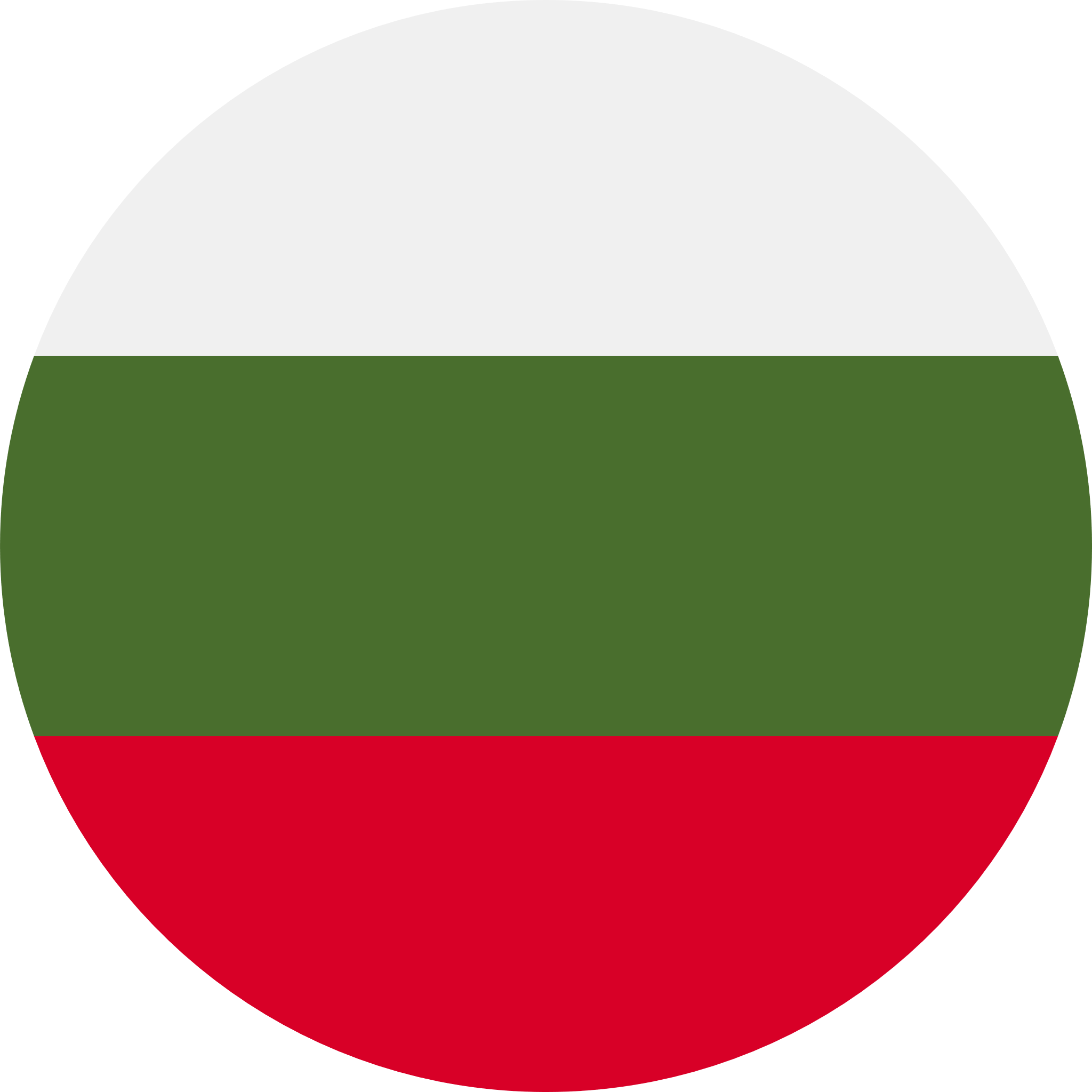
BULGARIA
Article 162 (1): Anyone who, by speech, press or other media, by electronic information systems or in another manner, propagates or incites discrimination, violence or hatred on the grounds of race, nationality or ethnic origin shall be punishable by imprisonment of one to four years and a fine from BGN 5,000 to 10,000, as well as public censure.
Article 164 (1): A person who propagates or instigates discrimination, violence or hatred on religious basis by speech, through the press or other mass media, through electronic information systems or in another way, shall be punished by imprisonment for up to four years or probation and a fine from BGN five thousand to ten thousand.
| Status of country in relation to the ICCPR | ||||
| Accession | Succession | Ratification | Declaration/Reservation to Article 20(2) | |
| Bulgaria | x | No | ||

BURKINA FASO
–
| Status of country in relation to the ICCPR | ||||
| Accession | Succession | Ratification | Declaration/Reservation to Article 20(2) | |
| Burkina Faso | x | No | ||

BURUNDI
–
| Status of country in relation to the ICCPR | ||||
| Accession | Succession | Ratification | Declaration/Reservation to Article 20(2) | |
| Burundi | x | No | ||

CABO VERDE
–
| Status of country in relation to the ICCPR | ||||
| Accession | Succession | Ratification | Declaration/Reservation to Article 20(2) | |
| Cabo Verde | x | No | ||
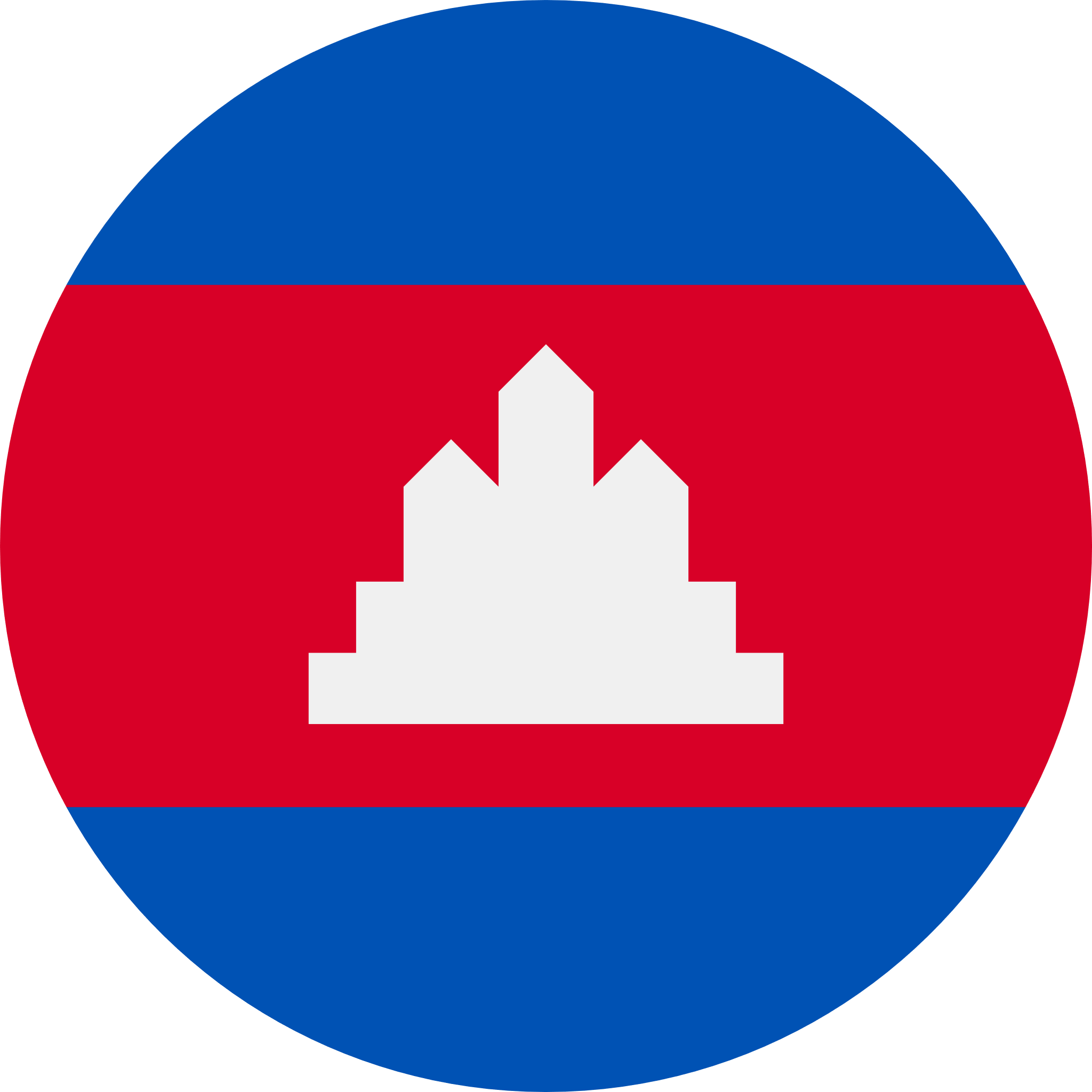
CAMBODIA
Article 494: Existence of incitement
For the enforcement of this Section, the incitement is punishable when it is committed:
- by speech of any kind, made in a public place or meeting;
- by writing or picture of any kind, either displayed or distributed to the public;
- by any audio-visual communication to the public.
Article 496: Incitement to discrimination
The direct incitement, by one of the means defined in Article 494 of this Code, to discrimination, to be malicious or violent against a person or a group of persons because of their membership or non-membership of a particular ethnicity, nationality, race or religion, shall be punishable by imprisonment from one to three years and a fine of two million to six million Riels, where the incitement was ineffective.
| Status of country in relation to the ICCPR | ||||
| Accession | Succession | Ratification | Declaration/Reservation to Article 20(2) | |
| Cambodia | x | No | ||

CAMEROON
Section 241: Contempt of Race or Religion
(1) Whoever commits contempt, within the meaning of section 152 of this Code, of the race or religion of a number of citizens or residents shall be punished with imprisonment for from six days to six months and with a fine of from CFAF five thousand to CFAF five hundred thousand.
(2) Where the offence is committed by means of the press or wireless the fine may extend to CFAF 20 000 000.
(3) Where the offence is committed with intent to arouse hatred or contempt between citizens, the penalties provided by the foregoing subsections shall be doubled.
| Status of country in relation to the ICCPR | ||||
| Accession | Succession | Ratification | Declaration/Reservation to Article 20(2) | |
| Cameroon | x | No | ||

CANADA
Public incitement of hatred
Article 319 (1) Everyone who, by communicating statements in any public place, incites hatred against any identifiable group where such incitement is likely to lead to a breach of the peace is guilty of:
(a) an indictable offence and is liable to imprisonment for a term not exceeding two years; or
(b) an offence punishable on summary conviction.
Willful promotion of hatred
(2) Everyone who, by communicating statements, other than in private conversation, willfully promotes hatred against any identifiable group is guilty of:
(a) an indictable offence and is liable to imprisonment for a term not exceeding two years; or
(b) an offence punishable on summary conviction.
Marginal note: Defenses
(3) No person shall be convicted of an offence under subsection (2)
(a) if he establishes that the statements communicated were true;
(b) if, in good faith, the person expressed or attempted to establish by an argument an opinion on a religious subject or an opinion based on a belief in a religious text;
(c) if the statements were relevant to any subject of public interest, the discussion of which was for the public benefit, and if on reasonable grounds he believed them to be true; or
(d) if, in good faith, he intended to point out, for the purpose of removal, matters producing or tending to produce feelings of hatred toward an identifiable group in Canada.
—–
(7) In this section, communicating includes communicating by telephone, broadcasting or other audible or visible means;
Identifiable group has the same meaning as in section 318.
Definition of identifiable group
Article 318(4) In this section, identifiable group means any section of the public distinguished by colour, race, religion, national or ethnic origin, age, sex, sexual orientation, gender identity or expression, or mental or physical disability.
public place includes any place to which the public have access as of right or by invitation, express or implied; (endroit public)
statements includes words spoken or written or recorded electronically or electro-magnetically or otherwise, and gestures, signs or other visible representations. (déclarations)
| Status of country in relation to the ICCPR | ||||
| Accession | Succession | Ratification | Declaration/Reservation to Article 20(2) | |
| Canada | x | No | ||
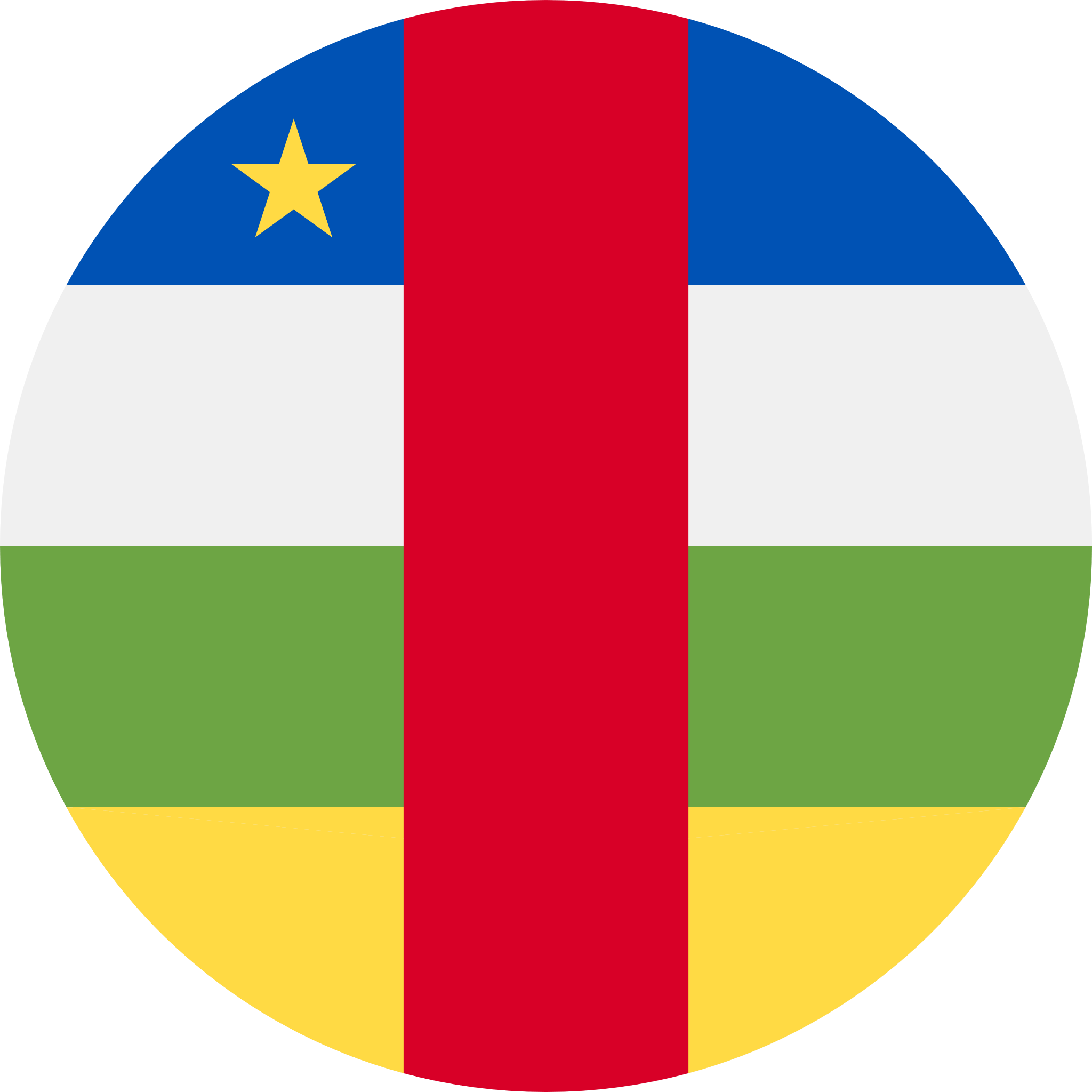
CENTRAL AFRICAN REPUBLIC
Article 292: The dissemination, by any means whatsoever, of propaganda tending to inspire in citizens or inhabitants contempt for certain categories of persons or hate, to urge them to attack by violence, to revolt, to subvert, against the constitution, the legally established State powers, State officers and Judges carrying out their duties, the military, the collection of taxes, the economic and social structures of the nation, the distribution of real property and real property wealth, is prohibited. The dissemination of propaganda of such a kind as to harm the vital interests of the State and the nation is also prohibited. The offenders specified above shall be punished by a sentence of imprisonment of five to ten years and a fine of 500,000 to 10,000,000 Francs.
Article 293: Anyone who makes public statements or propaganda supporting racial, tribal, ethnic, regional segregation, genocide and any acts contrary to human conscience shall be punished by a sentence of imprisonment of two to five years and a fine of 100,002 to 1,000,000 Francs.
| Status of country in relation to the ICCPR | ||||
| Accession | Succession | Ratification | Declaration/Reservation to Article 20(2) | |
| Central African Republic | x | No | ||

CHAD
2010 Media Law No.17:
The law prohibits “inciting racial, ethnic, or religious hatred,” which is punishable by up to two years in prison and a fine of one to three million Central African (CFA) Francs.
Information taken from secondary source – US Department of State Report on Chad 2019.
| Status of country in relation to the ICCPR | ||||
| Accession | Succession | Ratification | Declaration/Reservation to Article 20(2) | |
| Chad | x | No | ||

CHILE
The Law on The Freedom of Opinion and Information and Journalism Practice
Article 31: Anyone who, by any means of social communication, makes publications or transmissions intended to promote hatred or hostility towards people or groups based on their race, sex, religion or nationality, will be punished with a fine of twenty-five to one hundred tax units monthly. In case of recidivism, the fine may be increased to two hundred monthly tax units.
| Status of country in relation to the ICCPR | ||||
| Accession | Succession | Ratification | Declaration/Reservation to Article 20(2) | |
| Chile | x | No | ||

CHINA
Article 249: Those provoking ethnic hatred or discrimination, if the case is serious, are to be sentenced to three years or less in prison, put under criminal detention or surveillance, or deprived of their political rights. If the case is especially serious, they are to be sentenced to three to 10 years in prison.
Article 250: Persons directly responsible for publishing materials that discriminate or insult minority nationalities, if the case is serious and results in grave consequences, are to be sentenced to three years or less in prison, or put under criminal detention or surveillance.
Law of the People’s Republic of China on Penalties for Administration of Public Security
Article 47: A person who incites national hatred or national discrimination, or publishes contents about national discrimination or humiliation in publications or computer information networks shall be detained for not less than 10 days and not more than 15 days and may, in addition, be fined not more than 1,000 Yuan.
| Status of country in relation to the ICCPR | ||||
| Accession | Succession | Ratification | Declaration/Reservation to Article 20(2) | |
| China | x | No | ||
COLOMBIA
Criminal Code
Article 134a: Racist or Discriminatory Acts.
Anyone who arbitrarily prevents, obstructs or restricts the full exercise of the rights of persons on the grounds of race, nationality, sex or sexual orientation shall be liable to imprisonment of twelve (12) to thirty-six (36) months and to a fine of ten to fifteen times the statutory minimum monthly wage.
Article 134b: Harassment on the grounds of race, religion, political ideology, or national, ethnic or cultural origin
Any person who promotes or instigates acts, behaviour or conduct constituting harassment, aimed at causing physical or moral harm to a person, group of persons, community or people, on account of their race, ethnicity, religion, nationality, political or philosophical ideology, sex or sexual orientation, shall be imprisoned for twelve (12) to thirty-six (36) months and fined ten (10) to fifteen (15) times the statutory monthly minimum wage in force, unless the conduct constitutes an offence punishable by a greater penalty
Article 134c: Circumstances of punitive aggravation
The penalties provided for in the preceding articles shall be increased by one-third to one-half when: 1. The conduct is displayed in a public space, public establishment or place open to the public. 2. The conduct is displayed through the use of mass media. 3. The conduct is displayed by a public servant. 4. The conduct is exhibited for or in connection with the provision of a public service. 5. The conduct is directed against a child, an adolescent or a senior citizen. 6. The conduct is aimed at denying or restricting workers’ rights. (Colombia 2011, emphasis in original)
Above information taken from a secondary source.
| Status of country in relation to the ICCPR | ||||
| Accession | Succession | Ratification | Declaration/Reservation to Article 20(2) | |
| Colombia | x | No | ||

COMOROS
Article 260: Defamation against individuals through one of the means set out in Article 247 will be punished by imprisonment of one to six months and a fine of 15,000 to 75,000 Francs or one of these two sentences only. Defamation committed by the same means against a group of people due to their belonging to a race or a specific religion will be punished by imprisonment of two months to two years and a fine of 15,000 to 200,0000 Francs when the aim is to incite hatred between citizens and inhabitants.
Article 247: Broadcasting, television, cinema, press, display, exhibition, distribution of writings or images of all kinds, speeches, songs, shouts or threats uttered are considered as means of public dissemination. In public places or meetings and all spaces intended to reach the public.
| Status of country in relation to the ICCPR | ||||
| Accession | Succession | Ratification | Declaration/Reservation to Article 20(2) | |
| Comoros | x | No | ||

CONGO BRAZZAVILLE
–
| Status of country in relation to the ICCPR | ||||
| Accession | Succession | Ratification | Declaration/Reservation to Article 20(2) | |
| Congo Brazzaville | x | No | ||

COSTA RICA
–
| Status of country in relation to the ICCPR | ||||
| Accession | Succession | Ratification | Declaration/Reservation to Article 20(2) | |
| Costa Rica | x | No | ||

COTE D’IVOIRE
–
| Status of country in relation to the ICCPR | ||||
| Accession | Succession | Ratification | Declaration/Reservation to Article 20(2) | |
| Cote d’Ivoire | x | No | ||
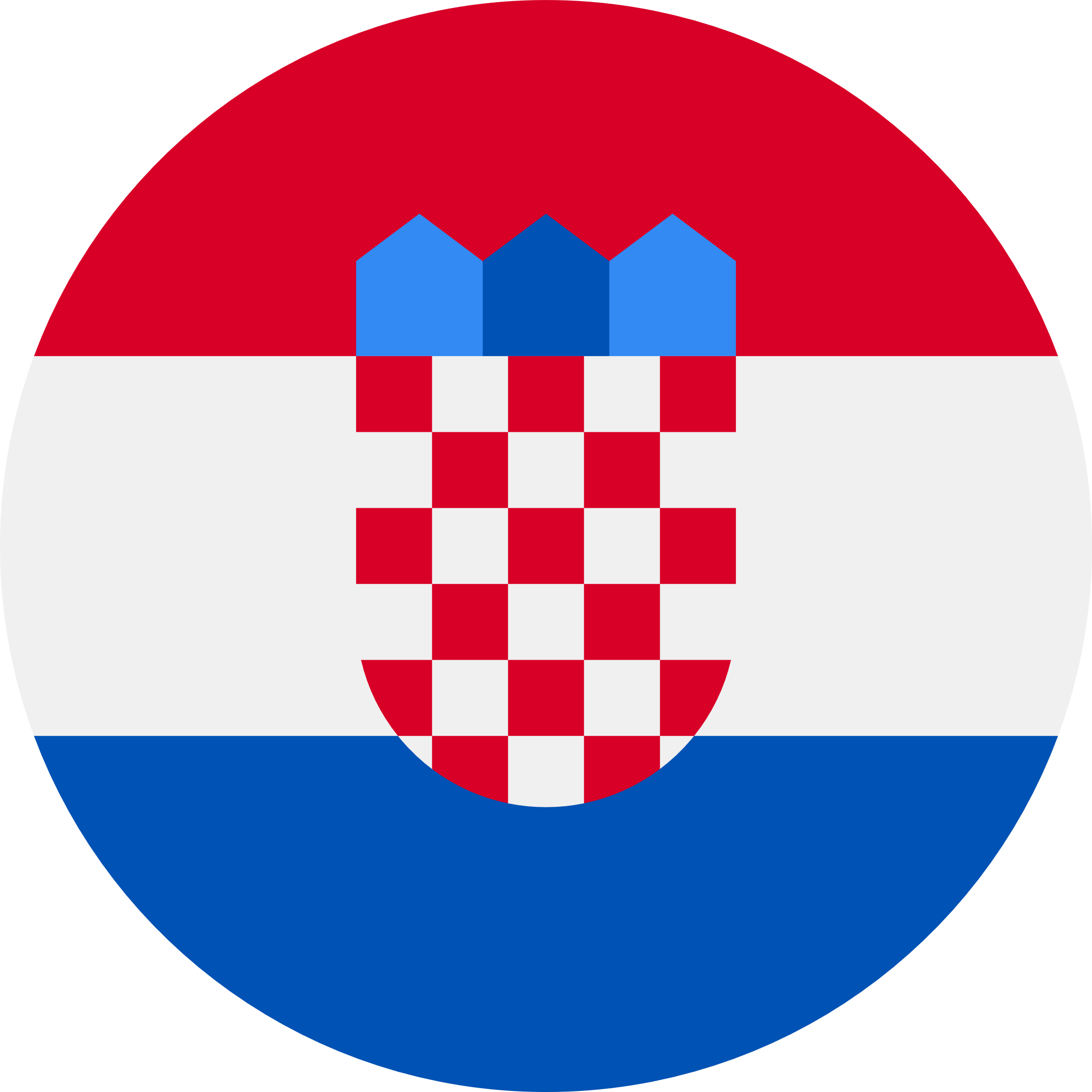
CROATIA
Article 325: Public Incitement to Violence and Hatred
Article 325 (1) Whoever in print, through radio, television, computer system or network, at a public gathering or in some other way publicly incites to or makes available to the public tracts, pictures or other material instigating violence or hatred directed against a group of persons or a member of such a group on account of their race, religion, national or ethnic origin, descent, colour, gender, sexual orientation, gender identity, disability or any other characteristics shall be punished by imprisonment not exceeding three years.
(2) The same punishment as referred to in paragraph 1 of this Article shall be inflicted on whoever publicly approves of, denies or grossly trivializes the crimes of genocide, crimes of aggression, crimes against humanity or war crimes, directed against a group of persons or a member of such a group on account of their race, religion, national or ethnic origin, descent or colour in a manner likely to incite to violence or hatred against such a group or a member of such a group.
(3) The attempt to carry out or commit criminal offences referred to in paragraph 1 and 2 of this Article shall be punishable
Article 25:
(1): Whoever, with the aim to intimidate another person or to create a hostile, degrading or offensive environment on the grounds of a difference in race, ethnic affiliation, colour, gender, language, religion, political or other belief, national or social origin, property, trade union membership, social status, marital or family status, age, health condition, disability, genetic origin, native identity or expression and sexual orientation, hurts another person’s dignity, shall be charged a fine for misdemeanour amounting from HRK 5,000.00 to HRK 30,000.00.
(2) The responsible person as a legal person, state body, legal person vested with public authority, and local and regional self-government unit shall be charged the fine for misdemeanour referred to in paragraph 1 of this Article. 10
(3) If a sole trader or a self-employed person performing any other independent activity commits the misdemeanour referred to in paragraph 1 of this Article in relation to his/her craft or activity, he/she shall be charged a fine of HRK 10,000 to HRK 200,000.00.
(4) A legal person shall be charged a fine of HRK 30,000.00 to HRK 300,000.00 for the misdemeanour referred to in paragraph 1 of this Article
| Status of country in relation to the ICCPR | ||||
| Accession | Succession | Ratification | Declaration/Reservation to Article 20(2) | |
| Croatia | x | No | ||
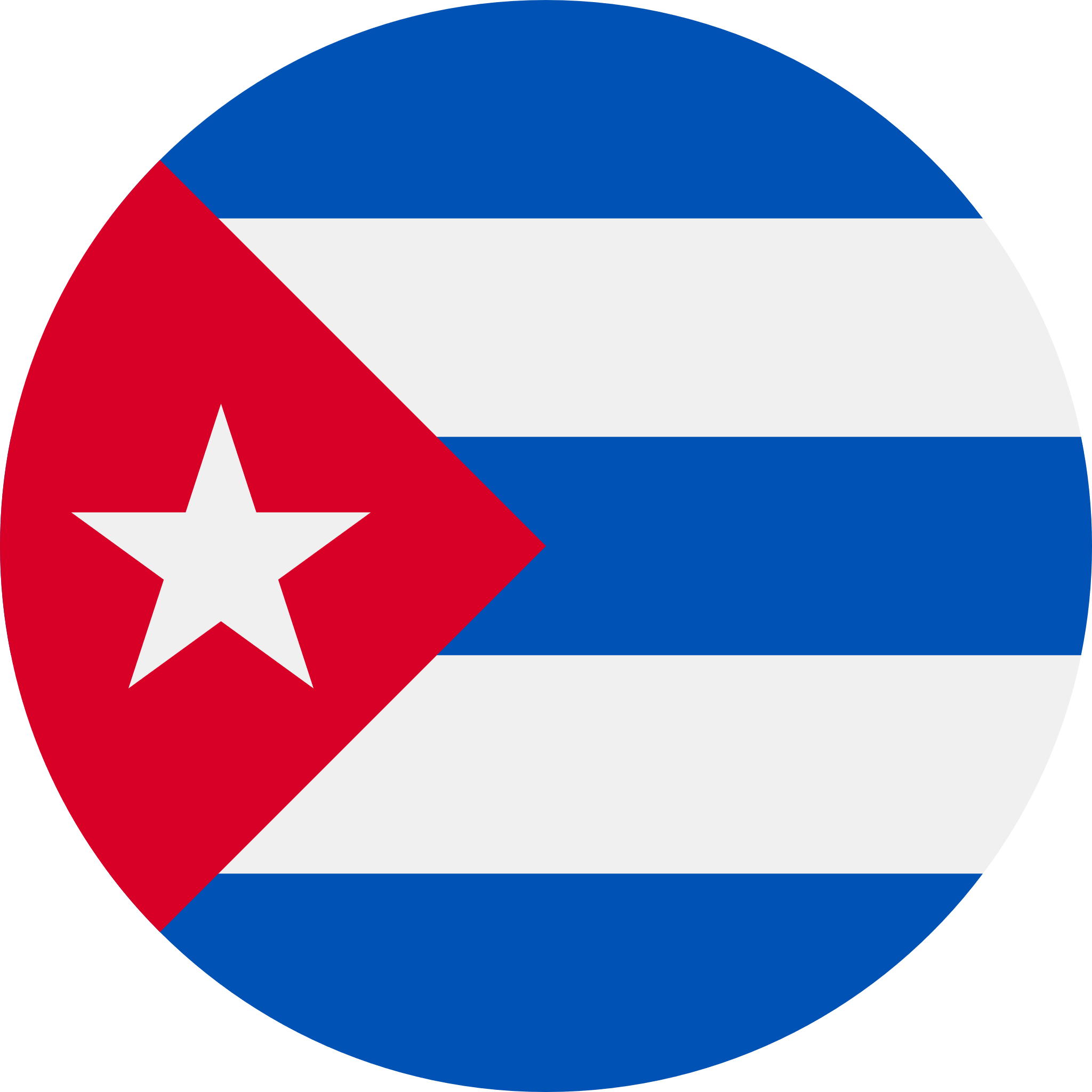
CUBA
Article 349
1. Anyone who discriminates against another person or promotes or incites discrimination, either with manifestations and offensive behaviour to their sex, race, colour or national origin or with actions to hinder or impede them, for reasons of sex, race, colour or national origin, the exercise or enjoyment of the rights of equality established in the Constitution, incurs a sanction of deprivation of liberty of six months to three years or a fine of two hundred to five hundred quotas or both.
2. The same penalty is incurred by anyone who disseminates ideas based on racial superiority or hatred or commits acts of violence or incites to commit them against any race or group of people of another colour or ethnic origin.
| Status of country in relation to the ICCPR | ||||
| Accession | Succession | Ratification | Declaration/Reservation to Article 20(2) | |
| Cuba | x | No | ||

CYPRUS
Article 99A: Incitement to violence or hatred due to sexual orientation or gender identity
(1) A person who intentionally, publicly and in a manner that is threatening or abusive or offensive in nature, promotes or incites, verbally or through the press or in written texts or illustrations or in any other way, violence or hatred directed against a group persons or a member of a group of persons identified on the basis of their sexual orientation or gender identity, is guilty of an offence and, if convicted, is subject to imprisonment not exceeding 3 years or to a fine not exceeding five thousand Euros or both.
(2) Criminal proceedings under this article shall be instituted only with the approval of the Attorney General of the Republic.
Article 3(1): A person who intentionally and publicly disseminates and incites, in any manner, violence or hate against a group of persons or its members determined according to race, colour, religion, descent or national or ethnic origin, in a manner which disrupts public order or which is threatening, abusive or insulting is subject to imprisonment which does not exceed 5 years or a fine that does not exceed€ 10 000 or both.
| Status of country in relation to the ICCPR | ||||
| Accession | Succession | Ratification | Declaration/Reservation to Article 20(2) | |
| Cyprus | x | No | ||

CZECH REPUBLIC
Section 355 Defamation of Nation, Race, Ethnic or other Group of People
1) Whoever publicly defames a) any nation, its language, any race or ethnic group, or b) a group of people for their true or presupposed race, belonging to an ethnic group, nationality, political or religious beliefs or because they are truly or supposedly without religion, shall be sentenced to imprisonment of up to two years.
(2) An offender shall be sentenced to imprisonment for up to two years, if he/she commits the act referred to in Sub-section (1) a) with at least two persons, or b) by press, film, radio, television, publicly accessible computer network or in another similarly effective way.
Section 356 Instigation of Hatred towards a Group of People or of Suppression of their Rights and Freedoms
(1) Whoever publicly instigates hatred towards any nation, race, ethnic group, religion, class or another group of people or instigates suppression of rights and freedoms of their members, shall be sentenced to imprisonment of up to two years.
(2) The same sentence shall be imposed on anyone who conspires or assembles to commit the act referred to in Sub-section (1).
(3) An offender shall be sentenced to imprisonment for six months to three years, if he/she a) commits the act referred to in Sub-section (1) by press, film, radio, television, publicly accessible computer network or in another similarly effective way, or b) actively participates in activities of a group, organization or association that promotes discrimination, violence or race, ethnical, class, religious or other hatred by such an act.
| Status of country in relation to the ICCPR | ||||
| Accession | Succession | Ratification | Declaration/Reservation to Article 20(2) | |
| Czech Republic | x | No | ||
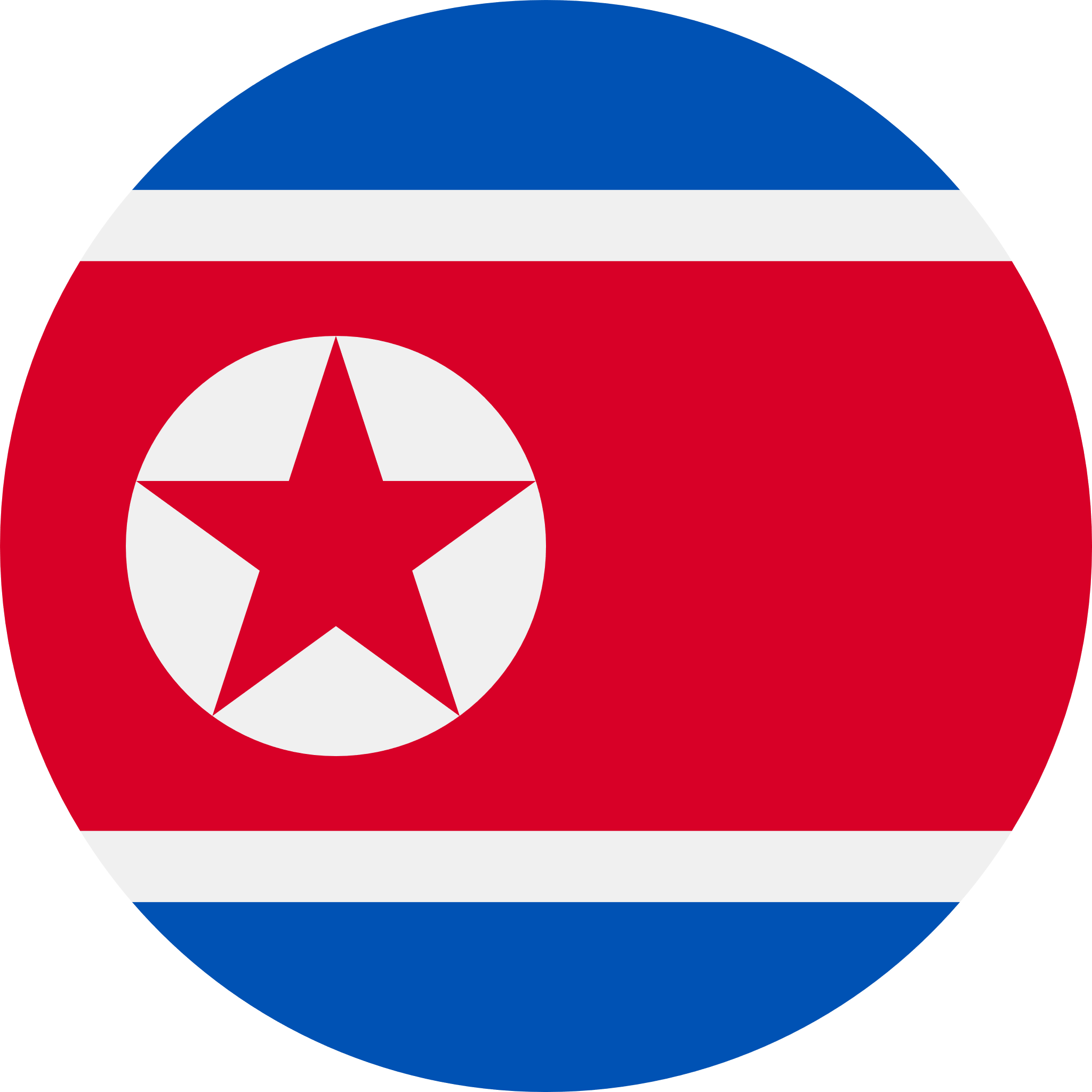
DEMOCRATIC PEOPLE’S REPUBLIC OF KOREA
–
| Status of country in relation to the ICCPR | ||||
| Accession | Succession | Ratification | Declaration/Reservation to Article 20(2) | |
| Democratic People’s Republic of Korea | x | No | ||

DEMOCRATIC REPUBLIC OF THE CONGO
Law no. 96-002 Freedom of Press (1996)
Article 77: Those who incite to discrimination, hate or violence, against a person or group of persons due to their origin or belonging or non-belonging to an ethnic, national, racial group, ideology or religion are punished in accordance with Article 76.
Law No. 8-2001 on Freedom of Information and Communication (2001)
Article 188: Those who, by one of the means set out in article 187 of this law, have provoked discrimination, hatred or violence against a person or a group of people on the grounds of their origin or their belonging or not to an ethnic group, a nation, a race, a specific religion or a philosophical movement, will be punished with a fine of 150,000 CFA francs to 1,500,000 CFA francs when this provocation would have had no effect.
Means set out in Article 187: Speeches, cries or threats uttered in meetings or public places, or by writings, prints, drawings, engravings, paintings, emblems, images, or any other written, spoken or visual medium sold or distributed or exhibited in public places, either by placards or posters
| Status of country in relation to the ICCPR | ||||
| Accession | Succession | Ratification | Declaration/Reservation to Article 20(2) | |
| Democratic Republic of the Congo | x | No | ||
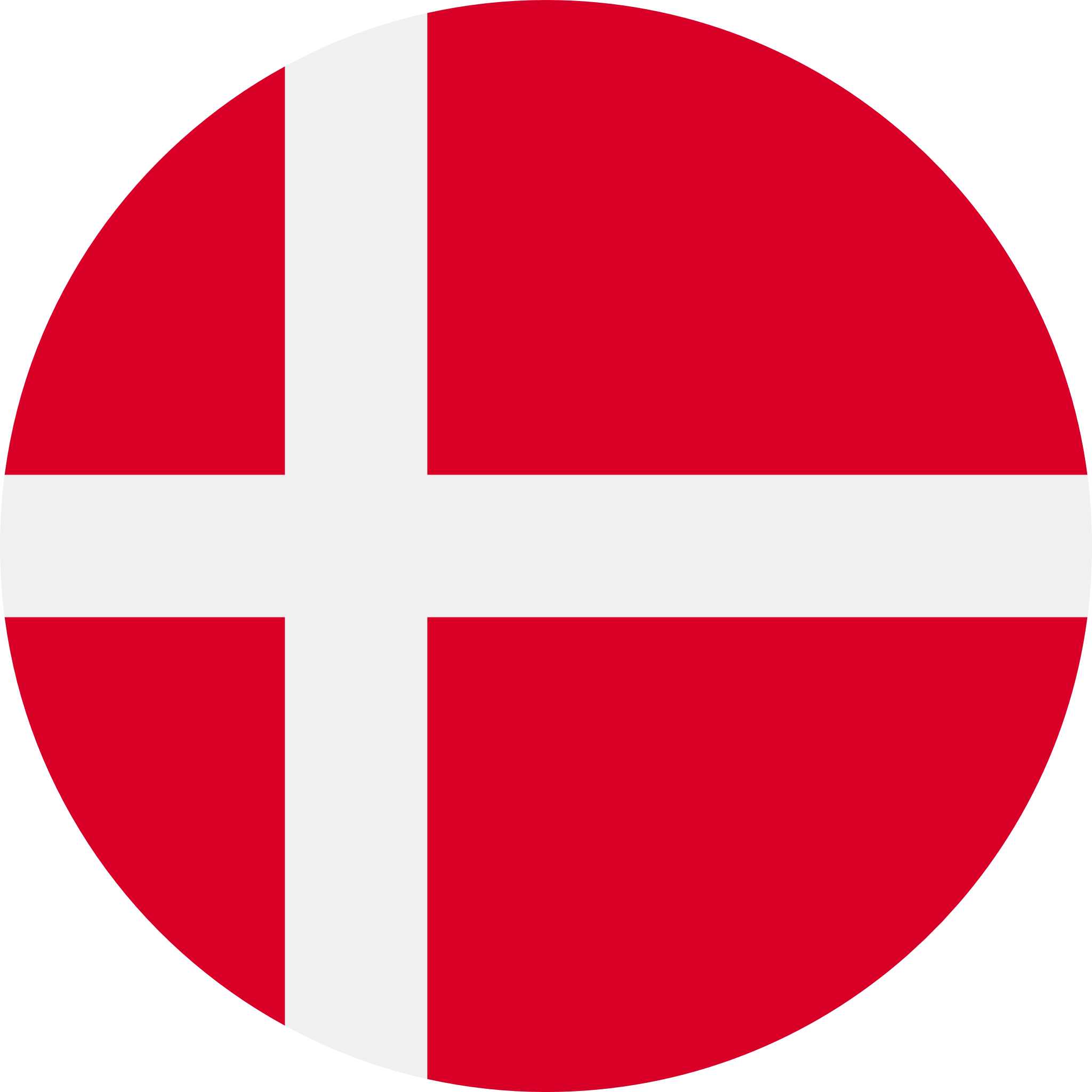
DENMARK
Article 266(b)
(1) Any person “who, publicly or with the intention of wider dissemination, makes a statement or imparts other information by which a group of people are threatened, insulted or degraded on account of their race, colour, national or ethnic origin, religion, or sexual inclination shall be liable to a fine or to imprisonment for any term not exceeding two years.
(2) In determining the punishment it shall be considered a particularly aggravating circumstance if the conduct is of a propagandistic nature.
| Status of country in relation to the ICCPR | ||||
| Accession | Succession | Ratification | Declaration/Reservation to Article 20(2) | |
| Denmark | x |
Yes (Reservation): Reservation is made to Article 20, paragraph 1. This reservation is in accordance with the vote cast by Denmark in the XVI General Assembly of the United Nations in 1961 when the Danish Delegation, referring to the preceding article concerning freedom of expression, voted against the prohibition against propaganda for war. |
||

DJIBOUTI
An Act on cyber-crime promulgated in 2014 strengthens the Criminal Code provision on discrimination and defines “racist and xenophobic” as “any written, visual or other representation of ideas or theories that condone or encourage hatred, discrimination or violence against a person or group of persons based on their race, colour, ancestry or national, ethnic or religious background, to the extent that the latter leads to or incites the types of discrimination described herein.”
Information taken from a secondary source (UN).
Article 391 of the Criminal Code provides for a punishment of 400,000 Francs and 2 years’ imprisonment.
| Status of country in relation to the ICCPR | ||||
| Accession | Succession | Ratification | Declaration/Reservation to Article 20(2) | |
| Djibouti | x | No | ||
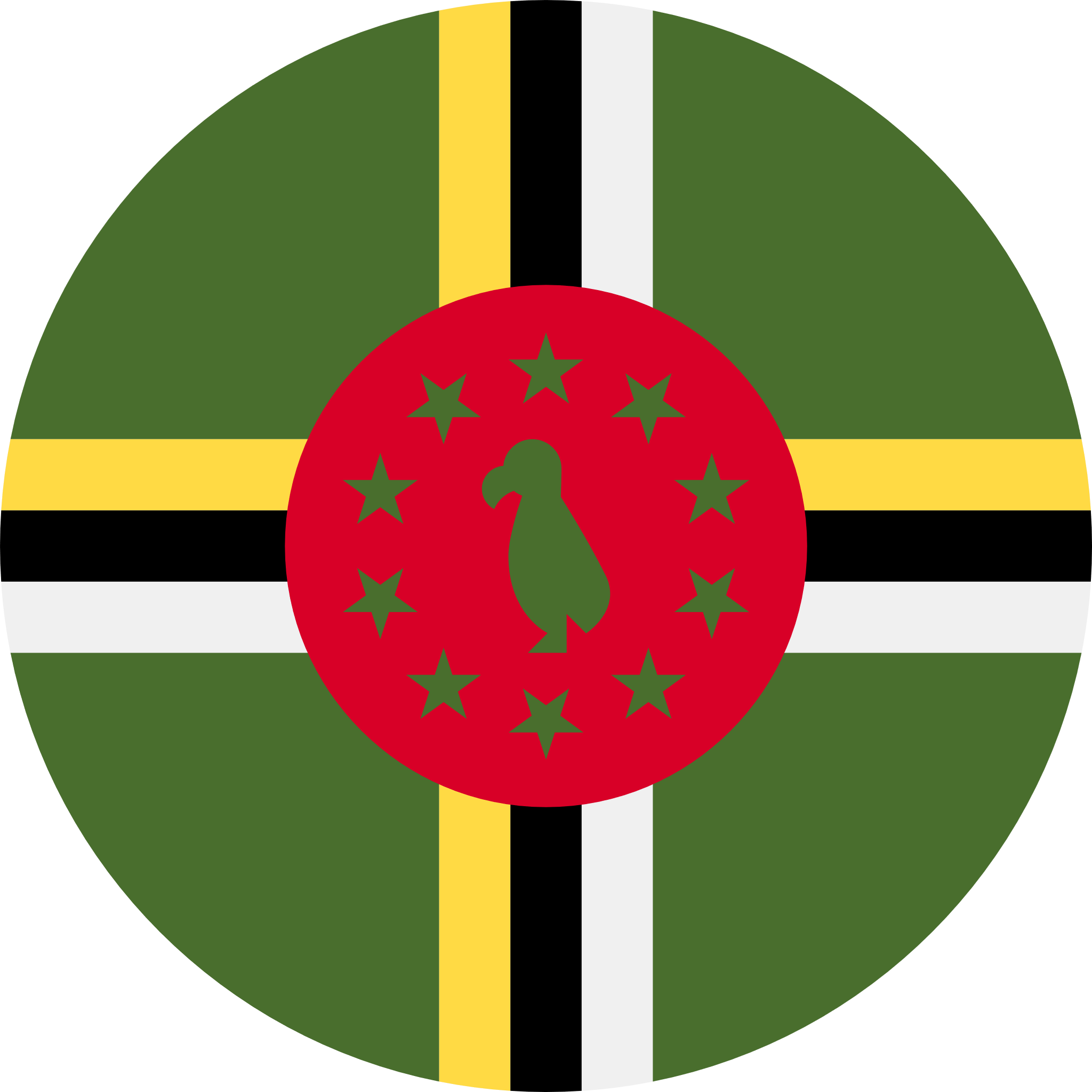
DOMINICA
Nationality and Racial Offences Act
Article 6: A person is guilty of an offence if, with the intent to stir up hatred against any person or any section of the public in Dominica on the grounds of colour, race or ethnic or national origins –
- He publishes or distributes written matter which is threatening, abusive or insulting;
- He uses, in any public space, or at any meeting, words which are threatening, abusive or insulting or words likely to stir up hatred against that person or section of the public on grounds of colour, race or ethnic or national origins
| Status of country in relation to the ICCPR | ||||
| Accession | Succession | Ratification | Declaration/Reservation to Article 20(2) | |
| Dominica | x | No | ||

DOMINICAN REPUBLIC
–
| Status of country in relation to the ICCPR | ||||
| Accession | Succession | Ratification | Declaration/Reservation to Article 20(2) | |
| Dominican Republic | x | No | ||
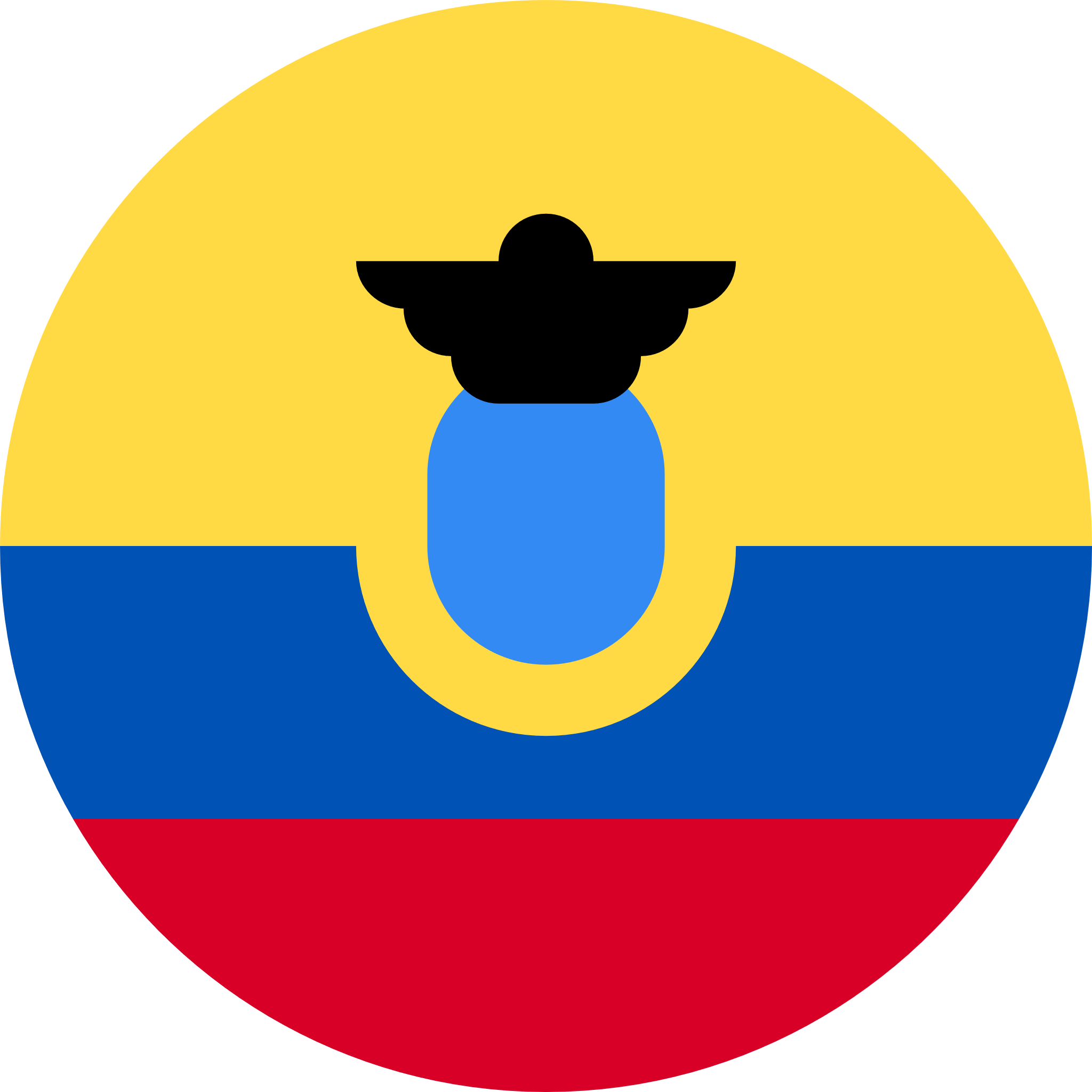
ECUADOR
–
| Status of country in relation to the ICCPR | ||||
| Accession | Succession | Ratification | Declaration/Reservation to Article 20(2) | |
| Ecuador | x | No | ||
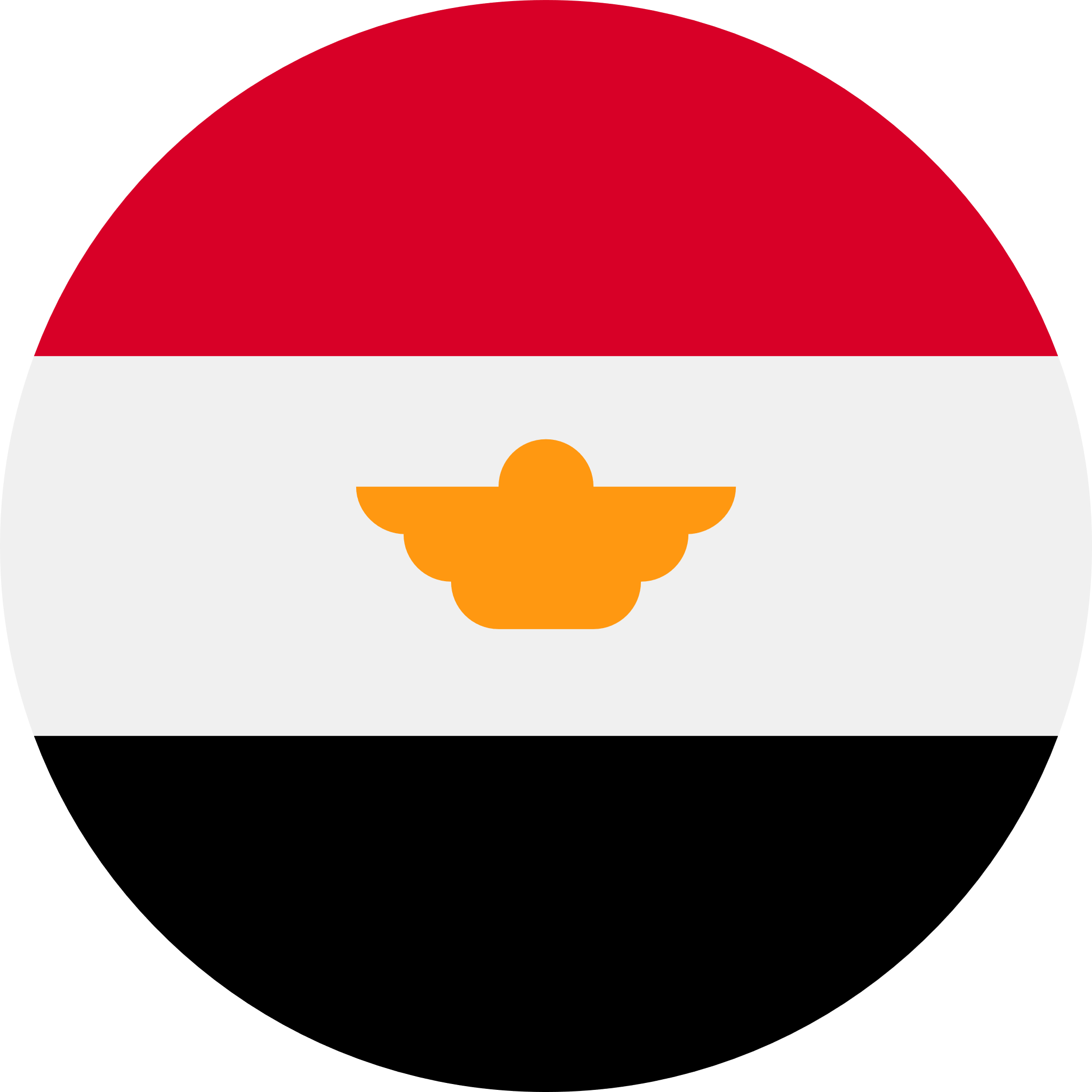
EGYPT
–
| Status of country in relation to the ICCPR | ||||
| Accession | Succession | Ratification | Declaration/Reservation to Article 20(2) | |
| Egypt | x | No | ||

EL SALVADOR
–
| Status of country in relation to the ICCPR | ||||
| Accession | Succession | Ratification | Declaration/Reservation to Article 20(2) | |
| El Salvador | x | No | ||

EQUATORIAL GUINEA
–
| Status of country in relation to the ICCPR | ||||
| Accession | Succession | Ratification | Declaration/Reservation to Article 20(2) | |
| Equatorial Guinea | x | No | ||

ERITREA
Article 195: Defamation of or Interference with Religious and Ethnic Groups
A person who intentionally and publicly asserts fabricated or distorted facts, knowing them to be such, in order to cast disparagement upon any religion or ethnic group, or who unlawfully disrupts or attempts to obstruct a religious service or assembly, is guilty of defamation of or interference with religious and ethnic groups, a Class 1 petty offence, punishable with a definite term of imprisonment of not less than 6 months and not more than 12 months, or a fine of 20,001 – 50,000 Nakfas, to be set at intervals of 2,500 Nakfas.
Art. 196: Disturbance of Religious or Ethnic Feelings.
A person who intentionally and publicly disparages a ceremony or rite of any lawful religious group, or profanes a place, image or object used for such religious ceremonies or ceremonies relating to any ethnic group, is guilty of disturbance of religious or ethnic feelings, a Class 1 petty offence, punishable with a definite term of imprisonment of not less than 6 months and not more than 12 months, or a fine of 20,001 – 50,000 Nakfas, to be set at intervals of 2,500 Nakfas.
Article 302: Insulting Behaviour and Outrage
(1) A person who, by addressing himself to another person or by referring to another person, offends the honour of that other person by insult or injury by: (a) distastefully touching upon the latter’s physical or mental impairment, or the latter’s ethnic, religious or racial background; (b) use of grossly obscene words or utterances; (c) reference to the victim’s profession or (d) any other words or utterances of similar severity, is guilty of insulting behaviour and outrage, a Class 2 petty offence, punishable with a definite term of imprisonment of not less than 1 month and not more than 6 months, or a fine of 5,001 – 20,000 Nakfas, to be set at intervals of 1,000 Nakfas.
Proclamation No.90/1995: The Press Proclamation
Article 12: Matters not to be disseminated
All those participating in public or private press in general, and heads of press in particular, [illegible] chief editors and journalists, are prohibited from publishing and disseminating the following matters.
(1) any matter which vilifies or belittles humanitarian and religious beliefs…
(3) any matter which incites religious and sub-national differences, promotes the spirit of division and dissension among the people, vilifies the Eritrean people’s tradition of struggle and incites violence and terrorism.
| Status of country in relation to the ICCPR | ||||
| Accession | Succession | Ratification | Declaration/Reservation to Article 20(2) | |
| Eritrea | x | No | ||

ESTONIA
Article 12: Incitement to ethnic, racial, religious or political hatred, violence or discrimination is prohibited and punishable by law. Incitement to hatred and violence between social classes or to discrimination against a social class is also prohibited and punishable by law.
Article 151: Incitement of hatred
(1) Activities which publicly incite to hatred, violence or discrimination on the basis of nationality, race, colour, sex, language, origin, religion, sexual orientation, political opinion, or financial or social status, if this results in danger to the life, health or property of a person, is punishable by a fine of up to three hundred fine units or by detention.
(2) The same act if: 1) it causes the death of a person or results in damage to health or other serious consequences; or 2) it is committed by a person who has previously been punished by such act; or 3) is punishable by a pecuniary punishment or up to three years’ imprisonment.
(3) An act provided for in subsection (1) of this section, if committed by a legal person, is punishable by a fine of up to 3200 euros.
(4) An act provided for in subsection (2) of this section, if committed by a legal person, is punishable by a pecuniary punishment.
| Status of country in relation to the ICCPR | ||||
| Accession | Succession | Ratification | Declaration/Reservation to Article 20(2) | |
| Estonia | x | No | ||

ESWATINI
–
| Status of country in relation to the ICCPR | ||||
| Accession | Succession | Ratification | Declaration/Reservation to Article 20(2) | |
| Eswatini | x | No | ||

ETHIOPIA
Hate Speech and Disinformation Prevention and Suppression Proclamation
Section 2: Definition
“Hate speech” means speech that deliberately promotes hatred, discrimination or attack against a person or a discernible group of identity, based on ethnicity, religion, race, gender or disability.
Section 3. Objectives
The objectives of the Proclamation are to:
1. Ensure that in their exercise of freedom of expression, individuals will not engage in speech that incites violence, is likely to cause public disturbance or promotes hatred and discrimination against a person or an identifiable group or community based on ethnicity, religion, race, gender or disability;
2. Promote tolerance, civil discourse and dialogue, mutual respect and understanding and strengthening of democratic governance;
3. Control and suppress the dissemination and proliferation of hate speech, disinformation and other related false and misleading information.
Section 4: Prohibition of Hate Speech
Any person disseminating hate speech by means of broadcasting, print or social media using text, image, audio or video is prohibited.
| Status of country in relation to the ICCPR | ||||
| Accession | Succession | Ratification | Declaration/Reservation to Article 20(2) | |
| Ethiopia | x | No | ||

FIJI
Article 17: Freedom of speech, expression and publication:
(2) Freedom of speech, expression, thought, opinion and publication does not protect—
(a) propaganda for war; (b) incitement to violence or insurrection against this Constitution; or
(c) advocacy of hatred that—
(i) is based on any prohibited ground of discrimination listed or prescribed under section 26; and (ii) constitutes incitement to cause harm.
(3) To the extent that it is necessary, a law may limit, or may authorize the limitation of the rights and freedoms mentioned in subsection (1) in the interests of—
(b) the protection or maintenance of the reputation, privacy, dignity, rights or freedoms of other persons, including—
(i) the right to be free from hate speech, whether directed against individuals or groups; and
(d) preventing attacks on the dignity of individuals, groups of individuals or respected offices or institutions in a manner likely to promote ill will between ethnic or religious groups or the oppression of, or discrimination against, any person or group of persons;
(4) In this section, “hate speech” means an expression in whatever form that encourages, or has the effect of encouraging discrimination on a ground listed or prescribed under section 26.
Section 26:
(3) A person must not be unfairly discriminated against, directly or indirectly on the grounds of his or her—
(a) actual or supposed personal characteristics or circumstances, including race, culture, ethnic or social origin, colour, place of origin, sex, gender, sexual orientation, gender identity and expression, birth, primary language, economic or social or health status, disability, age, religion, conscience, marital status or pregnancy; or
(b) opinions or beliefs, except to the extent that those opinions or beliefs involve harm to others or the diminution of the rights or freedoms of others, or on any other ground prohibited by this Constitution.
| Status of country in relation to the ICCPR | ||||
| Accession | Succession | Ratification | Declaration/Reservation to Article 20(2) | |
| Fiji | x | No | ||

FINLAND
Section 10 – Ethnic agitation
A person who makes available to the public or otherwise spreads among the public or keeps available for public information, an expression of opinion or another message where a certain group is threatened, defamed or insulted on the basis of its race, skin colour, birth status, national or ethnic origin, religion or belief, sexual orientation or disability or a comparable basis, shall be sentenced for ethnic agitation to a fine or to imprisonment of a maximum of two years.
| Status of country in relation to the ICCPR | ||||
| Accession | Succession | Ratification | Declaration/Reservation to Article 20(2) | |
| Finland | x |
Yes (Reservation) With respect to article 20, paragraph 1, of the Covenant, Finland declares that it will not apply the provisions of this paragraph, this being compatible with the standpoint Finland already expressed at the 16th United Nations General Assembly by voting against the prohibition of propaganda for war, on the grounds that this might endanger the freedom of expression referred in article 19 of the Covenant. |
||

FRANCE
Article 222-18-1:
Where threats contrary to the first paragraph of article 222-17 are committed because of the victim’s membership or non-membership, true or supposed, of any given ethnic group, nation, race or religion, they are punishable by two years’ imprisonment and by a fine of Euros 30,000. Threats contrary to the second paragraph of that article or contrary to the first paragraph of article 222-18 are punishable by five years’ imprisonment and by a fine of Euros 75,000, and those contrary to the second paragraph of article 222-18 are punishable by seven years’ imprisonment and a fine of Euros 100, 000. The same penalties are incurred where the threats were made because of the victim’s true or supposed sexual orientation.
Law of 29 July 1881 on the Freedom of the Press
Article 23: Those who, either by speeches, cries or threats uttered in public places or meetings, or by writings, prints, drawings, engravings, paintings, emblems, images or any other, will be punished as accomplices of an action qualified as a crime or misdemeanor. Support for writing, speech or image sold or distributed, offered for sale or exhibited in public places or meetings, either by placards or posters exposed to the public, or by any means of communication to the public by electronic means, will have directly provoked the author or the authors to commit the said action, if the provocation has been followed.
This provision will also be applicable when the provocation has only been followed by an attempted crime provided for in article 2 of the penal code.
Article 24: Those who, by one of the means set out in article 23, have incited discrimination, hatred or violence against a person or a group of persons on the grounds of their origin or of their belonging or not belonging to an ethnic group, a nation, a race or a specific religion, will be punished with one year of imprisonment and a fine of 45,000 euros or one of these two penalties.
Note: Article 23 refers to, inter alia, public speeches, engravings, paintings, emblems, images and threats.
The same penalties as above are given to those who, by these same means, have incited hatred or violence towards a person or a group of persons on the grounds of their sex, their sexual orientation or gender identity or their disability or have caused them discrimination provided for by articles 225-2 and 432-7 of the penal code.
Law No. 2004-575 of 21 June 2004 on confidence in the digital economy
Section 3: Non-public provocation, defamation and insults of a racist or discriminatory nature.
Article R625-8-1:
Non-public insult committed against a person or a group of persons because of their origin of their membership or non-membership, true or supposed, of a specific ethnic group, nation, alleged race or religion is punished by the fine provided for 5th class offences.
A non-public insult against a person or a group of persons because of their sex, sexual orientation or gender identity, or their disability is punishable by the same penalty.
Article R625-7:
Non-public provocation to discrimination, hatred or violence against a person or a group of persons on account of their origin or their membership or non-membership, real or supposed of a particular ethnic group, nation, alleged race or religion is punishable by the fine provided for 5th class offences.
Non-public provocation to hatred or violence against a person or group of persons on the grounds of their sex, sexual orientation or gender identity or their disability as well as non-public provocation, with regard to these same persons, of the discrimination provide for in Articles 225-2 and 432-7, is punishable by the same penalty.
| Status of country in relation to the ICCPR | ||||
| Accession | Succession | Ratification | Declaration/Reservation to Article 20(2) | |
| France | x |
Yes (Declaration) The Government of the Republic declares that the term “war”, appearing in article 20, paragraph1, is to be understood to mean war in contravention of international law and considers, in any case, that French legislation in this matter is adequate. |
||

GABON
Article 222: Whoever participates, in any way whatsoever, in any written or oral propaganda tending to disturb public order, to incite revolt against the authorities of the State, to undermine the Republic in the prestige of its institutions, to provoke the disunity of its citizens, to create racial, religious or tribal hatred and, in general, to harm the vital interests of the State and the Nation, is punished by imprisonment of up to five years and a fine of 5,000,000 FCFA at most.
Article 444: Any offensive expression, contempt or insult that does not include the attribution of any fact is an insult…The maximum prison sentence is one year if the insult has been committed against a group of people due to their origin, religion, ethnicity or race with the aim of inciting hatred between citizens or inhabitants.
| Status of country in relation to the ICCPR | ||||
| Accession | Succession | Ratification | Declaration/Reservation to Article 20(2) | |
| Gabon | x | No | ||
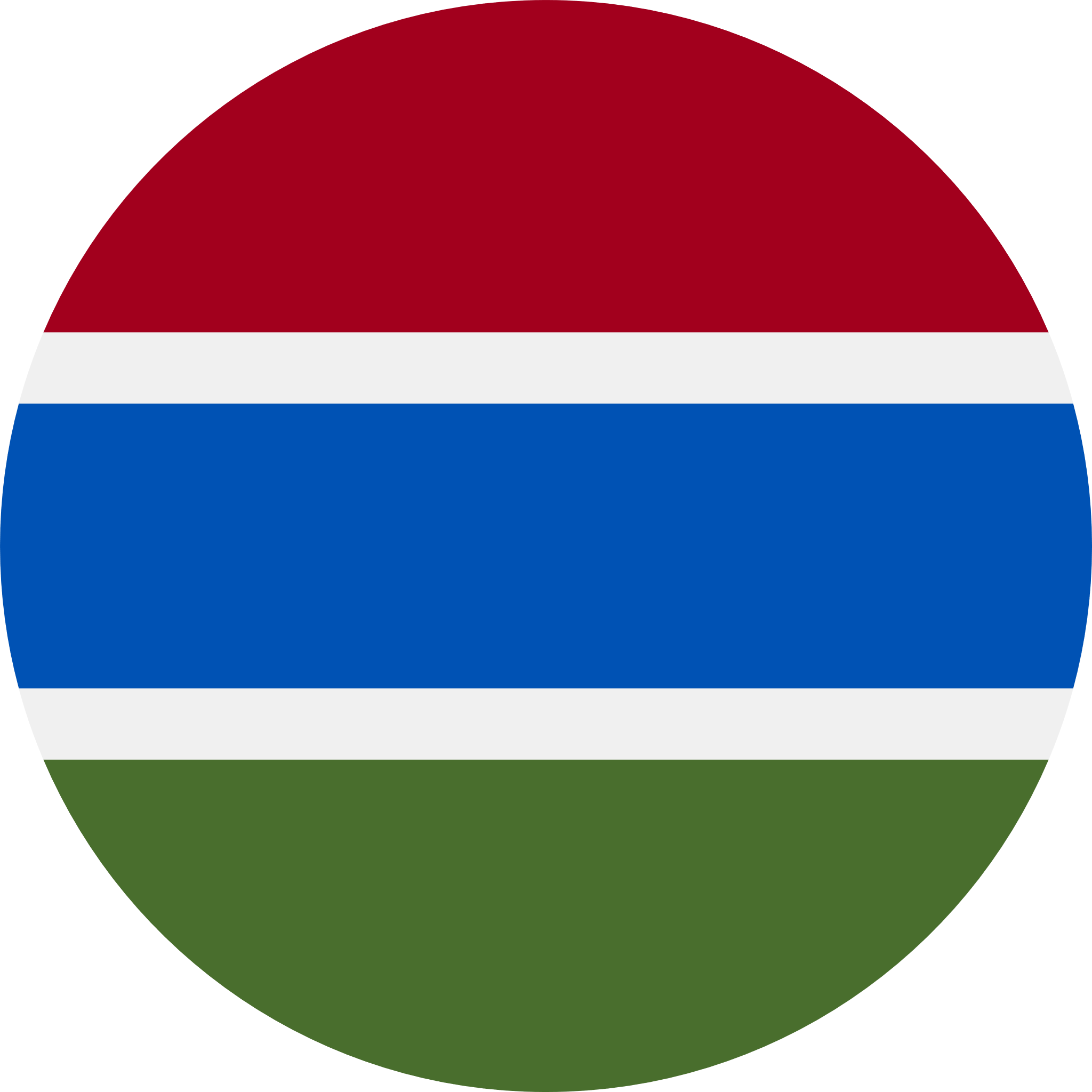
GAMBIA
–
| Status of country in relation to the ICCPR | ||||
| Accession | Succession | Ratification | Declaration/Reservation to Article 20(2) | |
| Gambia | x | No | ||

GEORGIA
Article 142: Racial discrimination
1. Racial discrimination, i.e. an act committed to incite national or racial rivalry or discord in order to humiliate national honour and dignity, as well as direct or indirect restriction of human rights or giving advantage to the person based on race, colour, national or ethnic belonging, which has substantially breached his/her right, shall be punished by imprisonment of up to three years.
2. The same act committed:
- using violence or threat of violence dangerous for life or health,
- by abusing the official position; shall be punished by imprisonment for a term of two to five years.
3. The act provided for by paragraph 1 or 2 of this article which:
- a) has been committed by an organised group;
- b) has caused the death of the victim or resulted in other grave consequences, – shall be punished by imprisonment for a term of four to seven years.
| Status of country in relation to the ICCPR | ||||
| Accession | Succession | Ratification | Declaration/Reservation to Article 20(2) | |
| Georgia | x | No | ||

GERMANY
Section 130: Incitement of masses
(1) Whoever, in a manner which is suitable for causing a disturbance of the public peace,
1. incites hatred against a national, racial, religious group or a group defined by their ethnic origin, against sections of the population or individuals on account of their belonging to one of the aforementioned groups or sections of the population, or calls for violent or arbitrary measures against them or
2. violates the human dignity of others by insulting, maliciously maligning or defaming one of the aforementioned groups, sections of the population or individuals on account of their belonging to one of the aforementioned groups or sections of the population
incurs a penalty of imprisonment for a term of between three months and five years.
1. Disseminates material (section 11 (3)) or makes it available to the public, or offers, supplies or makes available to a person under 18 years of age material (section 11 (3)) which:
a) incites hatred against one of the groups referred to in subsection (1) no. 1, sections of the population or individuals on account of their belonging to one of the groups referred to in subsection (1) no. 1, or sections of the population;
b) calls for violent or arbitrary measures against one of the persons or bodies of persons referred to in letter (a); or
c) attacks the human dignity of one of the persons or bodies of persons referred to in letter (a) by insulting, maliciously maligning or defaming them.
2. Makes content referred to in no. 1 (a) to (c) available to a person under 18 years of age or to the public through broadcasting or telemedia services or
3. Produces, purchases, supplies, stocks, offers, advertises or undertakes to import or export material (section 11 (3)) of such content referred to in no. 1 (a) to (c) in order to use it or parts obtained from it within the meaning of no. 1 or 2 or to facilitate such use by another incurs a penalty of imprisonment for a term not exceeding three years or a fine.
(3) Whoever publicly or in a meeting approves of, denies or downplays an act committed under the rule of National Socialism of the kind indicated in section 6 (1) of the Code of Crimes against International Law in a manner which is suitable for causing a disturbance of the public peace incurs a penalty of imprisonment for a term not exceeding five years or a fine.
(4) Whoever publicly or in a meeting disturbs the public peace in a manner which violates the dignity of the victims by approving of, glorifying or justifying National Socialist tyranny and arbitrary rule incurs a penalty of imprisonment for a term not exceeding three years or a fine.
(5) Subsection (2) no. 1 and no. 3 also applies to material (section 11 (3)) of such content referred to in subsections (3) and (4). Whoever makes content referred to in subsections (3) and (4) available to a person under 18 years of age or available to the public through broadcasting or telemedia services incurs the same penalty specified in subsection (2) no. 2.
(6) In the cases under subsection (2) nos. 1 and 2, also in conjunction with subsection (5), the attempt is punishable.
(7) In the cases under subsection (2), also in conjunction with subsection (5), and in the cases under subsections (3) and (4), section 86 (3) applies accordingly.
Section 130a: Instructions for committing criminal offences
(1) Whoever disseminates or makes available to the public material (section 11 (3)) which is of such a nature as to serve as instructions for committing one of the unlawful acts referred to in section 126 (1) and whose content is intended to encourage or cause others to commit such an act incurs a penalty of imprisonment for a term not exceeding three years or a fine.
1. Disseminates or makes available to the public material (section 11 (3)) which is of such a nature as to serve as instructions for one of the unlawful acts referred to in section 126 (1) or
2. gives instructions for one of the unlawful acts referred to in section 126 (1) either publicly or in a meeting in order to encourage or cause others to commit such an act incurs the same penalty.
(3) Whoever makes content specified in subsection (1) or subsection (2) no. 1 available to the public through broadcasting or telemedia services incurs the penalty under subsection (1).
(4) Section 86 (3) applies accordingly.
Article 1(3): Unlawful content shall be content within the meaning of subsection (1) which fulfils the requirements of the offences described in sections 86, 86a, 89a, 91, 100a, 111, 126, 129 to 129b, 130, 131, 140, 166, 184b in connection with 184d, 185 to 187, 241 or 269 of the Criminal Code and which is not justified.
Section 3(1)(2):
(2) The procedure shall ensure that the provider of the social network:
1. takes immediate note of the complaint and checks whether the content reported in the complaint is unlawful and subject to removal or whether access to the content must be blocked.
2. removes or blocks access to content that is manifestly unlawful within 24 hours of receiving the complaint; this shall not apply if the social network has reached agreement with the competent law enforcement authority on a longer period for deleting or blocking any manifestly unlawful content, removes or blocks access to all unlawful content immediately, this generally being within 7 days of receiving the complaint.
| Status of country in relation to the ICCPR | ||||
| Accession | Succession | Ratification | Declaration/Reservation to Article 20(2) | |
| Germany | x | No | ||
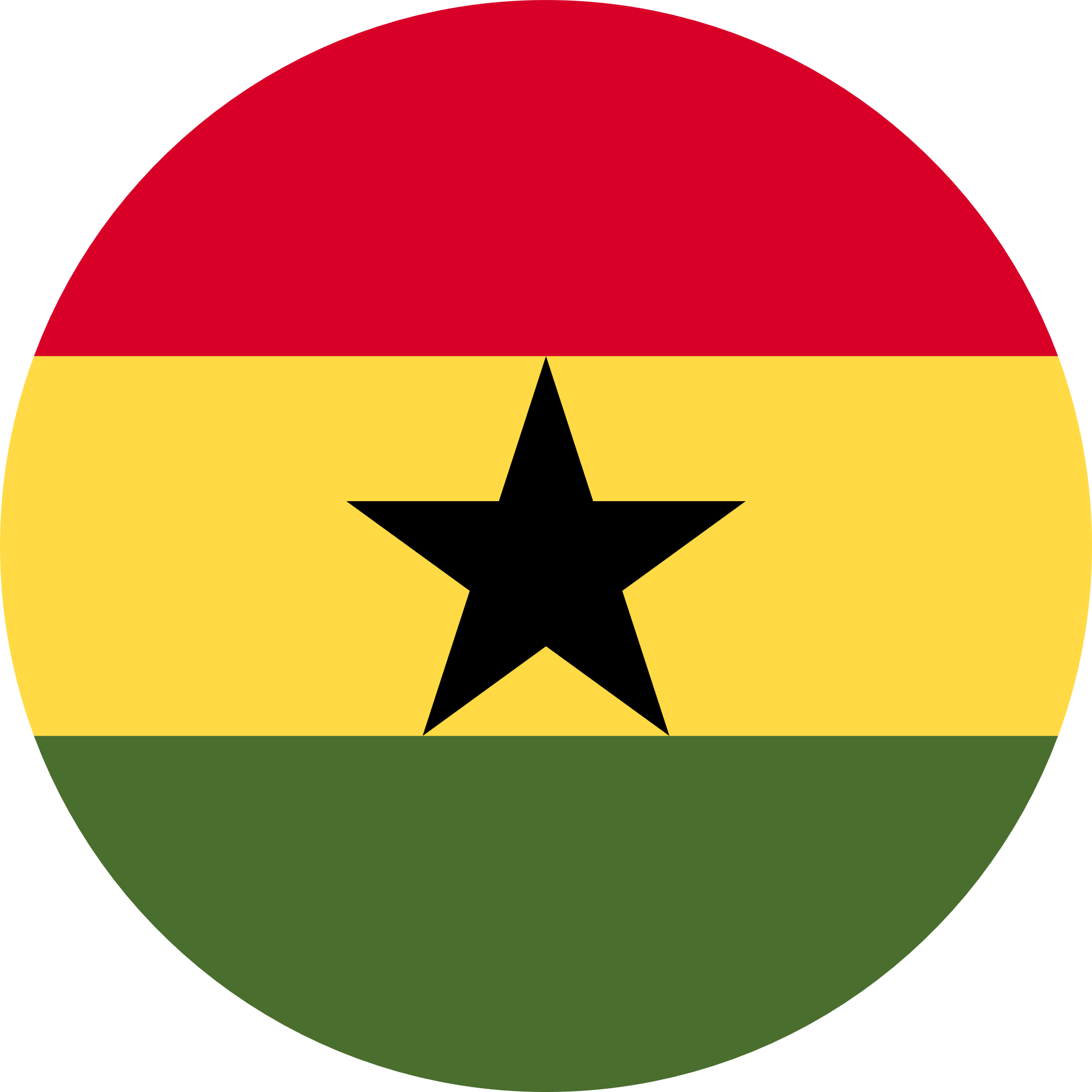
GHANA
Article 21: 1. All persons shall have the right to
(a) Freedom of speech and expression, which shall include freedom of the press and other media.
4. Nothing in, or done under the authority of, a law shall be held to be inconsistent with, or in contravention of, this article to the extent that the law in question makes provision-
(e) That is reasonably required for the purpose of safeguarding the people of Ghana against the teaching or encourages disrespect for the nationhood of Ghana, the national symbols and emblems, or incites hatred against other members of the community except so far as that provision or, as the case may be, the thing done under the authority of that law is shown not to be reasonably justifiable in terms of the spirit of this Constitution.
| Status of country in relation to the ICCPR | ||||
| Accession | Succession | Ratification | Declaration/Reservation to Article 20(2) | |
| Ghana | x | No | ||

GREECE
Law No 927/1797 on Punishing Acts or Activities aimed at Racial Discrimination
Article 1: Incitement to violence or hatred
(1) “Anyone, who publicly incites, provokes, or stirs up, either orally or through the press, the Internet, or any other means, acts of violence or hatred against a person or group of persons or a member of such a group defined by reference to race, color, religion, descent or national or ethnic origin, sexual orientation, gender identity, or disability, in a manner that endangers the public order and exposes the life, physical integrity, and freedom of persons defined above to danger, will be punished by imprisonment of from three months to three years and a fine of Euros 5,000 to 20,000.
(2) Anyone, who publicly incites, provokes, or stirs, either orally or through the press, the Internet, or any other means, acts of destruction against the assets of a person or group of persons defined by reference to race, color, religion, descent or national or ethnic origin, sexual orientation, gender identity, or disability, in a manner that endangers the public order and exposes the life, physical integrity, and freedom of persons defined above to danger, will be punished by imprisonment of from three months to three years and a fine of Euros 5,000 to 20,000.
| Status of country in relation to the ICCPR | ||||
| Accession | Succession | Ratification | Declaration/Reservation to Article 20(2) | |
| Greece | X | No | ||
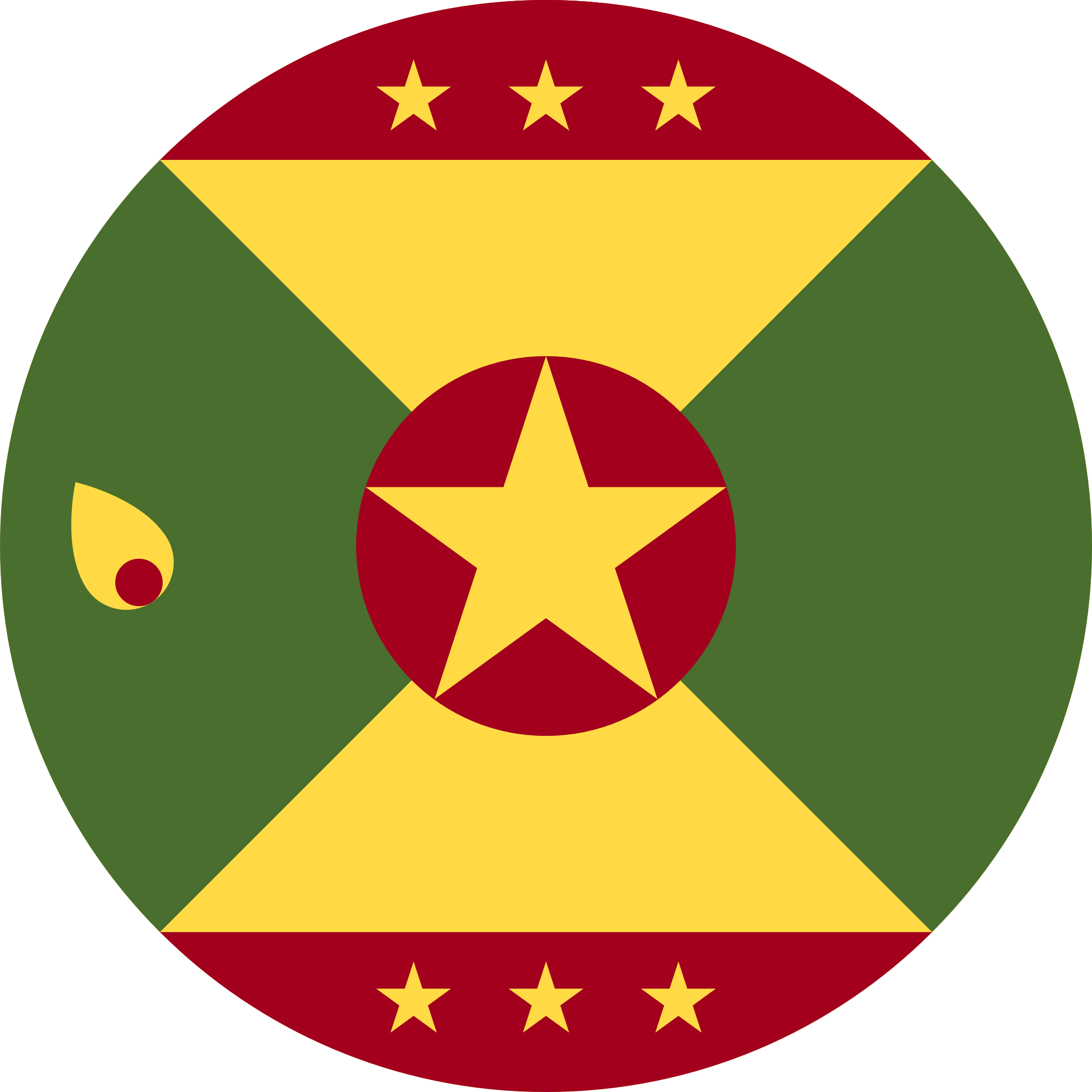
GRENADA
–
| Status of country in relation to the ICCPR | ||||
| Accession | Succession | Ratification | Declaration/Reservation to Article 20(2) | |
| Grenada | x | No | ||

GUATEMALA
–
| Status of country in relation to the ICCPR | ||||
| Accession | Succession | Ratification | Declaration/Reservation to Article 20(2) | |
| Guatemala | x | No | ||

GUINEA
Article 963: Non-public incitement to discrimination, hatred or violence
The non-public provocation to discrimination, hate or violence against a person or a group of persons on the ground of their origin or on their belonging or not, real or assumed, to a given ethnic group, nation, race or religion is punishable by a fine foreseen for contravention of the 5th class.
Non-public incitement to hatred or violence against a person or a group of persons by reason of their gender or their disability, as well as non-public provocation, towards these same people, to discrimination provided for in Articles 315 and 646 is punishable with the same penalty.
Persons guilty of the contraventions provided for in this article incur following additional penalties:
1. the prohibition to hold or carry, for a period of 3 years at most, a weapon;
2. the confiscation of one or more weapons of which the convicted person is the owner or of which he has free disposal of;
3.the confiscation of the object used or was intended to be used to commit the offense;
4. community service for a period of 20 to 120 hours.
Legal persons declared criminally liable, under the conditions provided for by Article 16 incur, in addition to the fine, the penalty of confiscation of the object used or was intended to commit the offense.
| Status of country in relation to the ICCPR | ||||
| Accession | Succession | Ratification | Declaration/Reservation to Article 20(2) | |
| Guinea | x | No | ||

GUINEA BISSAU
Article 103:
1. Whoever:
a) founds or establishes an organization or develops organized propaganda activities that incite or encourage racial discrimination, hatred or violence; or
b) participates in the organization of activities referred to in the previous paragraph or provides assistance including their financing is punished with imprisonment of one year.
2. Whoever, in a public meeting, in a publication intended for dissemination or through any means of social communication, intends to incite racial discrimination or encourage or provoke acts of violence against a person or group of people because of their race or ethnic origin is punished with imprisonment of one to five years
| Status of country in relation to the ICCPR | ||||
| Accession | Succession | Ratification | Declaration/Reservation to Article 20(2) | |
| Guinea-Bissau | x | No | ||

GUYANA
Article 2:
(1) A person shall be guilty of an offence if he willfully excites or attempts to excite hostility or ill-will against any section of the public or against any person on the grounds of their or his race-
- by means of words spoken by him in a public place or spoken by him and transmitted for general reception by wireless telegraphy or telegraph; or
- by causing words spoken by him or by some other person to be reproduced in a public place from a record; or
- by means of written (included printed) matter or pictorial matter published by him.
(3) Any person guilty of an offence under this section shall be liable on summary conviction to a fine of sixty-five thousand dollars and to imprisonment for two years.
(4) For the purpose of this section, the proprietor, printer, publisher or editor of any newspaper or the printer of any other printed document, in which any particular matter has been published, shall be presumed himself to have so published that matter unless he proves that such publication was made without his authority, consent or knowledge and did not arise from want of due care on his part.
| Status of country in relation to the ICCPR | ||||
| Accession | Succession | Ratification | Declaration/Reservation to Article 20(2) | |
| Guyana | x | No | ||

HAITI
Article 5: Imprisonment of six months to two years or a fine of 5,000 to 25,000 Gourdes will be received by:
2) Anyone who encourages or supports racial discrimination practised by a person or
any organization.
3) Anyone who engages in or participates in any propaganda or any organizations inspired by ideas or theories based on the superiority of a race or group of people
of a certain colour or of a certain ethnic origin.
| Status of country in relation to the ICCPR | ||||
| Accession | Succession | Ratification | Declaration/Reservation to Article 20(2) | |
| Haiti | x | No | ||

HONDURAS
–
| Status of country in relation to the ICCPR | ||||
| Accession | Succession | Ratification | Declaration/Reservation to Article 20(2) | |
| Honduras | x | No | ||

HUNGARY
Section 332A: Incitement against a community
A person who, in front of a large audience, incites to violence or hatred against a) the Hungarian nation, b) a national, ethnic, racial or religious group or a member of such a group, or c) certain groups of society or a member of such groups, particularly with regard to any disability, sexual identity or sexual orientation, is guilty of a felony and shall be punished by imprisonment for up to three years.
| Status of country in relation to the ICCPR | ||||
| Accession | Succession | Ratification | Declaration/Reservation to Article 20(2) | |
| Hungary | x | No | ||

ICELAND
Article 233a: Anyone who publicly mocks, defames, denigrates or threatens a person or group of persons by comments or expressions of another nature, for example by means of pictures or symbols, for their nationality, colour, race, religion, sexual orientation or gender identity, or disseminates such materials, shall be fined or imprisoned for up to 2 years.
| Status of country in relation to the ICCPR | ||||
| Accession | Succession | Ratification | Declaration/Reservation to Article 20(2) | |
| Iceland | x | No | ||

INDIA
Section 153A: Promoting enmity between different groups on grounds of religion, race, place of birth, residence, language, etc., and doing acts prejudicial to maintenance of harmony.
(1) Whoever:
(a) by words, either spoken or written, or by signs or by visible representations or otherwise, promotes or attempts to promote, on grounds of religion, race, place of birth, residence, language, caste or community or any other ground whatsoever, disharmony or feelings of enmity, hatred or ill-will between different religious, racial, language or regional groups or castes or communities, or
(b) commits any act which is prejudicial to the maintenance of harmony between different religious, racial, language or regional groups or castes or communities, and which disturbs or is likely to disturb the public tranquillity, shall be punished with imprisonment which may extend to three years, or with fine, or with both.
Section 153B: Imputations, assertions prejudicial to national integration
(1) Whoever, by words either spoken or written or by signs or by visible representations or otherwise:
(a) makes or publishes any imputation that any class of persons cannot, by reason of their being members of any religious, racial, language or regional group or caste or community, bear true faith and allegiance to the Constitution of India as by law established or uphold the sovereignty and integrity of India, or
(b) asserts, counsels, advises, propagates or publishes that any class of persons shall, by reason of their being members of any religious, racial, language or regional group or caste or community, be denied or deprived of their rights as citizens of India, or
(c) makes or publishes any assertion, counsel, plea or appeal concerning the obligation of any class of persons, by reason of their being members of any religious, racial, language or regional group or caste or community, and such assertion, counsel, plea or appeal causes or is likely to cause disharmony or feelings of enmity or hatred or ill-will between such members and other persons, shall be punished with imprisonment which may extend to three years, or with fine, or with both.
(2) Whoever commits an offence specified in sub-section (1), in any place of worship or in any assembly engaged in the performance of religious worship or religious ceremonies, shall be punished with imprisonment which may extend to five years and shall also be liable to fine.
Section 505: Statements conducing to public mischief:
(1) Whoever makes, publishes or circulates any statement, rumour or report,
(c) with intent to incite, or which is likely to incite, any class or community of persons to commit any offence against any other class or community, shall be punished with imprisonment which may extend to 6[three years], or with fine, or with both.
(2) Statements creating or promoting enmity, hatred or ill-will between classes
Whoever makes, publishes or circulates any statement or report containing rumour or alarming news with intent to create or promote, or which is likely to create or promote, on grounds of religion, race, place of birth, residence, language, caste or community or any other ground whatsoever, feelings of enmity, hatred or ill-will between different religious, racial, language or regional groups or castes or communities, shall be punished with imprisonment which may extend to three years, or with fine, or with both.
(3) Offence under sub-section (2) committed in place of worship, etc.
Whoever commits an offence specified in sub-section (2) in any place of worship or in an assembly engaged in the performance of religious worship or religious ceremonies, shall be punished with imprisonment which may extend to five years and shall also be liable to fine.
| Status of country in relation to the ICCPR | ||||
| Accession | Succession | Ratification | Declaration/Reservation to Article 20(2) | |
| India | x | No | ||

INDONESIA
Article 156: The person who publicly gives expression to feelings of hostility, hatred or contempt against one or more groups of the population of Indonesia, shall be punished by a maximum imprisonment of four years or a maximum fine of three hundred Rupiahs.
The term ‘group’ in this and in the following article, shall be understood as each part of the population of Indonesia that distinguishes itself from one or more other parts of that population by race, country of origin, religion, origin, descent, nationality or constitutional condition.
Article 157: Any person who disseminates, openly demonstrates or puts up a writing or portrait where feelings of hostility, hatred or contempt against or among groups of the population of Indonesia are expressed, with intent to give publicity to the contents or to enhance the publicity thereof, shall be punished by a maximum imprisonment of two years and six months or a maximum fine of three hundred Rupiahs.
Law No 40 of 2008 on The Elimination of Racial and Ethnic Discrimination:
Any person who publicly gives expression to feelings of hostility or hatred against people due to racial and ethnic differences by:
1. Making any posts or drawings to be placed, affixed, or disseminated in public places or other places with intent to give publicity to the contents or to enhance the publicity thereof;
2. Delivering or expressing speeches or certain words in public places or other places with intent to give publicity to the contents or to enhance the publicity thereof;
3. Wearing something on himself in the form of objects, words, or pictures in public places or other places with intent to give publicity to the contents or to enhance the publicity thereof shall be punished by a maximum imprisonment of five years or a maximum fine of IDR 500,000,000 (five million Rupiahs).
Information taken from secondary source (Institute for Criminal Justice Reform)
Law No.11 of 2008 on Information and Electronic Transaction as amended by Law No.19 of 2016 on the Amendment to Law No.11 of 2008 on Information and Electronic Transaction:
Any Person who deliberately and without authority disseminates information with intention of inflicting hatred or dissension on individuals and/or certain groups of the community based on ethnic groups, religions, races, and inter-groups (SARA) shall be punished by a maximum imprisonment of six years or a maximum fine of IDR 1,000,000,000 (one trillion Rupiahs)
Information taken from secondary source (Institute for Criminal Justice Reform)
Digital Platform Law no 71/2019 on the Government Regulation on the Implementation of Electronic and Transaction System: The law obliges entities such as social media companies to control content and preserve user data. Article 5 of the law provides that social media companies must ensure that their platforms do not contain or facilitate the spread of “restricted content.” This term contains a list of different forms of speech such as “false news”, “hate speech” and “blasphemy” online.
Information taken from secondary source (Justitia)
| Status of country in relation to the ICCPR | ||||
| Accession | Succession | Ratification | Declaration/Reservation to Article 20(2) | |
| Indonesia | x | No | ||
IRAN (Islamic Republic of)
Article 2:
The Press’s responsibility in the Islamic Republican system consists of:
c) Endeavoring to eliminate false and divisive boundaries and not establishing differences between social layers on the basis of race, language, customs, local traditions, etc.
Article 6:
The print media are permitted to publish news items except in cases when they violate Islamic principles and codes and public rights as outlined in this chapter:
(4) Creating discord between and among social walks of life specially by raising ethnic and racial issues.
| Status of country in relation to the ICCPR | ||||
| Accession | Succession | Ratification | Declaration/Reservation to Article 20(2) | |
| Iran | x | No | ||
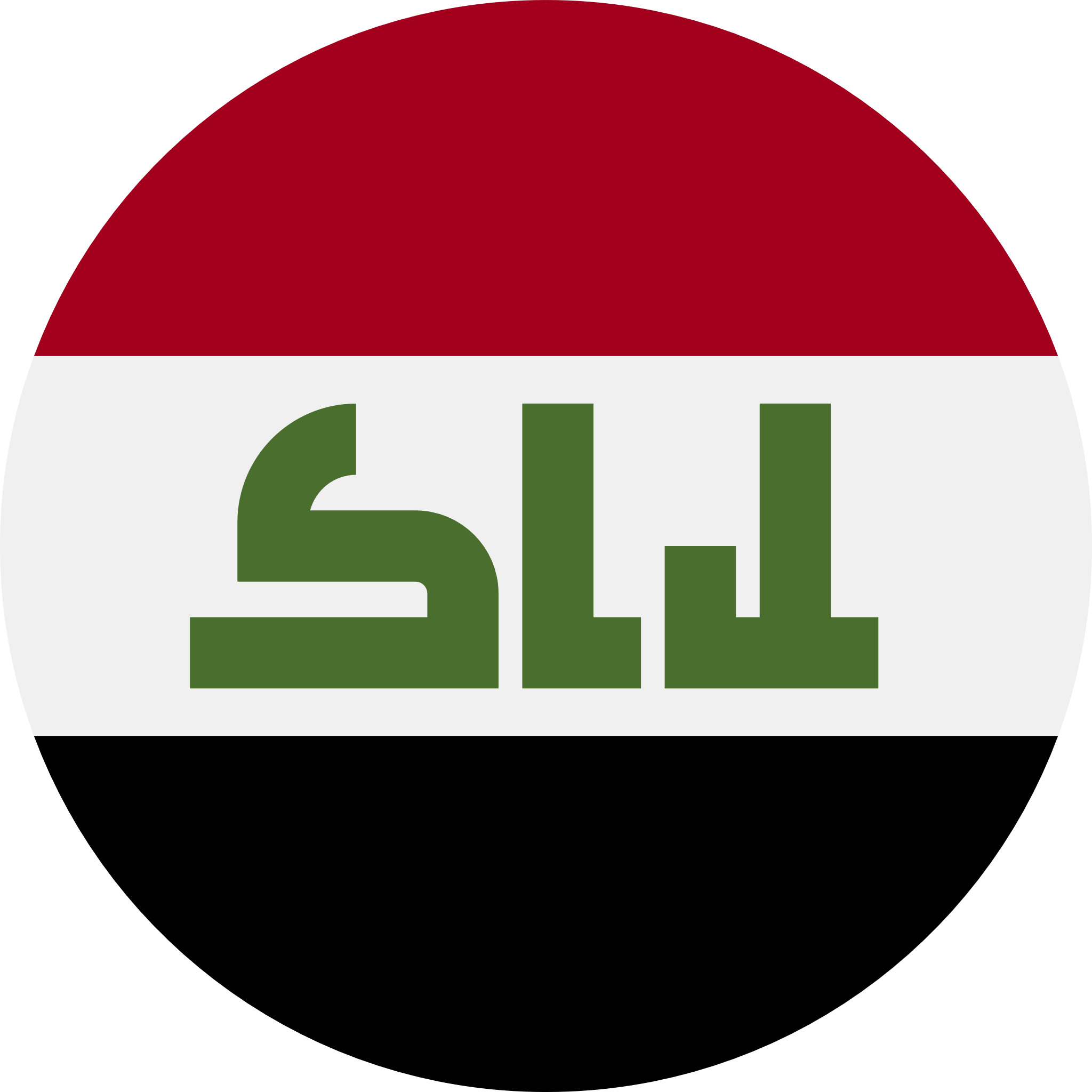
IRAQ
Section 1: Article 7
No entity or program, under any name, may adopt racism, terrorism, the calling of others infidels, ethnic cleansing, or incite, facilitate, glorify, promote, or justify thereto, especially the Saddamist Baath in Iraq and its symbols, regardless of the name that it adopts. This may not be part of the political pluralism in Iraq. This shall be regulated by law.
Paragraph 202: Any person who publicly insults the Arab community or the Iraqi people or any section of the population or the national flag or the State emblem is punishable by a term of imprisonment not exceeding 10 years or by detention.
Paragraph 215: Any person who produces, imports, exports or obtains a picture, written material or sign with intent to trade, distribute, display or exhibit such material, which, by its nature, endangers the public security or brings the country into disrepute unless he was acting in good faith is punishable by detention plus a fine not exceeding 300 dinars or by one of those penalties.
Paragraph 372:
The following persons are punishable by a period of detention not exceeding 3 years or by a fine:
(1) Any person who attacks the creed of a religious minority or pours scorn on its religious practices.
(2) Any person who willfully disrupts a religious ceremony, festival or meeting of a religious minority or who willfully prevents or obstructs the performance of such ritual.
(3) Any person who wrecks, destroys, defaces or desecrates a building set aside for the ceremonies of a religious minority or symbol or anything that is sacred to it.
(4) Any person who prints or publishes a book sacred to a religious minority and deliberately misspells the texts so that the meaning of the text is altered or who makes light of its tenets or teachings.
(5) Any person who publicly insults a symbol or a person who constitutes an object of sanctification, worship or reverence to a religious minority.
(6) Any person who publicly imitates a religious ceremony or celebration with intent to deceive.
| Status of country in relation to the ICCPR | ||||
| Accession | Succession | Ratification | Declaration/Reservation to Article 20(2) | |
| Iraq | x | No | ||

IRELAND
The Prohibition of Incitement to Hatred Act 1989
Section 2(1) It shall be an offence for a person
- to publish or distribute written material,
- to user words, behave or display written material –
| (i) in any place other than inside a private residence, or | ||
| (ii) inside a private residence so that the words, behaviour or material are heard or seen by persons outside the residence, | ||
| or | ||
| (c) to distribute, show or play a recording of visual images or sounds, | ||
| if the written material, words, behaviour, visual images or sounds, as the case may be, are threatening, abusive or insulting and are intended or, having regard to all the circumstances, are likely to stir up hatred. | ||
| (2) (a) In proceedings for an offence under subsection (1), if the accused person is not shown to have intended to stir up hatred, it shall be a defence for him to prove that he was not aware of the content of the material or recording concerned and did not suspect, and had no reason to suspect, that the material or recording was threatening, abusive or insulting. | ||
| (b) In proceedings for an offence under subsection (1) (b), it shall be a defence for the accused person— | ||
| (i) to prove that he was inside a private residence at the relevant time and had no reason to believe that the words, behaviour or material concerned would be heard or seen by a person outside the residence, or | ||
| (ii) if he is not shown to have intended to stir up hatred, to prove that he did not intend the words, behaviour or material concerned to be, and was not aware that they might be, threatening, abusive or insulting. | ||
| (3) In this section “private residence” means any structure (including a tent, caravan, vehicle, vessel or other temporary or moveable structure) or part of such a structure used as a dwelling but does not include any part not so used or any part in which a public meeting is being held; and in this definition “public meeting” means a meeting at which the public are entitled to be present, on payment or otherwise and as of right or by virtue of an express or implied permission. |
Section 4 (1) It shall be an offence for a person
| (a) to prepare or be in possession of any written material with a view to its being distributed, displayed, broadcast or otherwise published, in the State or elsewhere, whether by himself or another, or | ||
| (b) to make or be in possession of a recording of sounds or visual images with a view to its being distributed, shown, played, broadcast or otherwise published, in the State or elsewhere, whether by himself or another, | ||
| if the material or recording is threatening, abusive or insulting and is intended or, having regard to all the circumstances, including such distribution, display, broadcasting, showing, playing or other publication thereof as the person has, or it may reasonably be inferred that he has, in view, is likely to stir up hatred. | ||
| (2) In proceedings for an offence under this section, if the accused person is not shown to have intended to stir up hatred, it shall be a defence for him to prove that he was not aware of the content of the material or recording concerned and did not suspect, and had no reason to suspect, that the material or recording was threatening, abusive or insulting. | ||
| (3) In proceedings for an offence under this section, where it is proved that the accused person was in possession of material or a recording such as is referred to in subsection (1) and it is reasonable to assume that the material or recording was not intended for the personal use of the person, he shall be presumed, until the contrary is proved, to have been in possession of the material or recording in contravention of subsection (1). |
Summary convictions are available under the Prohibition of Incitement to Hatred Act 1989 with fines up to €1,270 or a term of imprisonment up to six months. A conviction following an indictment allows fines up to €12,700 and custodial sentences of up to 2 years.
| Status of country in relation to the ICCPR | ||||
| Accession | Succession | Ratification | Declaration/Reservation to Article 20(2) | |
| Ireland | x |
Yes (Reservation) Ireland accepts the principle in paragraph 1 of article 20 and implements it as far as it is practicable. Having regard to the difficulties in formulating a specific offence capable of adjudication at a national level in such a form as to reflect the general principles of law recognised by the community of nations as well as the right to freedom of expression, Ireland reserves the right to postpone consideration of the possibility of introducing some legislative addition to, or variation of, existing law until such time as it may consider that such is necessary for the attainment of the objective of paragraph 1 of article 20. |
||
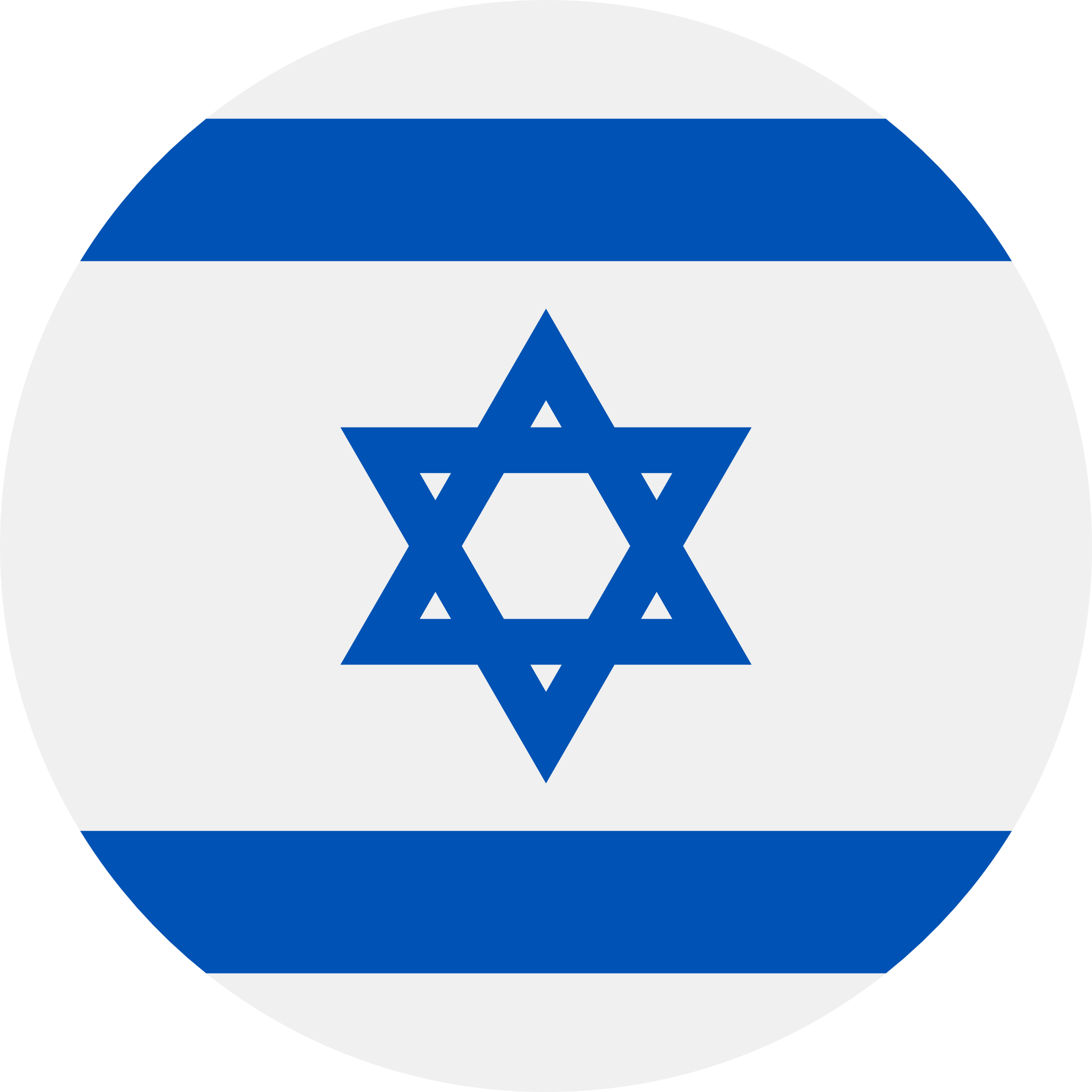
ISRAEL
Article One “A”: Racism
Definitions
Article 144A:
In this Article: “racism” – persecution, humiliation, degradation, a display of enmity, hostility or violence, or causing violence against a public or parts of the population, all because of their colour, racial affiliation or national ethnic origin.
Publication of racist incitement is prohibited
Article 144B:
(a) If a person publishes anything in order to incite to racism, then he is liable to five years imprisonment.
(b) For the purposes of this section, it does not matter whether the publication did cause racism, and whether or not it is true.
Article 144C: Permissible publication
(a) Publication of a true and fair report of an act said in section 144B shall not be deemed an offense under that section, on condition that it was not intended to cause racism.
(b) Publication of quotes from religious scriptures or prayer books or the observance of a religious ritual shall not be deemed an offence under section 144B, on condition that it was not intended to cause racism.
Article 144D: Possession of racist publication
If a person holds a publication prohibited under section 144B for distribution, in order to cause racism, then he is liable to one-year imprisonment, and the publication shall be confiscated.
| Status of country in relation to the ICCPR | ||||
| Accession | Succession | Ratification | Declaration/Reservation to Article 20(2) | |
| Israel | x | No | ||

ITALY
Article 604 bis: Propaganda and incitement to commit crimes for reasons of racial, ethnic and religious discrimination.
I. Unless the fact constitutes a more serious offence, the following are punished:
a) with imprisonment of up to one year and six months or with a fine of up to 6,000 euros for propaganda based on ideas of superiority or ideas of racial or ethnic hatred, or propaganda which instigates to commit or commits acts of discrimination on the grounds of racial, ethnic, national or religious grounds;
b) Imprisonment of six months to four years for a person who in any way, instigates to commit or commits violence or acts of provocation to violence for racial, ethnic, national or religious reasons.
Article 3:
I. Unless the fact constitutes a more serious offence, the following are punished:
a) with imprisonment of up to one year and six months or with a fine of up to 6,000 euros for propaganda based on ideas of superiority or ideas of racial or ethnic hatred, or propaganda which instigates to commit or commits acts of discrimination on the grounds of racial, ethnic, national or religious grounds;
b) Imprisonment of six months to four years for a person who in any way, instigates to commit or commits violence or acts of provocation to violence for racial, ethnic, national or religious.
Law 167/2017: Full Implementation of EU Framework Decision 2008/913/HAD
This law, amongst others modifies Law 654/1975:
The main relevant Italian Law is Law 205/1993 which makes it a crime to “propagate ideas based on racial superiority or racial or ethnic hatred, or to instigate to commit or commit acts of discrimination for racial, ethnic, national or religious motives.” The law also punishes those who “instigate in any way or commit violence or acts of provocation to violence for racist, ethnic, national or religious motives.”
| Status of country in relation to the ICCPR | ||||
| Accession | Succession | Ratification | Declaration/Reservation to Article 20(2) | |
| Italy | x | No | ||

JAMAICA
–
| Status of country in relation to the ICCPR | ||||
| Accession | Succession | Ratification | Declaration/Reservation to Article 20(2) | |
| Jamaica | x | No | ||

JAPAN
Article 2: In this Act, “unfair discriminatory speech and behavior against persons originating from outside Japan” shall mean unfair discriminatory speech and behavior to incite the exclusion of persons originating exclusively from a country or region other than Japan or their descendants and who are lawfully residing in Japan (hereinafter referred to in this Article as “persons originating from outside Japan”) from the local community by reason of such persons originating from a country or region other than Japan, such as openly announcing to the effect of harming the life, body, freedom, reputation or property of, or to significantly insult, persons originating from outside Japan with the objective of encouraging or inducing discriminatory feelings against such persons originating from outside Japan.
Chapter II Basic Measures
- Preparation and Maintenance of a Consultation System
- Enhancement of Education, etc.
- Awareness-raising Activities, etc.
| Status of country in relation to the ICCPR | ||||
| Accession | Succession | Ratification | Declaration/Reservation to Article 20(2) | |
| Japan | x | No | ||
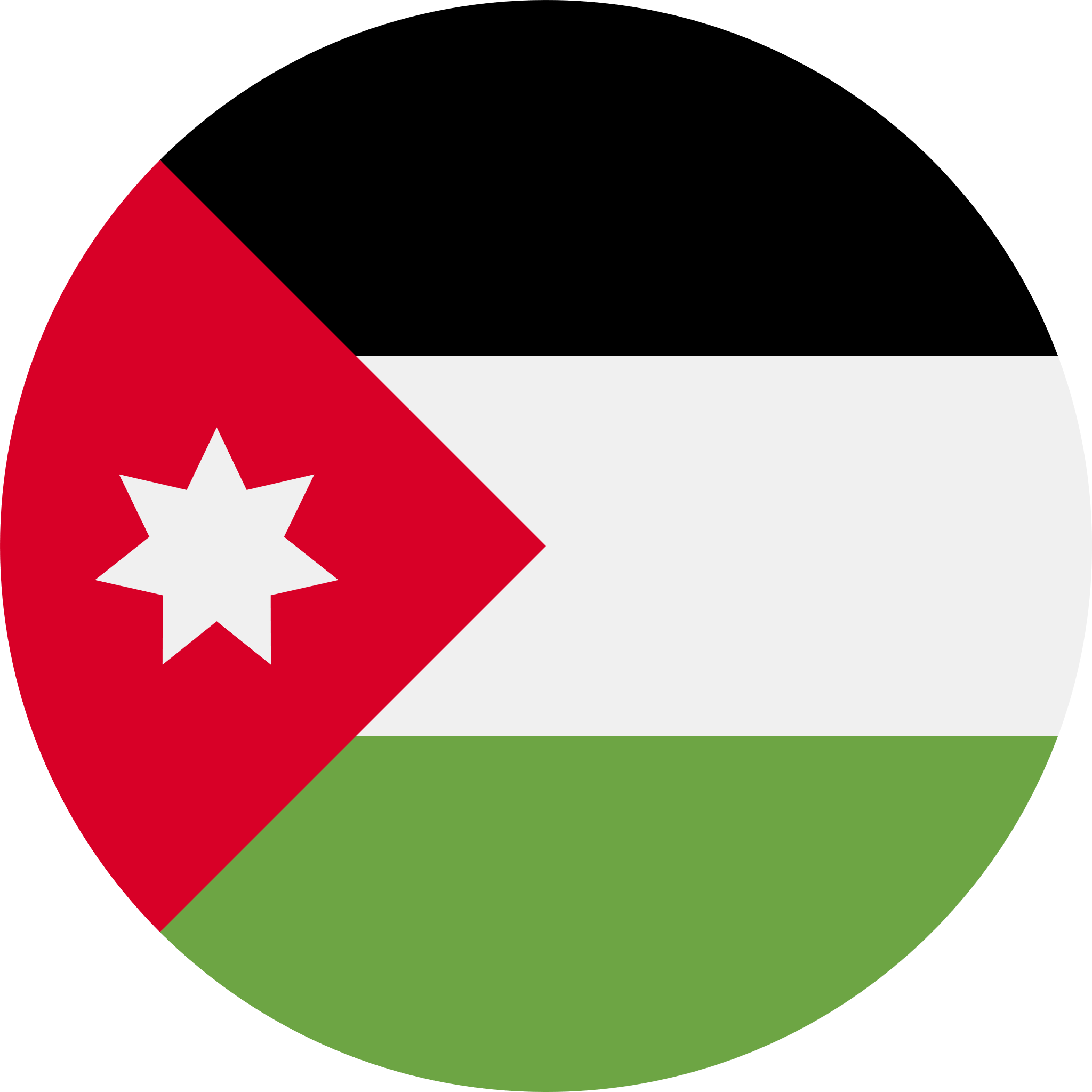
JORDAN
Section 5: Crimes Harming National Unity and the Coexistence between the Nation’s Elements
Article 150: Any writing or speech aims at or results in stirring sectarian or racial prejudices or the incitement of conflict between different sects or the nation’s elements, such act shall be punished by imprisonment for no less than six months and no more than three years and a fine not to exceed five hundred dinars (JD500).
Audiovisual Media Law
Article 20(l)(2) prohibits licensed broadcasters from broadcasting hateful, terrorist, violent or seditious material or from promoting religious, sectarian or ethnic strife.
Taken from secondary source
| Status of country in relation to the ICCPR | ||||
| Accession | Succession | Ratification | Declaration/Reservation to Article 20(2) | |
| Jordan | x | No | ||

KAZAKHSTAN
–
| Status of country in relation to the ICCPR | ||||
| Accession | Succession | Ratification | Declaration/Reservation to Article 20(2) | |
| Kazakhstan | x | No | ||
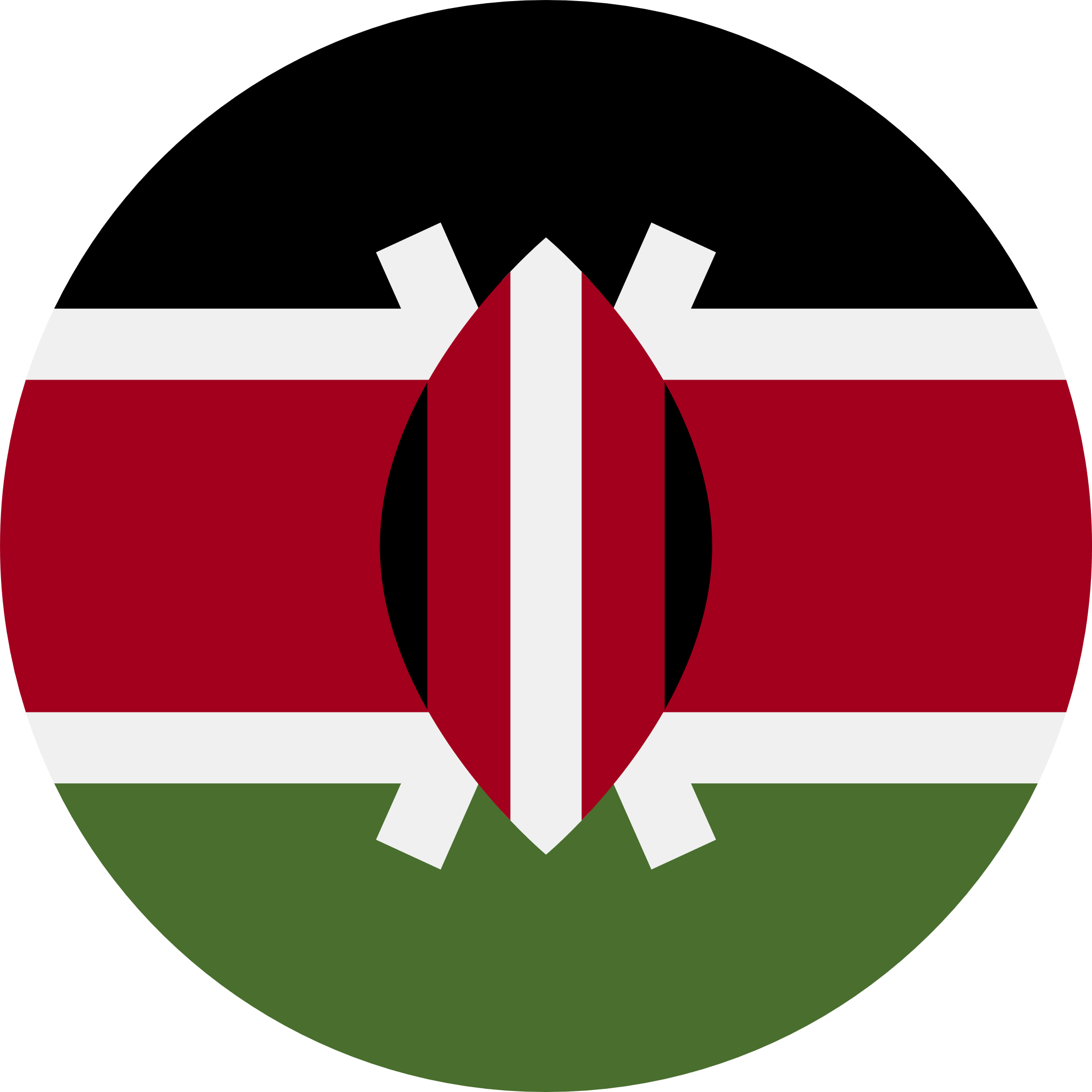
KENYA
Article 33(1): Every person has the right to freedom of expression, which includes— (a) freedom to seek, receive or impart information or ideas; (b) freedom of artistic creativity; and (c) academic freedom and freedom of scientific research.
(2) The right to freedom of expression does not extend to— (a) propaganda for war; (b) incitement to violence; (c) hate speech; or (d) advocacy of hatred that— (i) constitutes ethnic incitement, vilification of others or incitement to cause harm; or (ii) is based on any ground of discrimination specified or contemplated in Article 27 (4).
(3) In the exercise of the right to freedom of expression, every person shall respect the rights and reputation of others.
Article 96: Incitement to violence and disobedience of the law
Any person who, without lawful excuse, the burden of proof whereof shall lie upon him, utters, prints or publishes any words, or does any act or thing, indicating or implying that it is or might be desirable to do, or omit to do, any act the doing or omission of which is calculated— (a) to bring death or physical injury to any person or to any class, community or body of persons; or (b) to lead to the damage or destruction of any property; or (c) to prevent or defeat by violence or by other unlawful means the execution or enforcement of any written law or to lead to defiance or disobedience of any such law, or of any lawful authority, is guilty of an offence and is liable to imprisonment for a term not exceeding five years.
National Cohesion and Integration Act 2008
Article 13: Hate speech
(1) A person who— (a) uses threatening, abusive or insulting words or behaviour, or displays any written material; (b) publishes or distributes written material; (c) presents or directs the performance the public performance of a play; (d) distributes, shows or plays, a recording of visual images; or (e) provides, produces or directs a programme, which is threatening, abusive or insulting or involves the use of threatening, abusive or insulting words or behaviour commits an offence if such person intends thereby to stir up ethnic hatred, or having regard to all the circumstances, ethnic hatred is likely to be stirred up. (2) Any person who commits an offence under this section shall be liable to a fine not exceeding one million shillings or to imprisonment for a term not exceeding three years or to both. (3) In this section, “ethnic hatred” means hatred against a group of persons defined by reference to colour, race, nationality (including citizenship) or ethnic or national origins.
Article 5.1.6: “Hate Message” means a message designed to degrade, intimidate or incite to violence or prejudicial action against a person or group of people based on their race, gender, ethnicity, nationality, religion, political affiliation, language, ability or appearance.
Article 13.1: Language and Tone All political social media content shall be written in a language that avoids a tone and words that constitute hate speech, ethnic contempt, and incitement to violence, harassment, abuse, violence, defamatory or intimidating.
Article 13.4: Hate Speech Political content shall only be published on social media in adherence to the Constitution, NCI Act and other relevant laws with regards to hate speech.
| Status of country in relation to the ICCPR | ||||
| Accession | Succession | Ratification | Declaration/Reservation to Article 20(2) | |
| Kenya | x | No | ||

KIRIBATI
–
| Status of country in relation to the ICCPR | ||||
| Accession | Succession | Ratification | Declaration/Reservation to Article 20(2) | |
| Kiribati | – | – | – | – |
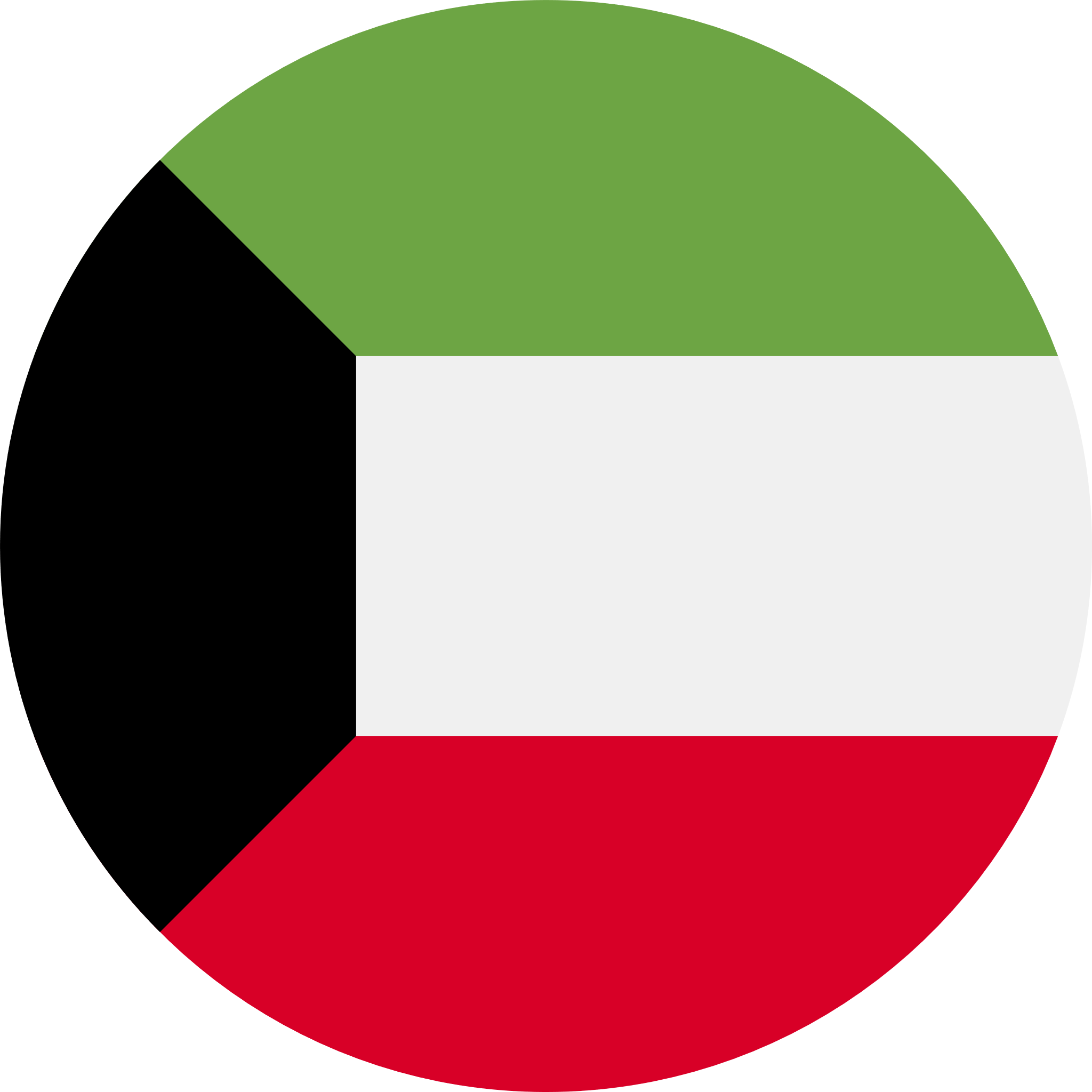
KUWAIT
–
| Status of country in relation to the ICCPR | ||||
| Accession | Succession | Ratification | Declaration/Reservation to Article 20(2) | |
| Kuwait | x | No | ||
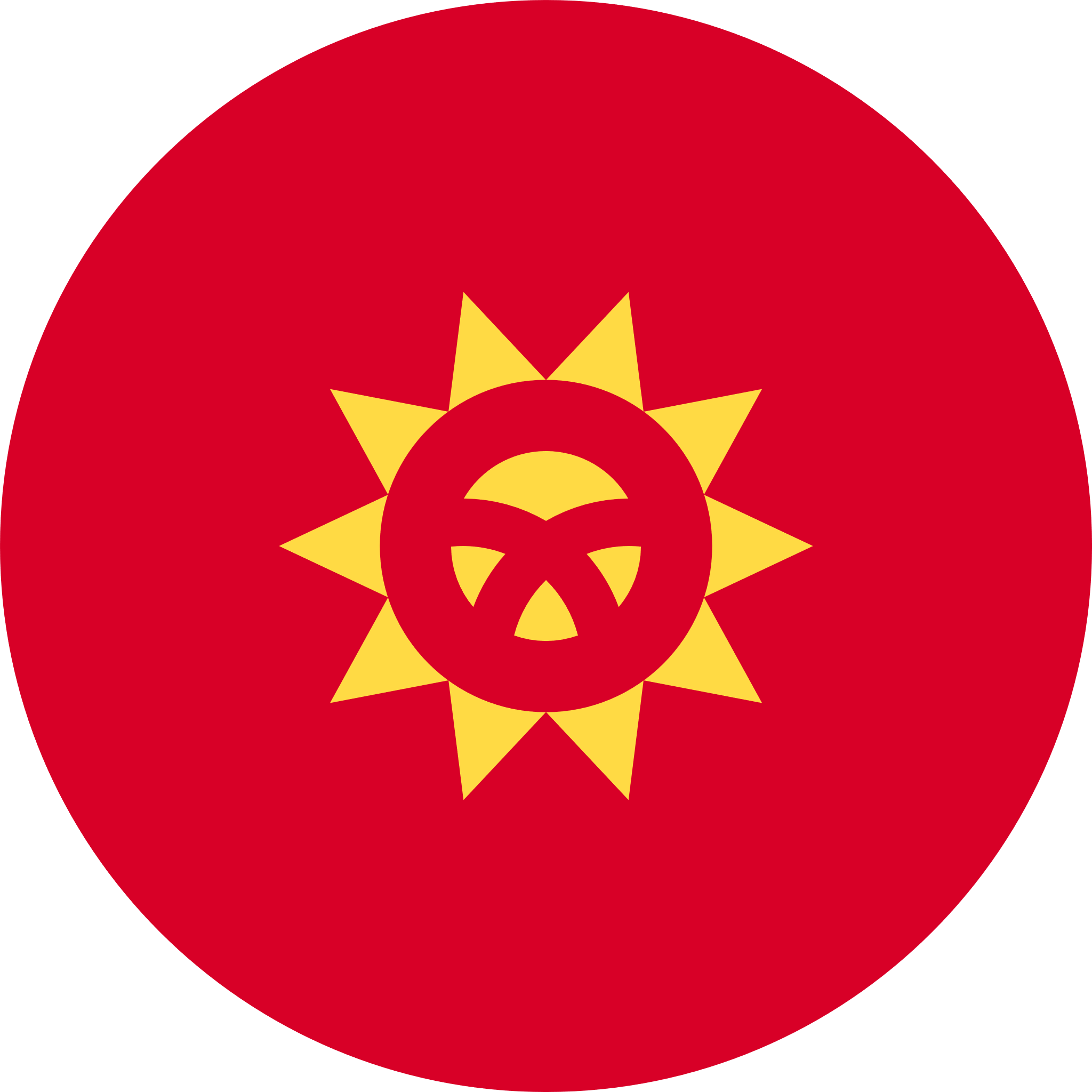
KYRGYZSTAN
Article 299: Incitement of National, Racial, or Religious Enmity:
(1) Actions aimed at the incitement of national, racial, or religious enmity, abasement of human dignity, and also propaganda of the exceptionality, superiority, or inferiority of individuals by their attitude to religion, national, or racial belonging, if these acts have been committed in public or with the use of mass media, shall be punishable by a fine in the amount of one hundred to five hundred minimum monthly wages or by arrest for a term of up to six months, or by deprivation of liberty for a term of one to three years.
(2) The same acts committed: 1) with the use of violence or with the threat of its use; 2) by a person through his official position; 3) by an organized group, shall be punishable by deprivation of liberty for a term of three to five years.
| Status of country in relation to the ICCPR | ||||
| Accession | Succession | Ratification | Declaration/Reservation to Article 20(2) | |
| Kyrgyzstan | x | |||

LAO PEOPLE’S DEMOCRATIC REPUBLIC
–
| Status of country in relation to the ICCPR | ||||
| Accession | Succession | Ratification | Declaration/Reservation to Article 20(2) | |
| Lao People’s Democratic Republic | x | No | ||
Criminal Code
Article 66: stipulates that any person who makes a division or causes resentment between the ethnic groups and social strata with the intention of undermining national solidarity, shall be punished by one year to five years of imprisonment and shall be fined.
Article 176: provides that any person divides, separates from, or prevents or restricts other persons from participating in activity or discrimination against other persons based on ethnic reasons shall be punished by imprisonment from one year to three years and shall be fined.
Taken from secondary source (UN).

LATVIA
Section 78: Triggering of National, Ethnic and Racial Hatred
(1) For a person who commits acts directed towards triggering national, ethnic, racial or religious hatred or enmity, the applicable punishment is the deprivation of liberty for a period of up to three years or temporary deprivation of liberty, or community service, or a fine.
(2) For a person who commits the same acts, if they have been committed by a group of persons or a public official, or a responsible employee of an undertaking (company) or organization, or if they have been committed using an automated data processing system, the applicable punishment is the deprivation of liberty for a period of up to five years or temporary deprivation of liberty, or community service, or a fine.
3) For committing the act provided for in Paragraph one of this Section, if it is related to violence or threats or if it is committed by an organized group, the applicable punishment is the deprivation of liberty for a period of up to ten years, with or without probationary supervision for a period of up to three years.
Section 150: Incitement of Social Hatred and Enmity
(1) For a person who commits an act oriented towards inciting hatred or enmity depending on the gender, age, disability of a person or any other characteristics, if substantial harm has been caused thereby, the applicable punishment is the deprivation of liberty for a period of up to one year or temporary deprivation of liberty, or community service, or a fine.
(2) For the criminal offence provided for in Paragraph one of this Section, if it has been committed by a public official, or a responsible employee of an undertaking (company) or organisation, or a group of persons, or if it is committed using an automated data processing system, the applicable punishment is the deprivation of liberty for a period of up to three years or temporary deprivation of liberty, or community service, or a fine.
(3) For the act provided for in Paragraph one of this Section, if it is related to violence or threats, or the criminal offence provided for in Paragraph one of this Section, if it has been committed by an organized group, the applicable punishment is the deprivation of liberty for a period of up to four years or temporary deprivation of liberty, or community service, or a fine.
| Status of country in relation to the ICCPR | ||||
| Accession | Succession | Ratification | Declaration/Reservation to Article 20(2) | |
| Latvia | x | No | ||

LEBANON
–
| Status of country in relation to the ICCPR | ||||
| Accession | Succession | Ratification | Declaration/Reservation to Article 20(2) | |
| Lebanon | x | No | ||

LESOTHO
Article 78: Expression of hatred or contempt
A person who utters any words or publishes any writing expressing hatred, ridicule or contempt for any person or group of persons, wholly or mainly, because of the person’s or group of persons’ race, ethnic affiliations, gender, disability or colour, commits an offence.
Lesotho Telecommunications Authority (Broadcasting) Rules 2004
Part III
Community Standards
Article 6: A licensee shall not broadcast content which, measured by contemporary community standards:
(f) is likely to incite or perpetuate hatred against or gratuitously vilifies any person or section of the community on account of race, ethnicity, nationality, gender, marital status, sexual preference, age, physical or mental disability, religion or culture.
| Status of country in relation to the ICCPR | ||||
| Accession | Succession | Ratification | Declaration/Reservation to Article 20(2) | |
| Lesotho | x | No | ||

LIBERIA
–
| Status of country in relation to the ICCPR | ||||
| Accession | Succession | Ratification | Declaration/Reservation to Article 20(2) | |
| Liberia | x | No | ||
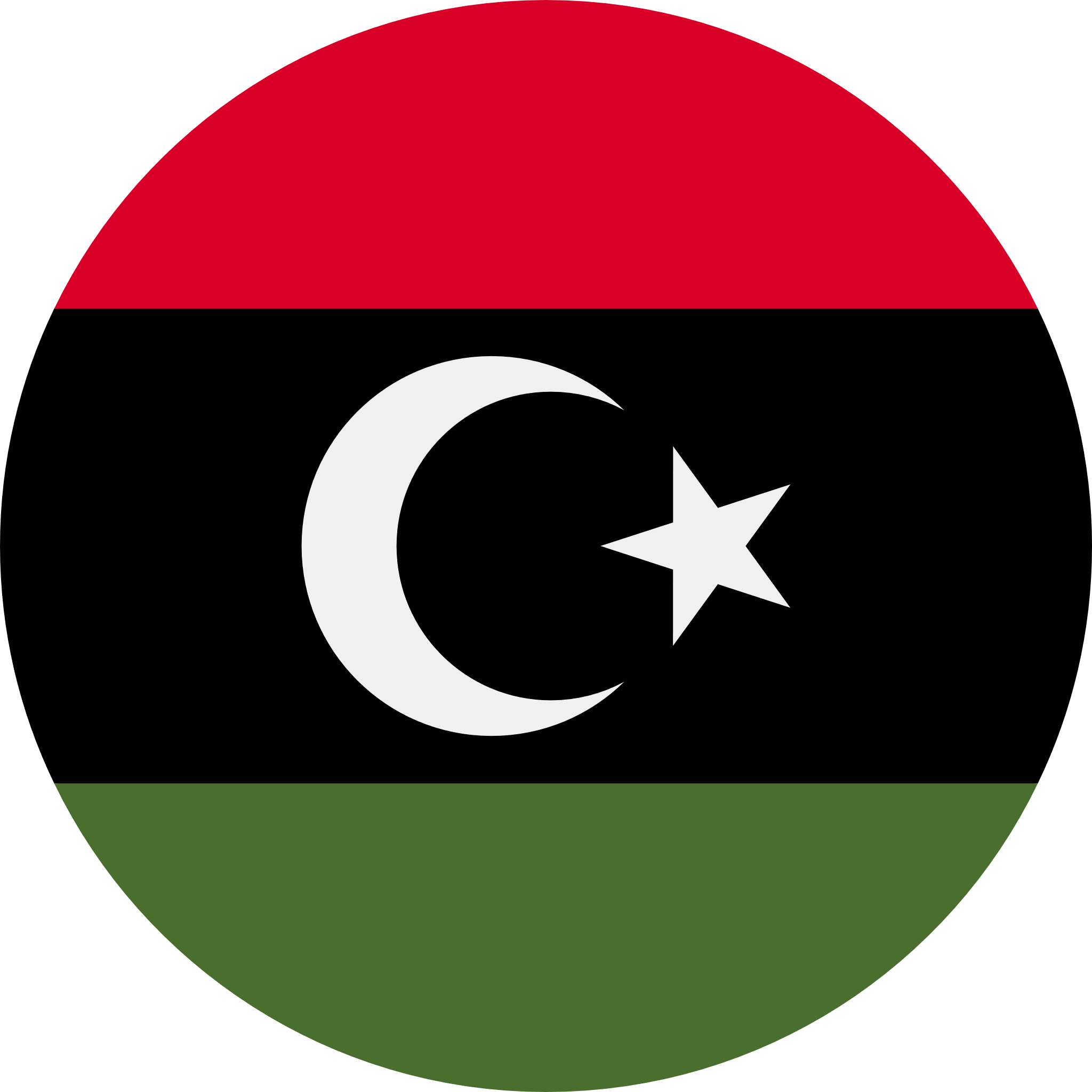
LIBYA
–
| Status of country in relation to the ICCPR | ||||
| Accession | Succession | Ratification | Declaration/Reservation to Article 20(2) | |
| Libya | x | No | ||

LIECHTENSTEIN
–
| Status of country in relation to the ICCPR | ||||
| Accession | Succession | Ratification | Declaration/Reservation to Article 20(2) | |
| Liechtenstein | x | No | ||

LITHUANIA
Article 25:
Freedom to express convictions and to impart information shall be incompatible with criminal actions—incitement of national, racial, religious, or social hatred, violence and discrimination, with slander and disinformation.
Article 170: Incitement against Any National, Racial, Ethnic, Religious or Other Group of Persons
1. A person who, for the purposes of distribution, produces, acquires, sends, transports or stores the items ridiculing, expressing contempt for, urging hatred of or inciting discrimination against a group of persons or a person belonging thereto on grounds of age, sex, sexual orientation, disability, race, nationality, language, descent, social status, religion, convictions or views or inciting violence, a physical violent treatment of such a group of persons or the person belonging thereto or distributes them shall be punished by a fine or by restriction of liberty or by arrest or by a custodial sentence for a term of up to one year.
2. A person who publicly ridicules, expresses contempt for, urges hatred of or incites discrimination against a group of persons or a person belonging thereto on grounds of age, sex, sexual orientation, disability, race, nationality, language, descent, social status, religion, convictions or views shall be punished by a fine or by restriction of liberty or by arrest or by a custodial sentence for a term of up to two years.
3. A person who publicly incites violence or a physical violent treatment of a group of persons or a person belonging thereto on grounds of age, sex, sexual orientation, disability, race, nationality, language, descent, social status, religion, convictions or views or finances or otherwise supports such activities shall be punished by a fine or by restriction of liberty or by arrest or by a custodial sentence for a term of up to three years.
4. A legal entity shall also be held liable for the acts provided for in this Article.
| Status of country in relation to the ICCPR | ||||
| Accession | Succession | Ratification | Declaration/Reservation to Article 20(2) | |
| Lithuania | x | No | ||

LUXEMBOURG
Article 457-1:
A punishment of eight days to two years and a fine of Euro 251 to Euro 25,000 or one of these penalties only is given to:
1) anyone who, either, through speech, cries or threats uttered in public places or meetings or by writing, prints, drawing, engravings, paintings, emblems, images or any other written medium of speech or image sold or distributed, offered for sale or exhibited in public places or meetings, either by placards or posters exposed to the public eye, or by any means of audio-visual communication, incites acts provided for in article 455, hatred or violence towards a person, a group or a community based on one of the characteristics referred to in section 454;
3) whoever prints, manufactures, holds, transports, imports, exports, put into circulation in Luxembourg, sends from Luxembourg, delivers to the post office or to another professional responsible for delivering mail on Luxembourg territory, makes transit through Luxembourg, writings, printed matter, drawings, prints, paintings, posters, photographs, cinematographic films, emblems, images or any other support of writing, speech or image, likely to incite the acts provided for in Article 455, hatred or violence against a person, a group or a community based on one of the characteristics referred to in Article 454.
The confiscation of the objects listed above will be pronounced in all cases.
Note: Elements referred to in Article 454 are: origin, skin colour, sex, sexual orientation, sex change, gender identity, family situation, age, health, disability, customs, political or philosophical opinion, trade union activities, belonging or non-belonging, real or supposed to an ethnic, national, racial or religious group.
Article 457-3:
Whoever, either by speeches, shouts or threats made in public places or meetings, or by writings, prints, drawings, engravings, paintings, emblems, images or any other written, spoken or pictorial material sold or distributed, offered for sale or exhibited in public places or meetings, or by placards or posters displayed in public view, or by any means of audiovisual communication, has disputed, minimised, justified or denied the existence of one or more crimes against humanity or war crimes as defined in Article 6 of the Statute of the International Military Tribunal annexed to the London Agreement of 8 August 1945 and which were committed either by members of an organisation declared criminal under Article 9 of that Statute, or by a person convicted of such crimes by a Luxembourg, foreign or international court is punishable by imprisonment from eight days to two years and a fine of 251 euros to 25. 000 euros or of one of these penalties
| Status of country in relation to the ICCPR | ||||
| Accession | Succession | Ratification | Declaration/Reservation to Article 20(2) | |
| Luxembourg | x |
Declaration: The Government of Luxembourg declares that it does not consider itself obligated to adopt legislation in the field covered by article 20, paragraph 1, and that article 20 as a whole will be implemented taking into account the rights to freedom of thought, religion, opinion, assembly and association laid down in articles 18, 19 and 20 of the Universal Declaration of Human Rights and reaffirmed in articles 18, 19, 21 and 22 of the Covenant. |
||

MADAGASCAR
–
| Status of country in relation to the ICCPR | ||||
| Accession | Succession | Ratification | Declaration/Reservation to Article 20(2) | |
| Madagascar | x | No | ||

MALAWI
–
| Status of country in relation to the ICCPR | ||||
| Accession | Succession | Ratification | Declaration/Reservation to Article 20(2) | |
| Malawi | x | No | ||
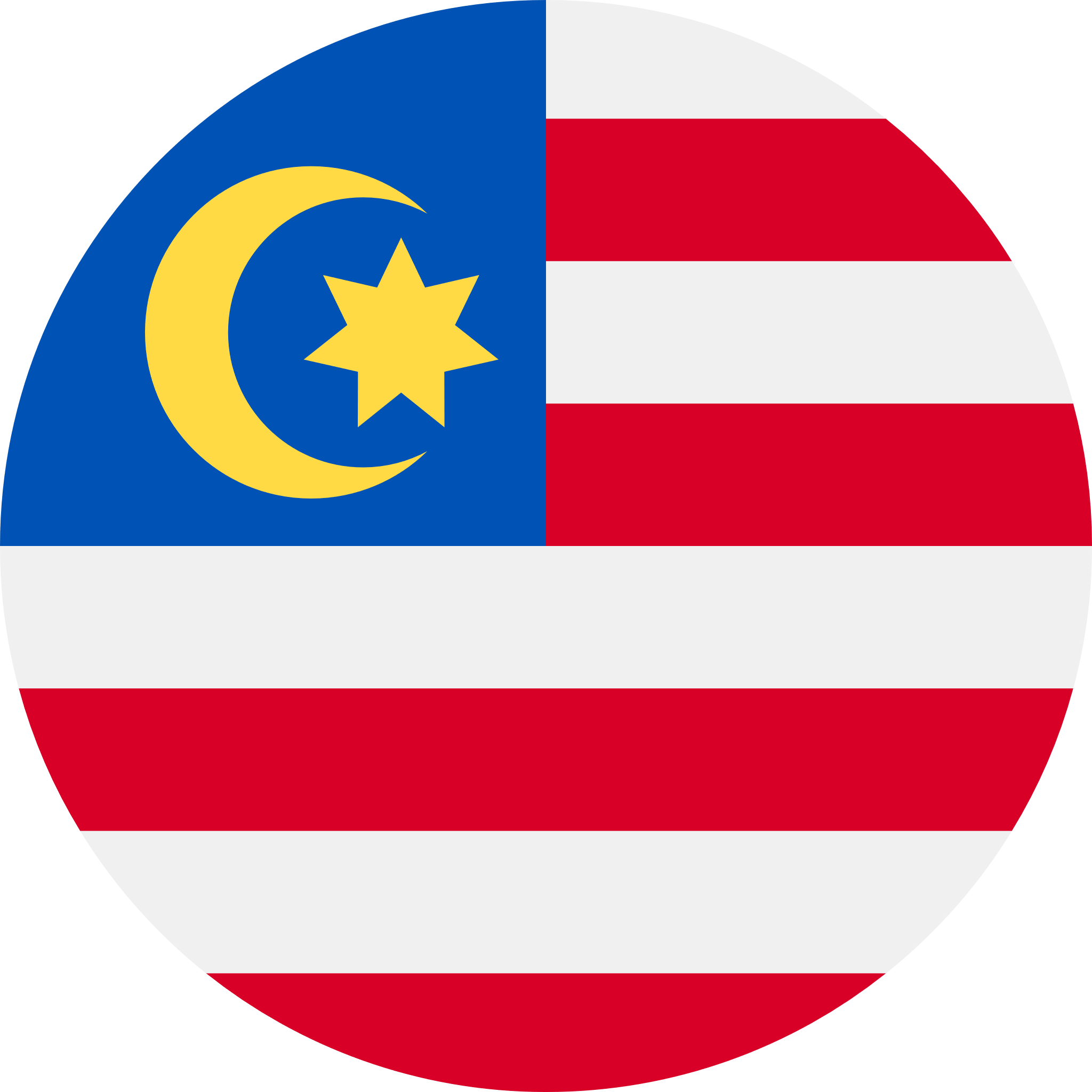
MALAYSIA
Uttering words, etc., with deliberate intent to wound the religious feelings of any person
Article 298: Whoever, with deliberate intention of wounding the religious feelings of any person, utters any word or makes any sound in the hearing of that person, or makes any gesture in the sight of that person, or places any object in the sight of that person, shall be punished with imprisonment for a term which may extend to one year or with a fine or with both.
Causing, etc., disharmony, disunity, or feelings of enmity, hatred or ill will, or prejudicing, etc., the maintenance of harmony or unity, on grounds of religion
Article 298A (1): Whoever by words, either spoken or written, or by signs, or by visible representations, or by any act, activity or conduct, or by organizing, promoting or arranging, or assisting in organizing, promoting or arranging, any activity, or otherwise in any other manner— (a) causes, or attempts to cause, or is likely to cause disharmony, disunity, or feelings of enmity, hatred or ill will; or (b) prejudices, or attempts to prejudice, or is likely to prejudice, the maintenance of harmony or unity, on grounds of religion, between persons or groups of persons professing the same or different religions, shall be punished with imprisonment for a term of not less than two years and not more than five years.
| Status of country in relation to the ICCPR | ||||
| Accession | Succession | Ratification | Declaration/Reservation to Article 20(2) | |
| Malaysia | – | – | – | No |
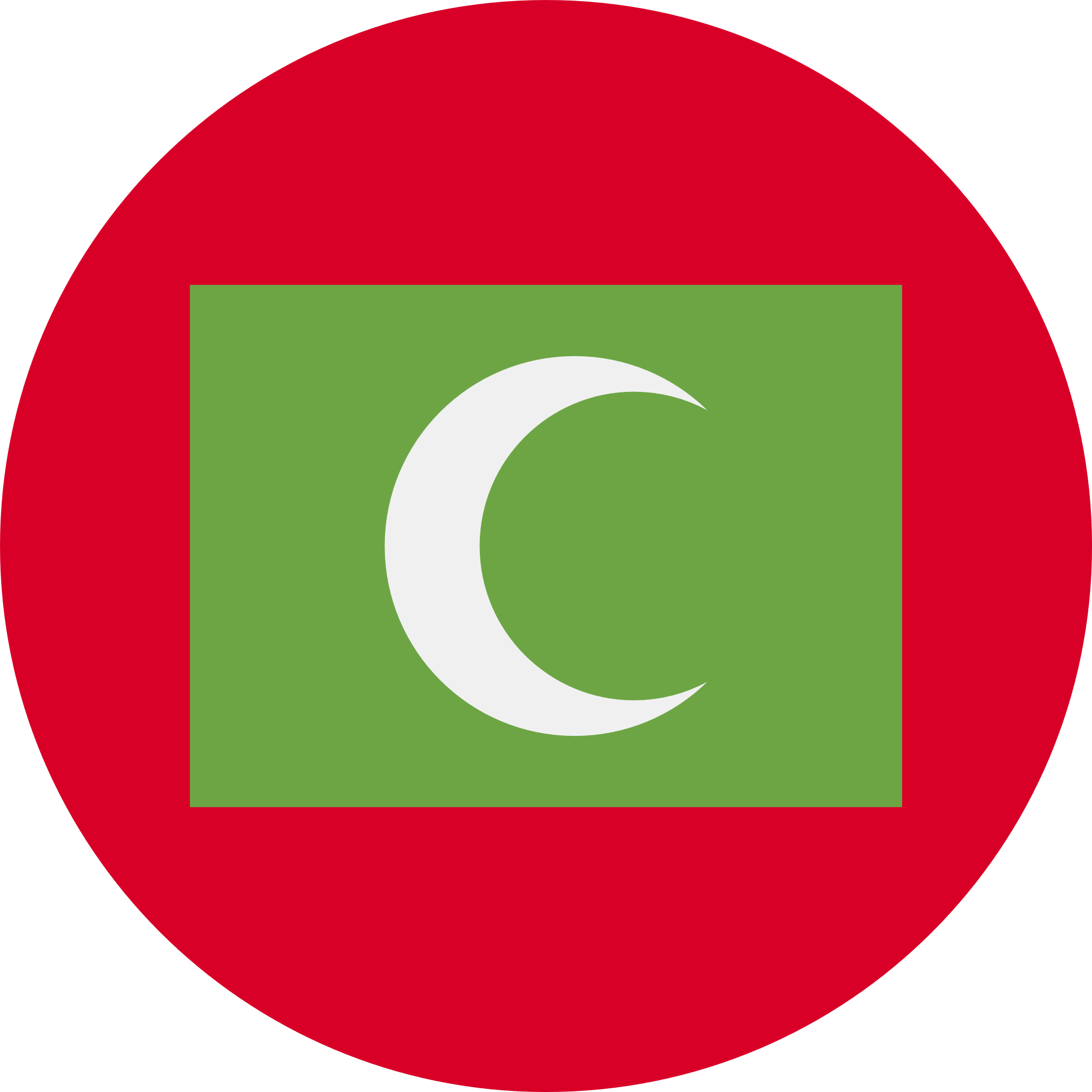
MALDIVES
–
| Status of country in relation to the ICCPR | ||||
| Accession | Succession | Ratification | Declaration/Reservation to Article 20(2) | |
| Maldives | x | No | ||

MALI
–
| Status of country in relation to the ICCPR | ||||
| Accession | Succession | Ratification | Declaration/Reservation to Article 20(2) | |
| Mali | x | No | ||

MALTA
Article 82A (1) Whosoever uses any threatening, abusive or insulting words or behaviour, or displays any written or printed material which is threatening, abusive or insulting, or otherwise conducts himself in such a manner, with intent thereby to stir up violence or racial hatred or whereby violence or racial hatred is likely, having regard to all the circumstances, to be stirred up shall, on conviction, be liable to imprisonment for a term of six to eighteen months.
(2) For the purposes of the foregoing subarticle “violence or racial hatred” means violence or hatred against a group of persons in Malta defined by reference to colour, race, religion, descent, nationality (including citizenship) or ethnic or national origins or against a member of such a group.
| Status of country in relation to the ICCPR | ||||
| Accession | Succession | Ratification | Declaration/Reservation to Article 20(2) | |
| Malta | x |
Yes (Reservation) Article 20 – The Government of Malta interprets article 20 consistently with the rights conferred by Articles 19 and 21 of the Covenant but reserves the right not to introduce any legislation for the purposes of article 20. |
||

MARSHALL ISLANDS
–
| Status of country in relation to the ICCPR | ||||
| Accession | Succession | Ratification | Declaration/Reservation to Article 20(2) | |
| Marshall Islands | x | No | ||
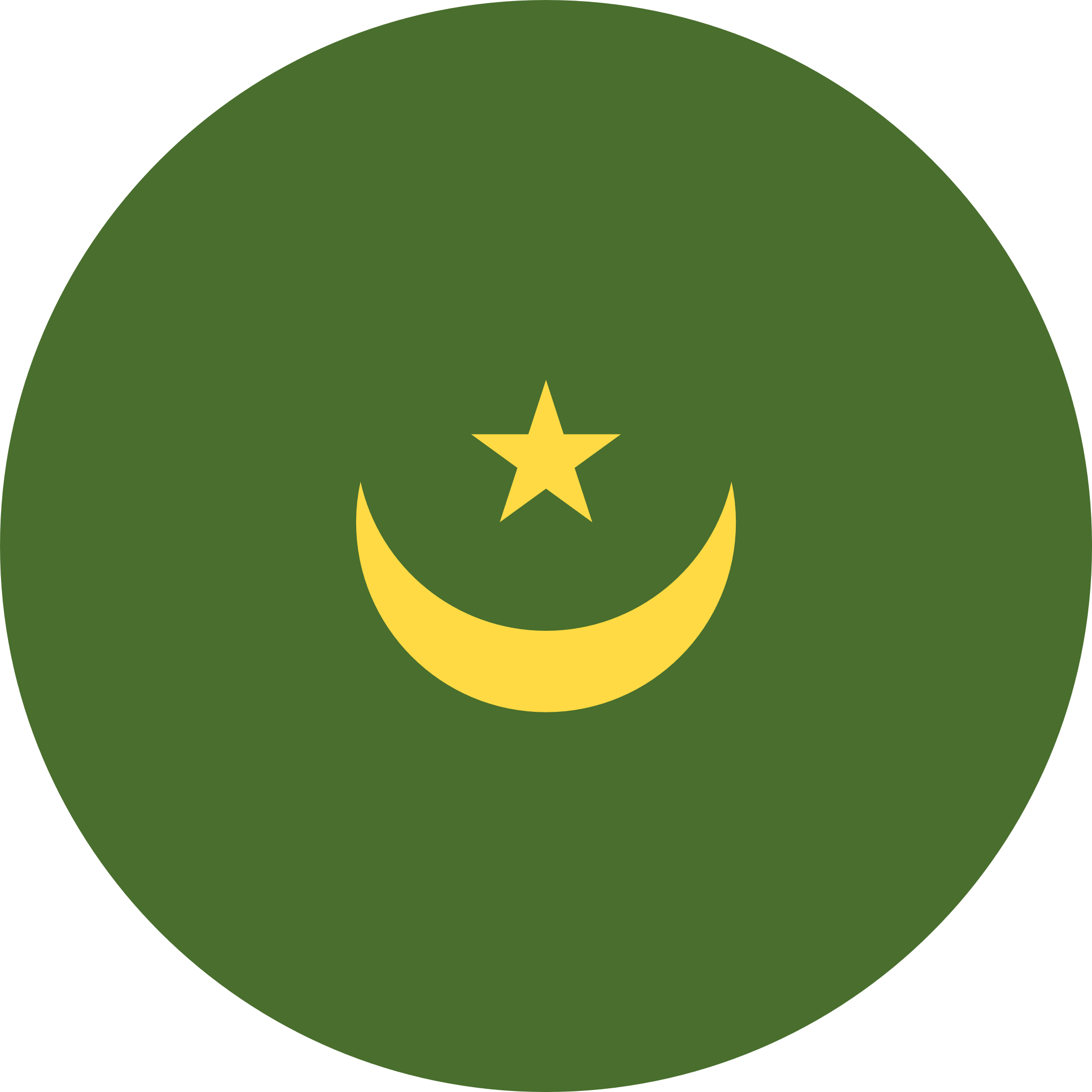
MAURITANIA
–
| Status of country in relation to the ICCPR | ||||
| Accession | Succession | Ratification | Declaration/Reservation to Article 20(2) | |
| Mauritania | x | No | ||

MAURITIUS
–
| Status of country in relation to the ICCPR | ||||
| Accession | Succession | Ratification | Declaration/Reservation to Article 20(2) | |
| Mauritius | x | No | ||

MEXICO
The Federal Law to Prevent and Eliminate Discrimination 2003
Article 4: For the purposes of this Law, discrimination shall be understood to be any distinction, exclusion or restriction that, based on ethnic or national origin, sex, age, disability, social or economic status, health, pregnancy, language, religion, opinions, sexual preferences, marital or any other status.
Article 9: Any discriminatory practice that is intended to prevent or nullify the recognition or exercise of rights and real equality of opportunities. For the purposes of the above, the following are considered discriminatory behaviours:
(27): Inciting hatred, violence, rejection, mockery, defamation, insult, persecution or exclusion;
| Status of country in relation to the ICCPR | ||||
| Accession | Succession | Ratification | Declaration/Reservation to Article 20(2) | |
| Mexico | x | No | ||

MICRONESIA (FEDERATED STATES OF)
–
| Status of country in relation to the ICCPR | ||||
| Accession | Succession | Ratification | Declaration/Reservation to Article 20(2) | |
| Micronesia | x | No | ||

MOLDOVA
Article 346. Deliberate Actions Aimed at Inciting National, Racial, or Religious Hostility or Discord
Deliberate actions, public calls including through mass media either printed or electronic aimed at inciting national, racial, or religious hostility or discord, the humiliation of national honour and dignity, direct or indirect limitations of rights, or that offer direct or indirect advantages to citizens based on their national, racial, or religious affiliations shall be punished by a fine of up to 250 conventional units or by community service for 180 to 240 hours or by imprisonment of up to 3 years.
| Status of country in relation to the ICCPR | ||||
| Accession | Succession | Ratification | Declaration/Reservation to Article 20(2) | |
| Moldova | x | No | ||

MONACO
Law No. 1.299 of 15 July 2005 on the freedom of public expression.
Article 16: The same penalties shall be imposed on those who, by any of the means set out in Article 15, provoke hatred or violence against a person or group of persons on account of their origin, membership or non-membership of a particular ethnic group, nation, race or religion, or on account of their real or supposed sexual orientation.
Article 25: Insult committed, by the same means, against the bodies or persons designated by Articles 22 and 23 of the present law, shall be punishable by imprisonment of six days to six months and the fine provided for in Article 26, paragraph 3 of the Criminal Code, or by one of these two penalties only.
Insult committed in the same manner against private individuals, where it has not been preceded by provocation, shall be punishable by imprisonment for a term of six days to two months and the fine provided for in Article 26(2) of the Criminal Code, or by one of these two penalties only.
Insult committed by the same means against a person or a group of persons on account of their origin or membership, real or supposed, or non-membership of a particular ethnic group, nation, race or religion, or on account of their sexual orientation, real or supposed, shall be punishable by imprisonment for six days to six months and the fine provided for in Article 26(3) of the Criminal Code, or by one of these two penalties only.
In the event of a conviction for one of the acts provided for in this article, it may in addition be ordered, under the conditions provided for in article 16, that the decision pronounced, in whole or in part or in the form of a communiqué, be posted or disseminated at the expense of the convicted person.
| Status of country in relation to the ICCPR | ||||
| Accession | Succession | Ratification | Declaration/Reservation to Article 20(2) | |
| Monaco | x | No | ||

MONGOLIA
–
| Status of country in relation to the ICCPR | ||||
| Accession | Succession | Ratification | Declaration/Reservation to Article 20(2) | |
| Mongolia | x | No | ||

MONTENEGRO
–
| Status of country in relation to the ICCPR | ||||
| Accession | Succession | Ratification | Declaration/Reservation to Article 20(2) | |
| Montenegro | x | No | ||

MOROCCO
–
| Status of country in relation to the ICCPR | ||||
| Accession | Succession | Ratification | Declaration/Reservation to Article 20(2) | |
| Morocco | x | No | ||
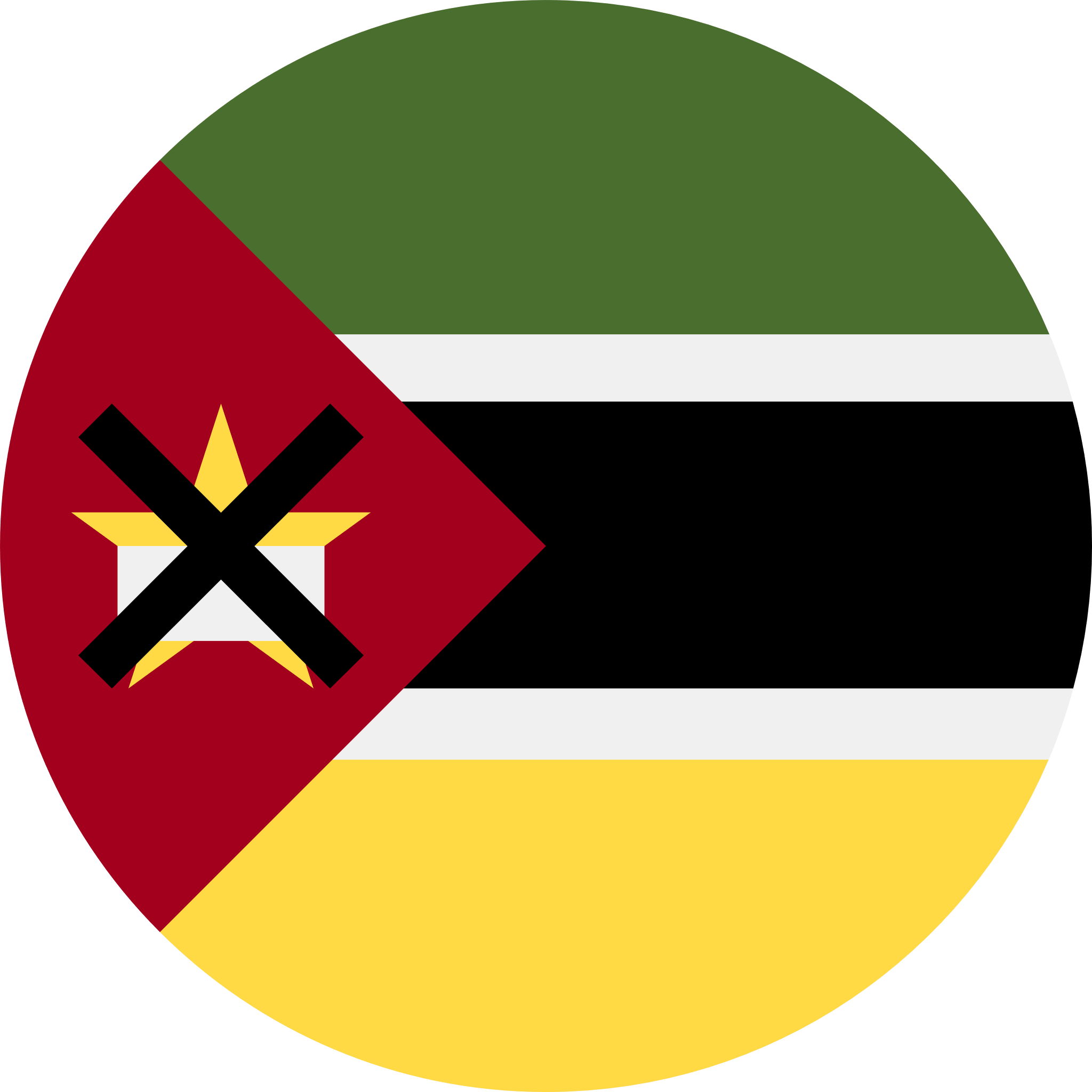
MOZAMBIQUE
–
| Status of country in relation to the ICCPR | ||||
| Accession | Succession | Ratification | Declaration/Reservation to Article 20(2) | |
| Mozambique | x | No | ||
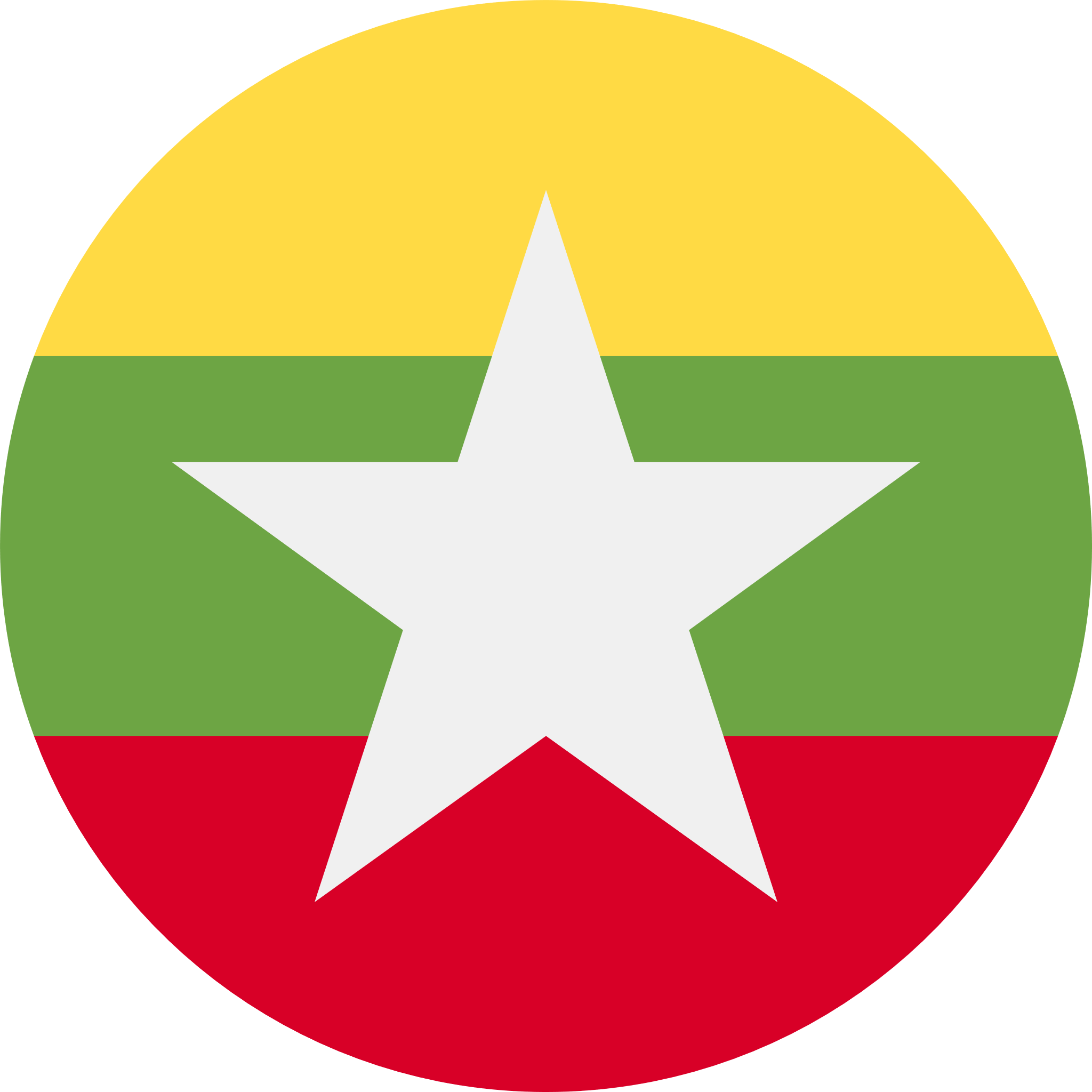
MYANMAR
Article 505: Whoever makes, publishes or circulates any statement, rumour or report
(c) with intent to incite, or which is likely to incite, any class or community of persons to commit any offence against any other class or community, shall be punished with imprisonment which may extend to two years, or with a fine, or with both.
| Status of country in relation to the ICCPR | ||||
| Accession | Succession | Ratification | Declaration/Reservation to Article 20(2) | |
| Myanmar | – | – | – | – |

NAMIBIA
–
| Status of country in relation to the ICCPR | ||||
| Accession | Succession | Ratification | Declaration/Reservation to Article 20(2) | |
| Namibia | x | No | ||

NAURU
–
| Status of country in relation to the ICCPR | ||||
| Accession | Succession | Ratification | Declaration/Reservation to Article 20(2) | |
| Nauru | x | No | ||

NEPAL
Article 17: Right to Freedom
No person shall be deprived of his or her personal liberty except in accordance with law.
(2) Every citizen shall have the following freedoms:
- freedom of opinion and expression,
- freedom to assemble peaceably and without arms,
- freedom to form political parties,
- freedom to form unions and associations,
- freedom to move and reside in any part of Nepal,
- freedom to practice any profession, carry on any occupation, and establish and operate any industry, trade and business in any part of Nepal.
Provided that:
(3) Nothing in sub-clause (c) shall be deemed to prevent the making of an Act to impose reasonable restrictions on any act which may undermine the sovereignty, territorial integrity, nationality and independence of Nepal, constitute an espionage against the nation or divulge national secrecy or on any act of rendering assistance to any foreign state, organization or representative in a manner to undermine the security of Nepal or on an act of treason or on any act which may undermine the harmonious relations between the Federal Units or on any act of incitement to caste-based or communal hatred or on any act which may undermine the harmonious relations between various castes, tribes, religions and communities, or on any act of acquisition of, or restriction on, membership of any political party on the basis solely of tribe, language, religion, community or sex or on any act of formation of a political party with discrimination between citizens or on (11) incitement to violent acts or on any act which may be contrary to public morality.
(4) Nothing in sub-clause (d) shall be deemed to prevent the making of an Act to impose reasonable restrictions on any act which may undermine the sovereignty, territorial integrity, nationality and independence of Nepal, or on any act which may constitute espionage against the nation or on any act of divulgence of national secrecy or on any act assisting any foreign state, organization or representative in a manner to undermine the security of Nepal or on an act of treason or on any act which may undermine the harmonious relations between the Federal Units or on any act of incitement to caste based or communal hatred or on any act which may undermine the harmonious relations between various castes, tribes, religions and communities or on incitement to violent acts or on any act which may be contrary to public morality.
Article 19: Right to communication
(1) No publication and broadcasting or dissemination or printing of any news item, editorial, feature article or other reading, audio and audio-visual material through any means whatsoever including electronic publication, broadcasting and printing shall be censored. Provided that nothing shall be deemed to prevent the making of Acts to impose reasonable restrictions on any act which may undermine the sovereignty, territorial integrity, nationality of Nepal or the harmonious relations between the Federal Units or the harmonious relations between various castes, tribes, religions or communities, or on any act of treason, defamation or contempt of court or incitement to an offence, or on any act which may be contrary to public decency or morality, on any act of hatred to labour and on any act of incitement to caste-based untouchability as well as gender discrimination.
Article 24: Right against untouchability and discrimination.
(3) No act purporting to demonstrate any person or community as superior or inferior on grounds of origin, caste, tribe or physical condition or justifying social discrimination on grounds of caste, tribe or untouchability or propagating ideology based on untouchability and caste based superiority or hatred or encouraging caste-based discrimination in any manner whatsoever shall be allowed.
Section 49: Prohibition of undermining sovereignty, integrity or national unity:
(4) No person shall commit, or cause to be committed, any act that gives rise to hatred, enmity or contempt on grounds of class, race, religion, region, community or similar other ground, which is likely to jeopardize the sovereignty, geographical or territorial integrity, nationality, national unity, independence, dignity, or harmonious relations between federal units, of Nepal or attempt to commit, or abet the commission of, or make conspiracy to commit, such act, or undermine or cause to be undermined the cordial relations subsisting between different castes, races or communities.
(5) A person who commits, or causes to be committed, the offence referred to in this Section shall be sentenced to the following punishment:
(c) Imprisonment for a term not exceeding five years and a fine not exceeding fifty thousand rupees in the case of the offence referred to in sub-section (4).
Electronic Transactions Act (2008)
Section 47: Publication of illegal materials in electronic form:
(1) If any person publishes or displays any material in the electronic media including computer, internet which are prohibited to publish or display by the prevailing law or which may be contrary to the public morality or decent behavior or any types of materials which may spread hate or jealousy against anyone or which may jeopardize the harmonious relations subsisting among the peoples of various castes, tribes and communities shall be liable to the punishment with the fine not exceeding One Hundred Thousand Rupees or with the imprisonment not exceeding five years or with both.
(2) If any person commit an offence referred to in Sub-section (1) time to time he/she shall be liable to the punishment for each time with one and one half percent of the punishment of the previous punishment.
Press and Publications Act (1991)
Section 14: Restriction on publication:
The following matters shall not be allowed to be published in any book or magazine:
(d) Creating enmity among the people of the various castes, tribes, religions, classes, regions, communities and spreading communal disharmony;
and (e) Hurting decency, morals and social honour of the people generally.
National Broadcasting Act (1993)
Section 15: Prohibition on broadcasting of advertisement:
(1) Notwithstanding anything contained in Section 14, no one shall broadcast, or cause to be broadcast, any advertisement of the following matters:-
(f) Materials misinterpreting disregarding, insulting and devaluing any tribe, language, religion and culture.
Some information from secondary sources Article 19.
| Status of country in relation to the ICCPR | ||||
| Accession | Succession | Ratification | Declaration/Reservation to Article 20(2) | |
| Nepal | x | No | ||

THE NETHERLANDS
Article 137(c):
1. Any person who in public, either verbally or in writing or through images, intentionally makes an insulting statement about a group of persons because of their race, religion or beliefs, their hetero or homosexual orientation or their physical, mental or intellectual disability, shall be liable to a term of imprisonment not exceeding one year or a fine of the third category.
2. If the offence is committed by a person who makes a profession or habit of it or by two or more persons in concert, a term of imprisonment not exceeding two years or a fine of the fourth category shall be imposed.
Section 137(d):
1. Any person who publicly, either verbally or in writing or through images, incites hatred of or discrimination against persons or violence against their person or property because of their race, religion or beliefs, their sex, their hetero or homosexual orientation or their physical, mental or intellectual disability, shall be liable to a term of imprisonment not exceeding one year or a fine of the third category.
2. If the offence is committed by a person who makes a profession or habit of it or by two or more persons in concert, a term of imprisonment not exceeding two years or a fine of the fourth category shall be imposed.
Section 137e:
1. Any person who, for any reason other than the provision of factual information: 1°. makes public a statement which he knows or should reasonably suspect to be insulting to a group of persons because of their race, religion or beliefs, their hetero- or homosexual orientation or their physical, mental or intellectual disability, or incites hatred of or discrimination against persons or violence against their person or property because of their race, religion or beliefs, their sex, their hetero or homosexual orientation or their physical, mental or intellectual disability; 2° sends or distributes, without request, an object which he knows or should reasonably suspect to contain such a statement to another person, or has such object in store for public disclosure or distribution; shall be liable to a term of imprisonment not exceeding six months or a fine of the third category.
2. If the offence is committed by a person who makes a profession or habit of it or by two or more persons in concert, a term of imprisonment not exceeding one year or a fine of the fourth category shall be imposed.
| Status of country in relation to the ICCPR | ||||
| Accession | Succession | Ratification | Declaration/Reservation to Article 20(2) | |
| The Netherlands | x |
Yes (Reservation) The Kingdom of the Netherlands does not accept the obligation set out in this provision in the case of the Netherlands. |
||

NEW ZEALAND
Section 61: Racial disharmony
(1) It shall be unlawful for any person—
(a) to publish or distribute written matter which is threatening, abusive, or insulting, or to broadcast by means of radio or television or other electronic communication words which are threatening, abusive, or insulting; or
(b) to use in any public place as defined in section 2(1) of the Summary Offences Act 1981, or within the hearing of persons in any such public place, or at any meeting to which the public are invited or have access, words which are threatening, abusive, or insulting; or
(c) to use in any place words which are threatening, abusive, or insulting if the person using the words knew or ought to have known that the words were reasonably likely to be published in a newspaper, magazine, or periodical or broadcast by means of radio or television, being matter or words likely to excite hostility against or bring into contempt any group of persons in or who may be coming to New Zealand on the ground of the colour, race, or ethnic or national origins of that group of persons.
(2) It shall not be a breach of subsection (1) to publish in a newspaper, magazine, or periodical or broadcast by means of radio or television or other electronic communication a report relating to the publication or distribution of matter by any person or the broadcast or use of words by any person, if the report of the matter or words accurately conveys the intention of the person who published or distributed the matter or broadcast or used the words.
(3) For the purposes of this section, newspaper means a paper containing public news or observations on public news, or consisting wholly or mainly of advertisements, being a newspaper that is published periodically at intervals not exceeding 3 months
publishes or distributes means publishes or distributes to the public at large or to any member or members of the public written matter includes any writing, sign, visible representation, or sound recording.
Section 131 Inciting racial disharmony
(1) Every person commits an offence and is liable on conviction to imprisonment for a term not exceeding 3 months or to a fine not exceeding $7,000 who, with intent to excite hostility or ill-will against, or bring into contempt or ridicule, any group of persons in New Zealand on the ground of the colour, race, or ethnic or national origins of that group of persons:
(a) publishes or distributes written matter which is threatening, abusive, or insulting, or broadcasts by means of radio or television words which are threatening, abusive, or insulting; or
(b) uses in any public place (as defined in section 2(1) of the Summary Offences Act 1981), or within the hearing of persons in any such public place, or at any meeting to which the public are invited or have access, words which are threatening, abusive, or insulting,—
being matter or words likely to excite hostility or ill-will against, or bring into contempt or ridicule, any such group of persons in New Zealand on the ground of the colour, race, or ethnic or national origins of that group of persons.
(2) For the purposes of this section, publishes or distributes and written matter have the meaning given to them in section 61.
The Films, Videos and Publications Classification Act 1993
Section 3: Meaning of objectionable
(3) In determining, for the purposes of this Act, whether or not any publication (other than a publication to which subsection (2) applies) is objectionable or should in accordance with section 23(2) be given a classification other than objectionable, particular weight shall be given to the extent and degree to which, and the manner in which, the publication—
(e) represents (whether directly or by implication) that members of any particular class of the public are inherently inferior to other members of the public by reason of any characteristic of members of that class, being a characteristic that is a prohibited ground of discrimination specified in section 21(1) of the Human Rights Act 1993.
| Status of country in relation to the ICCPR | ||||
| Accession | Succession | Ratification | Declaration/Reservation to Article 20(2) | |
| New Zealand | x |
Yes (Reservation) The Government of New Zealand having legislated in the areas of the advocacy of national and racial hatred and the exciting of hostility or ill will against any group of persons, and having regard to the right of freedom of speech, reserves the right not to introduce further legislation with regard to article 20. |
||

NICARAGUA
–
| Status of country in relation to the ICCPR | ||||
| Accession | Succession | Ratification | Declaration/Reservation to Article 20(2) | |
| Nicaragua | x | No | ||

NIGER
–
| Status of country in relation to the ICCPR | ||||
| Accession | Succession | Ratification | Declaration/Reservation to Article 20(2) | |
| Niger | x | No | ||

NIGERIA
–
| Status of country in relation to the ICCPR | ||||
| Accession | Succession | Ratification | Declaration/Reservation to Article 20(2) | |
| Nigeria | x | No | ||
NORTH MACEDONIA
| Status of country in relation to the ICCPR | ||||
| Accession | Succession | Ratification | Declaration/Reservation to Article 20(2) | |
| North Macedonia | x | No | ||
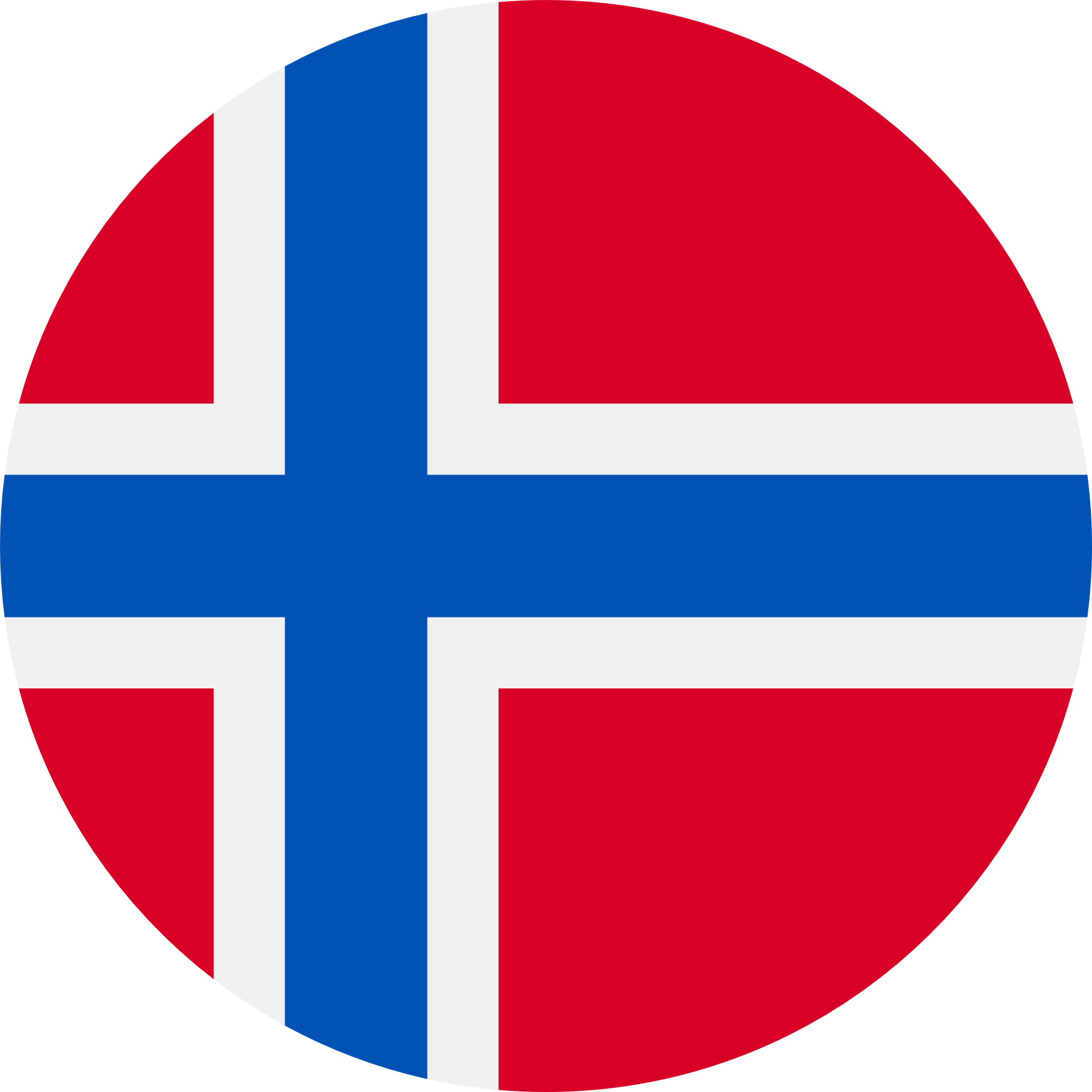
NORWAY
Section 185: Hate speech
A penalty of a fine or imprisonment for a term not exceeding three years shall be applied to any person who with intent or gross negligence publicly makes a discriminatory or hateful statement. «Statement» includes the use of symbols. Any person who in the presence of others, with intent or gross negligence, makes such a statement to a person affected by it, see paragraph two, is liable to a penalty of a fine or imprisonment for a term not exceeding one year.
«Discriminatory or hateful statement» means threatening or insulting a person or promoting hate of, persecution of or contempt for another person based on his or her
| a) | skin colour or national or ethnic origin, |
| b) | religion or life stance, |
| c) | homosexual orientation, or |
| d) | reduced functional capacity. |
| Status of country in relation to the ICCPR | ||||
| Accession | Succession | Ratification | Declaration/Reservation to Article 20(2) | |
| Norway | x |
Yes (Reservation) Subject to reservations to article 10, paragraph 2 (b) and paragraph 3 “with regard to the obligation to keep accused juvenile persons and juvenile offenders segregated from adults” and to article 14, paragraphs 5 and 7 and to article 20, paragraph 1. |
||

OMAN
Article 108:
Whoever promotes religious and sectarian tensions or commotions, prompts the feeling of hatred, detestation, or division between the population of the State, or incites it, shall be punished by imprisonment for a period no less than (3) three years and not exceeding (10) ten years.
Whoever holds a meeting, symposium, or conference relating to the objectives stipulated in the preceding Paragraph, or knowingly participates in any of them, shall be punished by the same punishment.
| Status of country in relation to the ICCPR | ||||
| Accession | Succession | Ratification | Declaration/Reservation to Article 20(2) | |
| Oman | – | – | – | – |

PAKISTAN
Article 153(a) Promoting enmity between different groups, etc:
Whoever:
| (a) | by words, either spoken or written, or by signs, or by visible representations or otherwise, promotes or incites, or attempts to promote or incite, on grounds of religion, race, place of both, residence. language, caste or community or any other ground whatsoever, disharmony or feelings of enmity, hatred or ill-will between different religious, racial, language or regional groups or castes or communities; or |
| (b) | commits, or incites any other person to commit, any act which is prejudicial to the maintenance of harmony between different religious, racial, language or regional groups or castes or communities or any group of persons identifiable as such on any ground whatsoever and which disturbs or is likely to disturb public tranquillity; or |
| (c) | organizes, or incites any other person to organize, and exercise, movement, drill or other similar activity intending that the participants in any such activity shall use or be trained to use criminal force or violence or knowing it to be likely that the participants in any such activity will use or be trained to use criminal force or violence or participates, or incites any other person to participate, in any such activity intending to use or be trained to use criminal force or violence or knowing it to be likely that the participants in any such activity will use or be trained, to use criminal force or violence, against any religious, racial, language or regional group or caste or community or any group of persons identifiable as such on any ground whatsoever and any such activity for any reason whatsoever cause or is likely to cause fear or alarm or a feeling of insecurity amongst members of such religious, racial, language or regional group or caste or community. shall be punished with imprisonment for a term which may extend to five years and with a fine. |
Explanation: It does not amount to an offence within the meaning of this section to point out, without malicious intention and with an honest view to their removal, matters which are producing, or have a tendency to produce, feelings of enmity or hatred between different religious, racial, language or regional groups or castes or communities.
| Status of country in relation to the ICCPR | ||||
| Accession | Succession | Ratification | Declaration/Reservation to Article 20(2) | |
| Pakistan | x |
No, but: The Government of the Islamic Republic of Pakistan reserves its right to attach appropriate reservations, make declarations and state its understanding in respect of various provisions of the Covenant at the time of ratification. |
||

PALAU
–
| Status of country in relation to the ICCPR | ||||
| Accession | Succession | Ratification | Declaration/Reservation to Article 20(2) | |
| Palau | x | No | ||

PANAMA
–
| Status of country in relation to the ICCPR | ||||
| Accession | Succession | Ratification | Declaration/Reservation to Article 20(2) | |
| Panama | x | No | ||

PAPUA NEW GUINEA
–
| Status of country in relation to the ICCPR | ||||
| Accession | Succession | Ratification | Declaration/Reservation to Article 20(2) | |
| Papua New Guinea | x | No | ||

PARAGUAY
–
| Status of country in relation to the ICCPR | ||||
| Accession | Succession | Ratification | Declaration/Reservation to Article 20(2) | |
| Paraguay | x | No | ||

PERU
–
| Status of country in relation to the ICCPR | ||||
| Accession | Succession | Ratification | Declaration/Reservation to Article 20(2) | |
| Peru | x | No | ||

THE PHILIPPINES
–
| Status of country in relation to the ICCPR | ||||
| Accession | Succession | Ratification | Declaration/Reservation to Article 20(2) | |
| The Philippines | x | No | ||

POLAND
Article 256:
1. Whoever publicly promotes a fascist or other totalitarian system of state or incites hatred against the background of differences in nationality, ethnic, racial, or religious affiliation or because of the lack of religious beliefs shall be subject to a fine, restriction of liberty or imprisonment of up to 2 years.
2. The same penalty shall be applied to a person who in order to disseminate produces, records or brings, acquires, holds, owns, shows, transports or transmits a printed, recorded or other item, with a content described in paragraph 1 or containing the symbols of fascist, communist or other totalitarian regimes.
3. An offence specified in paragraph 2 should be considered as non-committed if the described actions were performed in the view of artistic, educational, scientific, or collecting purpose.
4. In the event of a conviction for an offence referred to in paragraph 2, the court shall order the seizure of objects referred to in paragraph 2, even when the objects were not in the property of a perpetrator.
| Status of country in relation to the ICCPR | ||||
| Accession | Succession | Ratification | Declaration/Reservation to Article 20(2) | |
| Poland | x | No | ||

PORTUGAL
Article 240: Racial, religious or sexual discrimination
2. Whoever, in a public meeting, by writing aimed to disclose or through any media or informatics system aimed to disclose:
a) Gives rise to violence against a person or group of persons due to their race, colour, ethnic or national origin, religion, sex or sexual orientation; or
b) Defames or insults a person or group of persons due to their race, colour, ethnic or national origin, religion, sex or sexual orientation, namely though the denial of war crimes or against peace and humanity; or
c) Threatens a person or group of persons due to their race, colour, ethnic or national origin, religion, sex or sexual orientation;
with the intent to incite to racial, religious or sexual discrimination, or to encourage it, is punished with a sentence of imprisonment from six months to five years.
| Status of country in relation to the ICCPR | ||||
| Accession | Succession | Ratification | Declaration/Reservation to Article 20(2) | |
| Portugal | x | No | ||

QATAR
| Status of country in relation to the ICCPR | ||||
| Accession | Succession | Ratification | Declaration/Reservation to Article 20(2) | |
| Qatar | x | No | ||

REPUBLIC OF KOREA
| Status of country in relation to the ICCPR | ||||
| Accession | Succession | Ratification | Declaration/Reservation to Article 20(2) | |
| Republic of Korea | x | No | ||

ROMANIA
Article 369: Incitement to hatred or discrimination
Inciting the public, by any means, hatred or discrimination against a class of persons shall be punished with imprisonment of six months to three years or a fine.
Article 77: Aggravating circumstances
h) an offence for reasons of race, nationality, ethnicity, language, religion, gender, sexual orientation, opinion or political affiliation, wealth, social origin, age, disability, noncontagious disease or HIV / AIDS or other circumstances
| Status of country in relation to the ICCPR | ||||
| Accession | Succession | Ratification | Declaration/Reservation to Article 20(2) | |
| Romania | x | No | ||
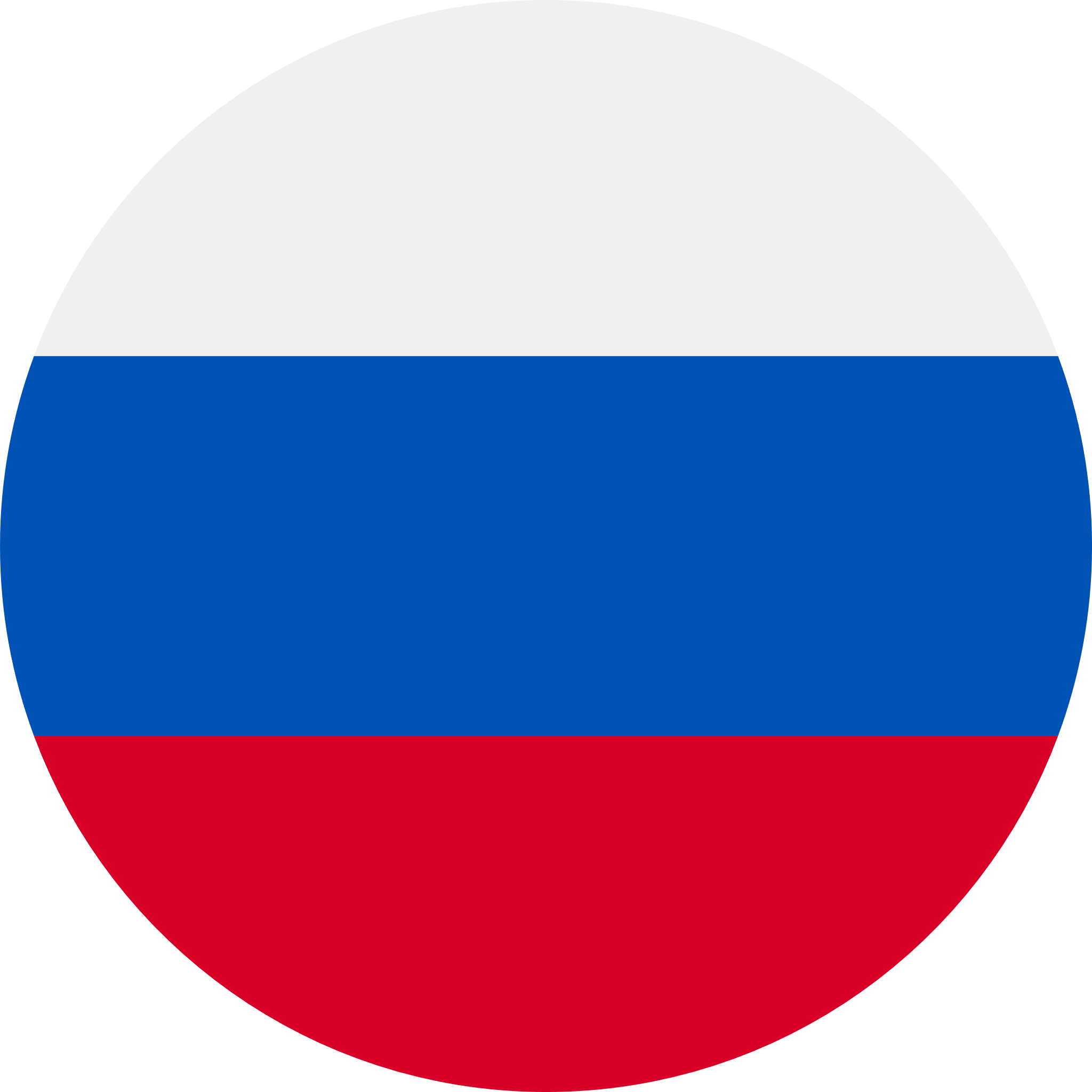
RUSSIAN FEDERATION
Article 282. Incitement of Hatred or Enmity, as Well as Abasement of Human Dignity
1. Actions aimed at the incitement of hatred or enmity, as well as abasement of dignity of a person or a group of persons on the basis of sex, race, nationality, language, origin, attitude to religion, as well as affiliation to any social group, if these acts have been committed in public or with the use of mass media, shall be punishable with a fine in the amount of 100 thousand to 300 thousand Roubles, or in the amount of a wage/salary or any other income of the convicted person for a period of one to two years, or with deprivation of the right to hold specified offices or to engage in specified activities for a term of up to three years, or with obligatory labour for a term of up to 360 hours, or with corrective labour for a term of up to one year, or with compulsory labour for a term of up to two years, or with deprivation of liberty for the same term.
2. The same deeds committed: a) with the use of violence or with the threat of its use; b) by a person through his official position; c) by an organized group, – shall be punishable with a fine in the amount of 100 thousand to 500 thousand Roubles, or in the amount of a wage/salary or any other income of the convicted person for a period of one to three years, or with deprivation of the right to hold specified offices or to engage in specified activities for a term of up to five years, or with obligatory labour for a term of up to 480 hours, or with corrective labour for a term of one to two years, or with compulsory labour for a term of up to five years, or with deprivation of liberty for the same term.
| Status of country in relation to the ICCPR | ||||
| Accession | Succession | Ratification | Declaration/Reservation to Article 20(2) | |
| Russian Federation | x | No | ||

RWANDA
Law No.68/2018 of 30/08/2018 Determining Offences and Penalties in General
Article 164: Crime of instigating divisions A person who makes use of speech, writing, or any other act which divide people or may set them against each other or cause civil unrest on the basis of discrimination, commits an offence. A person convicted of committing one of the acts referred to under paragraph one of this Article is liable to imprisonment for a term of not less than five years but not more than seven years and a fine of not less than five hundred thousand Rwandan Francs but not more than one million Rwandan Francs.
| Status of country in relation to the ICCPR | ||||
| Accession | Succession | Ratification | Declaration/Reservation to Article 20(2) | |
| Rwanda | x | No | ||

SAINT KITTS AND NEVIS
–
| Status of country in relation to the ICCPR | ||||
| Accession | Succession | Ratification | Declaration/Reservation to Article 20(2) | |
| Saint Kitts and Nevis | – | – | – | – |

SAINT LUCIA
–
| Status of country in relation to the ICCPR | ||||
| Accession | Succession | Ratification | Declaration/Reservation to Article 20(2) | |
| Saint Lucia | x | No | ||

SAINT VINCENT AND THE GRENADINES
–
| Status of country in relation to the ICCPR | ||||
| Accession | Succession | Ratification | Declaration/Reservation to Article 20(2) | |
| Saint Vincent and the Grenadines | x | No | ||
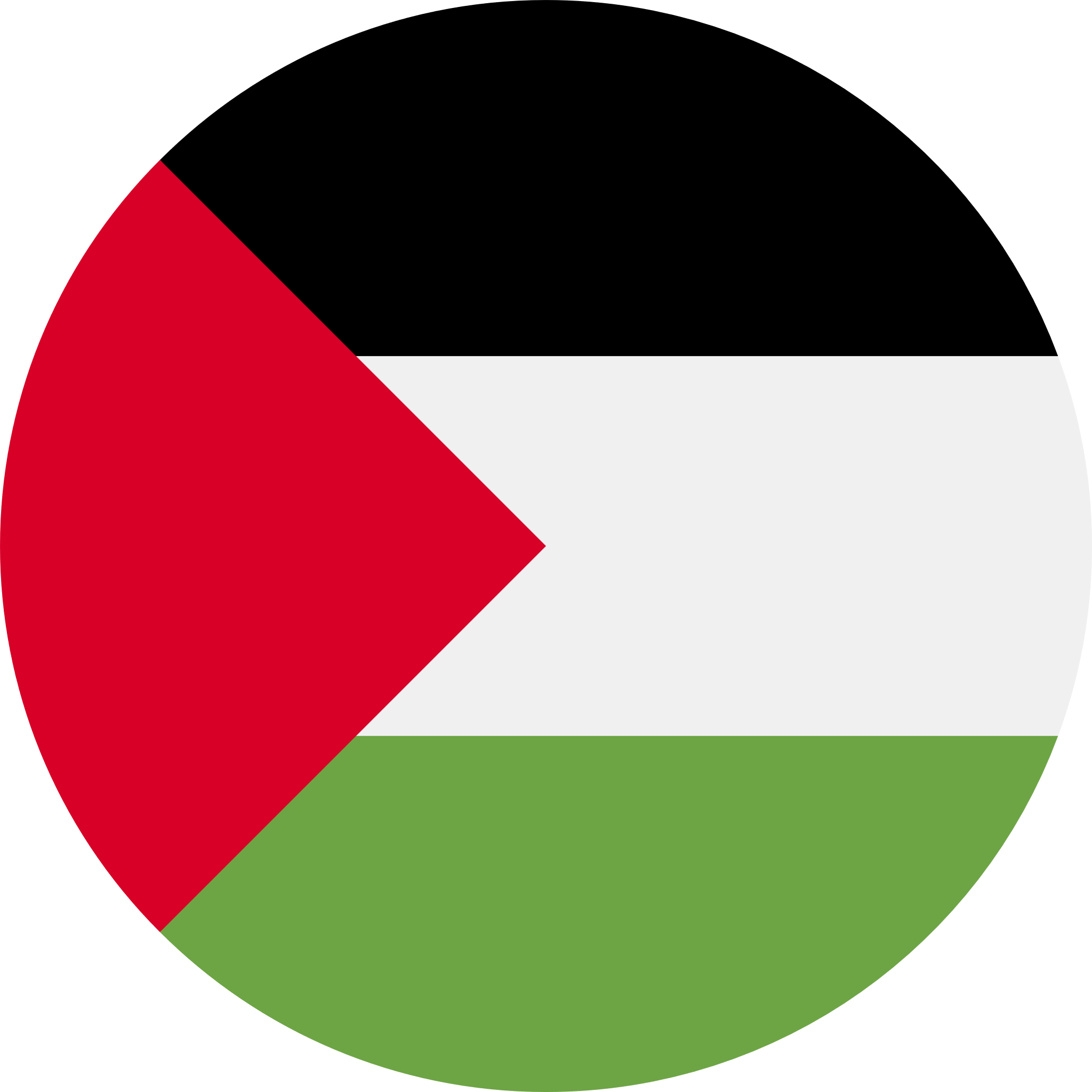
STATE OF PALESTINE
The Criminal Code of Jordan is applied in the West Bank:
Section 5: Crimes Harming National Unity and the Coexistence between the Nation’s Elements
Article 150: Any writing or speech aims at or results in stirring sectarian or racial prejudices or the incitement of conflict between different sects or the nation’s elements, such act shall be punished by imprisonment for no less than six months and no more than three years and a fine not to exceed five hundred Dinars.
Palestinian Press and Publications Law
Article 8 (d): states that it is incumbent on everyone who works in the press, in accordance with ethical standards, to refrain from publishing anything that might fuel violence, intolerance or hatred, or to issue calls for racism and sectarianism.
Article 37: of the Law contains a long list of prohibitions on what newspapers may publish. Among other things, it bans the publication of articles which would offend against national unity, incite others to commit crimes or sow hatred and discord among members of society.
Article 47: provides that for violations of Article 37, the competent authority for making an administrative decision has the right to order the seizure and confiscation of all of the copies of a newspaper published on a given day. The court may also order the suspension of a newspaper for a period of up to three months for such violations, in addition to any other punishment.
Information taken from secondary source (MedMedia)
Presidential Decree on the Consecration of National Unity and Prevention of Incitement
Article 1: of this Decree prohibits acts of incitement to discrimination, encouragement of violence, directing insults at different religions and inciting violence that harms relations with other countries.
Information taken from secondary source (MedMedia)
| Status of country in relation to the ICCPR | ||||
| Accession | Succession | Ratification | Declaration/Reservation to Article 20(2) | |
| State of Palestine | x | No | ||
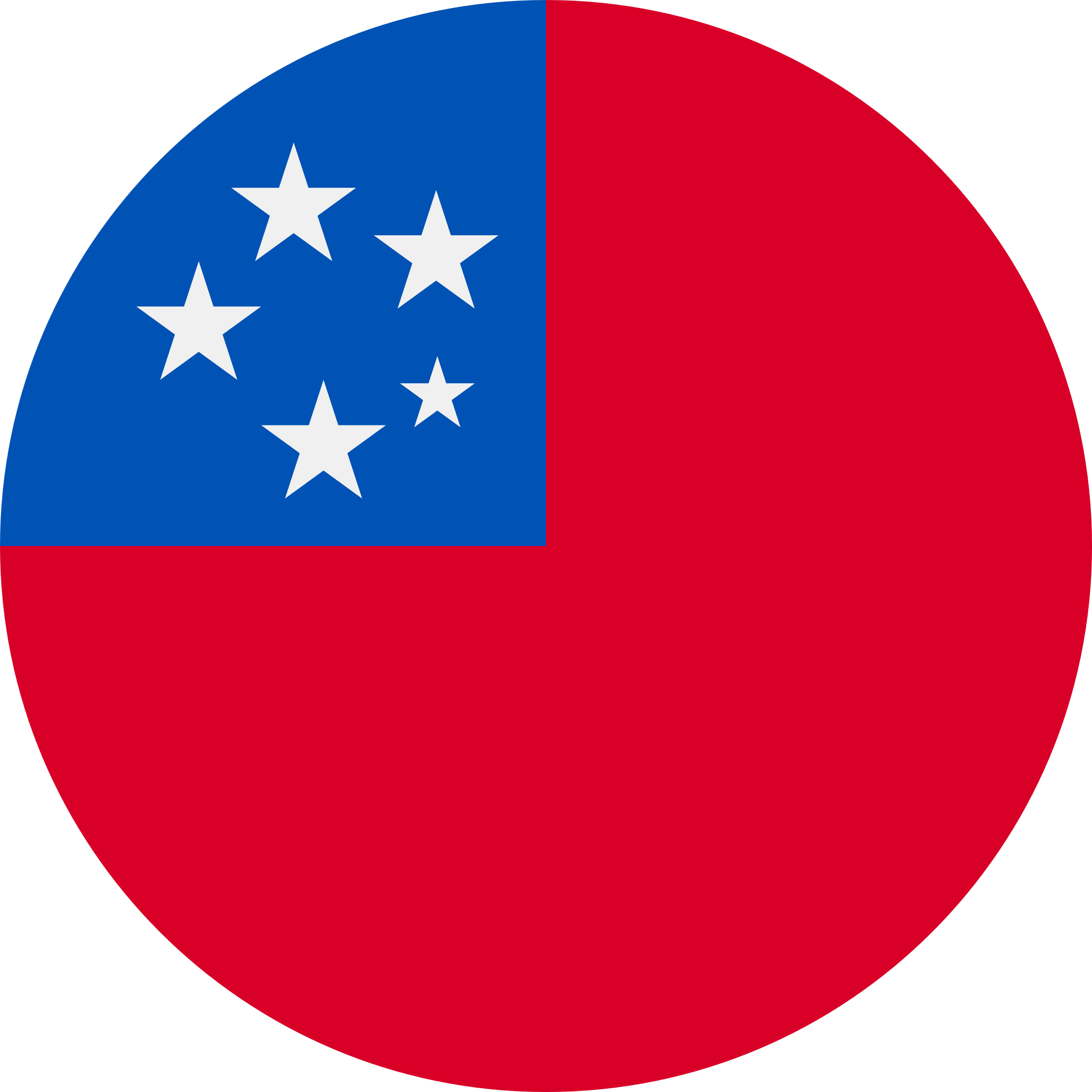
SAMOA
–
| Status of country in V to the ICCPR | ||||
| Accession | Succession | Ratification | Declaration/Reservation to Article 20(2) | |
| Samoa | x | No | ||

SAN MARINO
–
| Status of country in relation to the ICCPR | ||||
| Accession | Succession | Ratification | Declaration/Reservation to Article 20(2) | |
| San Marino | x | No | ||
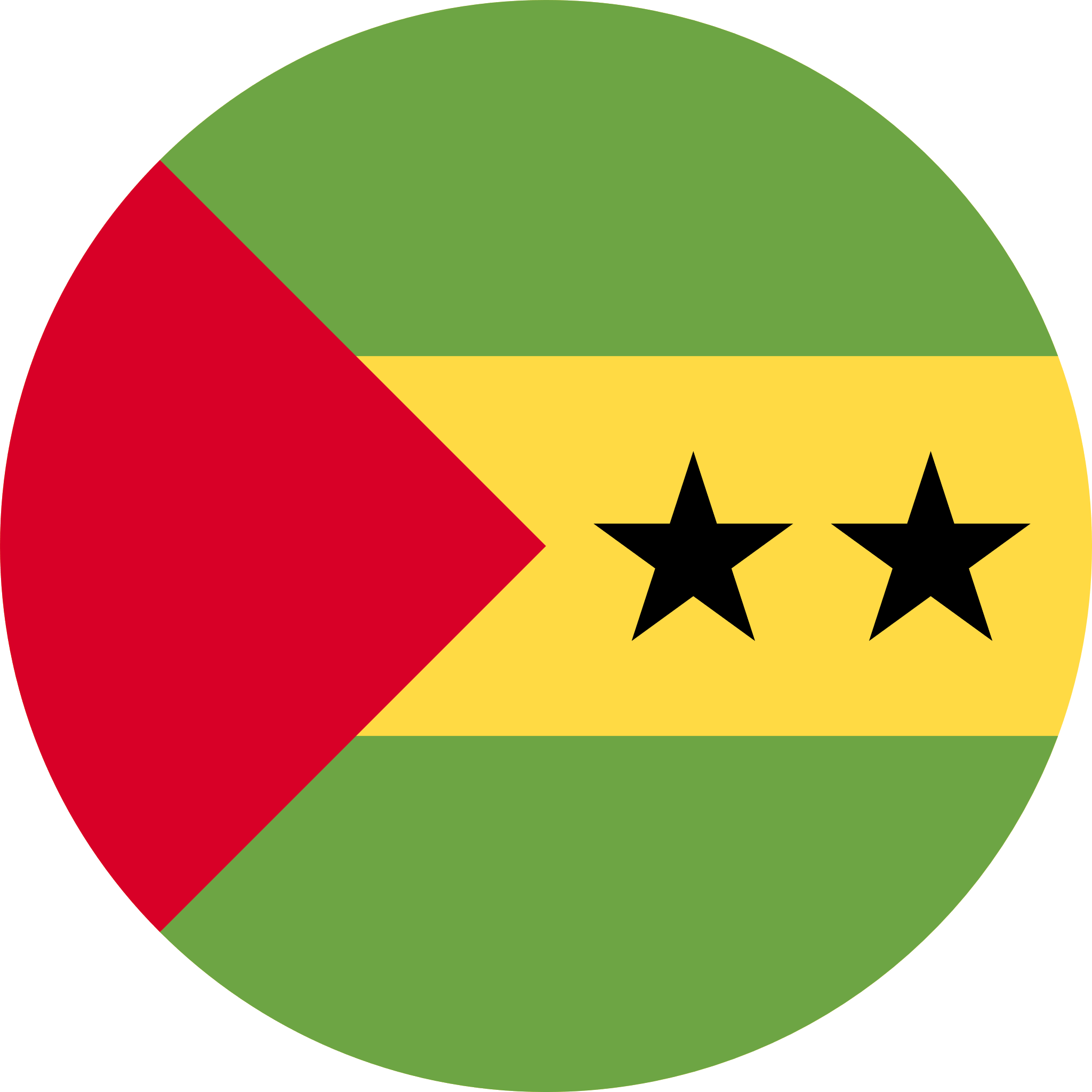
SAO TOME AND PRINCIPE
–
| Status of country in relation to the ICCPR | ||||
| Accession | Succession | Ratification | Declaration/Reservation to Article 20(2) | |
| Sao Tome and Principe | x | No | ||

SAUDI ARABIA
| Status of country in relation to the ICCPR | ||||
| Accession | Succession | Ratification | Declaration/Reservation to Article 20(2) | |
| Saudi Arabia | x | No | ||
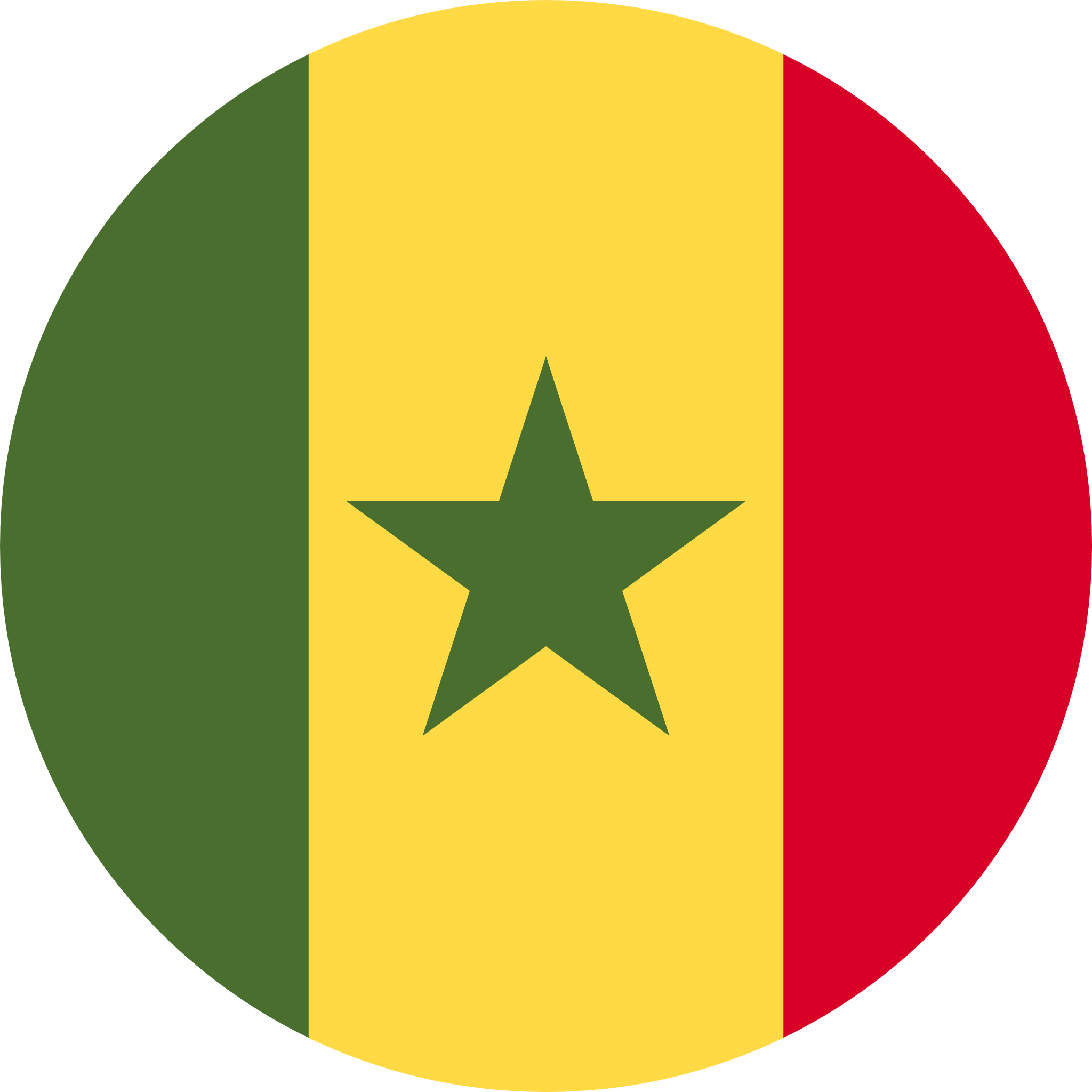
SENEGAL
Article 262: The maximum penalty of imprisonment will be six months and a fine of 500,000 Francs if the insult was directed to a group of persons due to their origin, race, or determined religion, with the purpose of arousing hatred between citizens or inhabitant.
| Status of country in relation to the ICCPR | ||||
| Accession | Succession | Ratification | Declaration/Reservation to Article 20(2) | |
| Senegal | x | No | ||

SERBIA
Article 317: Instigating national, racial and religious hatred and intolerance
(1) Whoever provokes or incites ethnic, racial or religious hatred or intolerance among the peoples or ethnic communities living in Serbia, shall be punished by imprisonment of six months to five years.
(2) If the offence referred to in paragraph 1 of this Article is committed by coercion, maltreatment, compromising of security, exposure to derision of national, ethnic or religious symbols, damage to other person’s goods, desecration of monuments, memorials or graves, the offender shall be punished by imprisonment of one to eight years.
(3) Whoever commits the offence referred to in paragraphs 1 and 2 of this Article by abuse of power or authority, or if these offences result in riots, violence or other grave consequences to the co-existence of peoples, national minorities or ethnic groups living in Serbia, shall be punished for the offence referred to in paragraph 1 of this Article by imprisonment of one to eight years, and for the offence referred to in paragraph 2 of this Article by imprisonment of two to ten years.
| Status of country in relation to the ICCPR | ||||
| Accession | Succession | Ratification | Declaration/Reservation to Article 20(2) | |
| Serbia | x | No | ||

SEYCHELLES
| Status of country in relation to the ICCPR | ||||
| Accession | Succession | Ratification | Declaration/Reservation to Article 20(2) | |
| Seychelles | x | No | ||

SIERRA LEONE
Article 37: ‘Seditious intention’ includes an intention –
v. to encourage or promote feelings of ill-will and hostility between different tribes or nationalities or between persons of different religious faiths in Sierra Leone;
| Status of country in relation to the ICCPR | ||||
| Accession | Succession | Ratification | Declaration/Reservation to Article 20(2) | |
| Sierra Leone | x | No | ||
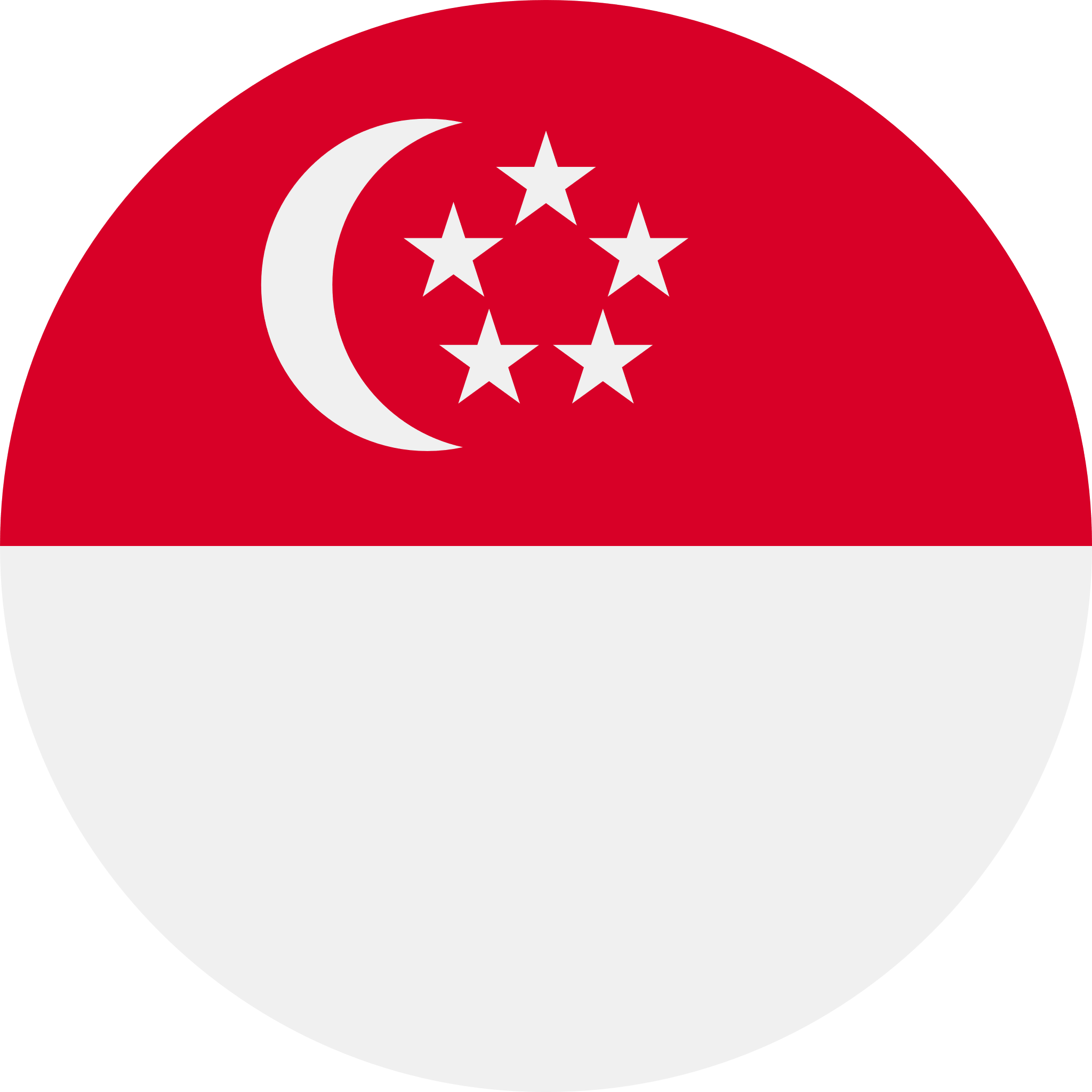
SINGAPORE
Uttering words, etc., with deliberate intent to wound the religious or racial feelings of any person.
Section 298: Whoever, with deliberate intention of wounding the religious or racial feelings of any person, utters any word or makes any sound in the hearing of that person, or makes any gesture in the sight of that person, or places any object in the sight of that person, or causes any matter however represented to be seen or heard by that person, shall be punished with imprisonment for a term which may extend to 3 years, or with a fine, or with both.
Promoting enmity between different groups on grounds of religion or race and carrying out acts prejudicial to maintenance of harmony.
Section 298A.
Whoever —
(a) by words, either spoken or written, or by signs or by visible representations or otherwise, knowingly promotes or attempts to promote, on grounds of religion or race, disharmony or feelings of enmity, hatred or ill-will between different religious or racial groups; or
(b) commits any act which he knows is prejudicial to the maintenance of harmony between different religious or racial groups and which disturbs or is likely to disturb the public tranquility,
shall be punished with imprisonment for a term which may extend to 3 years, or with a fine, or with both.
| Status of country in relation to the ICCPR | ||||
| Accession | Succession | Ratification | Declaration/Reservation to Article 20(2) | |
| Singapore | x | No | ||

SLOVAKIA
Article 63: Prohibition of Incitement to Discrimination and Intolerance and Prohibition of Incitement to Violence and War
Any incitement to national, racial, religious, or other discrimination, and the inflaming of national, racial, religious, or other hatred and intolerance are unconstitutional.
Article 297: Public Incitement to Hatred, Violence or Intolerance Article 297
(1) Whoever publicly provokes or stirs up ethnic, racial, religious or other hatred, strife or intolerance, or provokes any other inequality on the basis of physical or mental deficiencies or sexual orientation, shall be punished by imprisonment of up to two years.
(2) The same sentence shall be imposed on a person who publicly disseminates ideas on the supremacy of one race over another, or provides aid in any manner for racist activity or denies, diminishes the significance of, approves, disregards, makes fun of, or advocates genocide, holocaust, crimes against humanity, war crime, aggression, or other criminal offences against humanity.
(3) If the offence under preceding paragraphs has been committed by publication in mass media, the editor or the person acting as the editor shall be sentenced to the punishment, by imposing the punishment referred to in paragraphs 1 or 2 of this Article, except if it was a live broadcast and he was not able to prevent the actions referred to in the preceding paragraphs.
(4) If the offence under paragraphs 1 or 2 of this Article has been committed by coercion, maltreatment, endangering of security, desecration of national, ethnic or religious symbols, damaging the movable property of another, desecration of monuments or memorial stones or graves, the perpetrator shall be punished by imprisonment of up to three years.
(5) If the acts under paragraphs 1 or 2 of this Article have been committed by an official by abusing their official position or rights, he shall be punished by imprisonment of up to five years.
(6) Material and objects bearing messages from paragraph 1 of this Article, and all devices intended for their manufacture, multiplication and distribution, shall be confiscated, or their use disabled in an appropriate manner.
The Protection against Discrimination Act 2016
Article 7: Other forms of discrimination
Discrimination shall also include:
-incitement to discrimination
Article 10 (Inciting discrimination)
(1) Inciting discrimination is any incitement of other persons to carry out actions the result of which is, was or could be discrimination as per the provisions of this Act. Prohibited severe conduct particularly includes delivering or disseminating racist, religious, national and sexually discriminatory appeals, inducing, abetting or inciting hatred and discrimination, and broader public haranguing which promotes discrimination.
(2) The public justification for neglecting or despising persons or groups of people due to personal circumstances under Article 1 of this Act is also prohibited as discrimination, including justifying ideas of the supremacy or superiority of a person or a group of people with certain characteristics which arise from the aforementioned personal circumstances and which are supposedly superior to those who are not part of such group.
| Status of country in relation to the ICCPR | ||||
| Accession | Succession | Ratification | Declaration/Reservation to Article 20(2) | |
| Slovakia | x | No | ||
SLOVENIA
–
| Status of country in relation to the ICCPR | ||||
| Accession | Succession | Ratification | Declaration/Reservation to Article 20(2) | |
| Slovenia | x | |||

SOLOMON ISLANDS
–
| Status of country in relation to the ICCPR | ||||
| Accession | Succession | Ratification | Declaration/Reservation to Article 20(2) | |
| Solomon Islands | – | – | – | – |

SOMALIA
Article 451: Insult
1. Whoever offends the honour or dignity of a person by words or act in presence, or by writing or drawing or by telephonic or telegraphic communications to that person, shall be punished on the complaint of the injured party, with imprisonment of up to one year or with a fine of up to SOS 1,000.
2. The punishment will be increased up to double:
c) where the insult is also directed to the nationality, ethnic community or family to which the injured party belongs;
3. The prosecution of the offence shall be initiated by the State where any of the circumstances referred to in letter (c) or (d) of the preceding paragraph is present.
| Status of country in relation to the ICCPR | ||||
| Accession | Succession | Ratification | Declaration/Reservation to Article 20(2) | |
| Somalia | x | No | ||

SOUTH AFRICA
Article16:
(1) Everyone has the right to freedom of expression, which includes— (a) freedom of the press and other media; (b) freedom to receive or impart information or ideas; (c) freedom of artistic creativity; and (d) academic freedom and freedom of scientific research.
(2) The right in subsection (1) does not extend to—
- propaganda for war;
- incitement of imminent violence; or
- advocacy of hatred that is based on race, ethnicity, gender or religion, and that constitutes incitement to cause harm.
| Status of country in relation to the ICCPR | ||||
| Accession | Succession | Ratification | Declaration/Reservation to Article 20(2) | |
| South Africa | x | No | ||
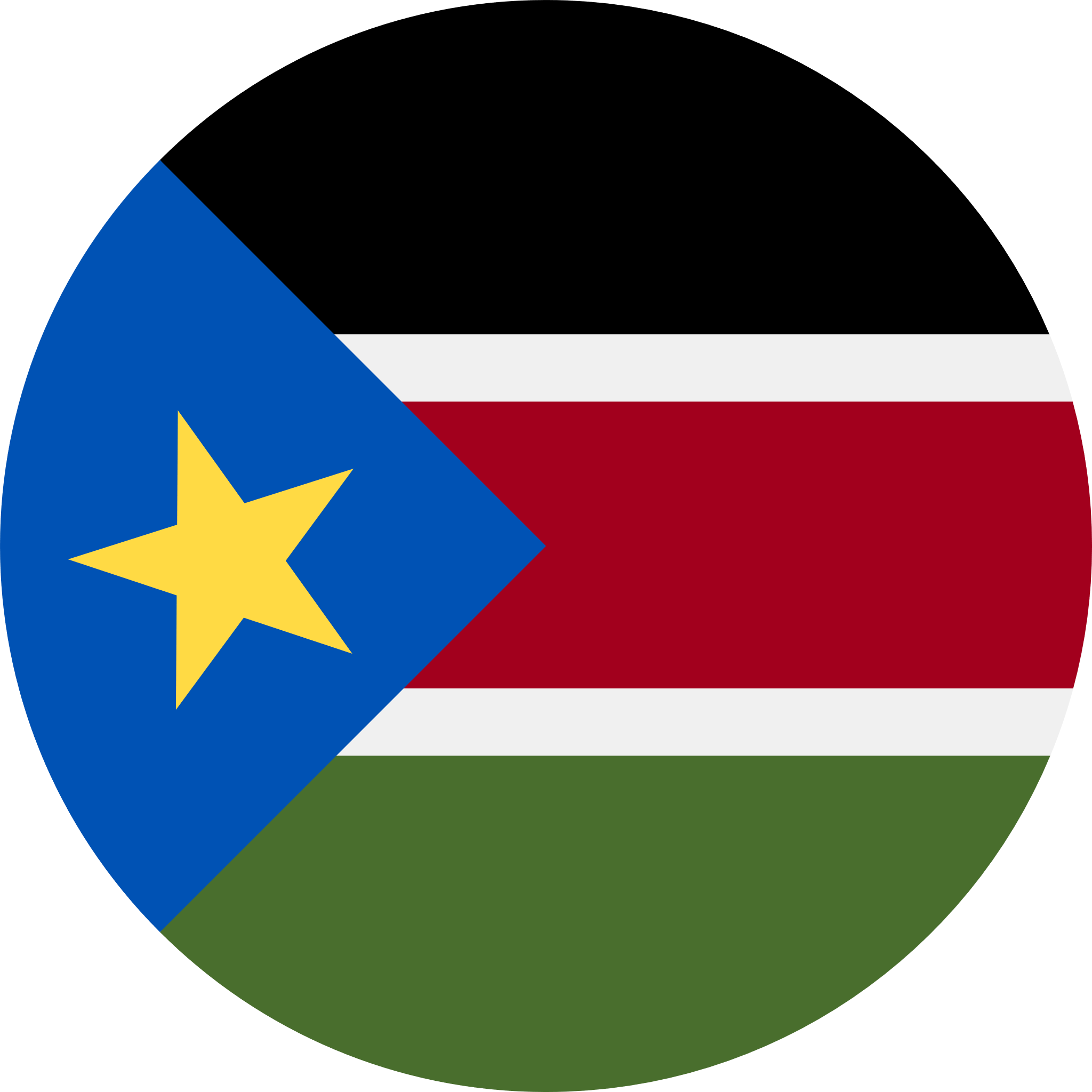
SOUTH SUDAN
Section 5. Interpretation
“Hate Speech” means any speech made publicly to advocate racial, ethnic or religious hatred or incitement to hostility, xenophobia or violence towards a target group;
Section 29: Hate Speech and Incitement to Violence
(1) It shall be an offense to publish, broadcast or otherwise disseminate statements that threaten, insult, ridicule or otherwise abuse a person or group with language that is intended to, and does or may provably incite others to commit acts of violence or to discriminate against that person or group, or is published, broadcast or otherwise disseminated in reckless disregard of the probability that it may incite such violence or discrimination.
(2) In all cases, a nexus must be established between the words and an actual or probable act of violence or discrimination. Language that is merely offensive or insulting may not be subjected to liability under this Section. Language that is followed by an act of violence or discrimination that was not intended or could not reasonably have been foreseen shall not be the basis of liability under this Section.
(3) Complaints of such offensive language shall be made to the Press and Broadcast Council, which shall investigate the merits of the complaint and attempt to resolve the matter through mediation and negotiation.
(4) If the Council finds merit to the complaint but is unable to negotiate a resolution acceptable to both parties, the Council shall refer the case to the Board of the Authority, which may dismiss the claim or hear it and reach a resolution.
(5) Sanctions for a finding of liability under this Section may include: (a) The requirement to publish or broadcast a correction, apology or both. (b) Compensation for actual damages. (c) A punitive fine. (d) A warning; (e) Suspension of the broadcast licence; (f) Denial of entry into premises; (g) Seizure of equipment; (h) Closedown of broadcasting operations; or (i) Termination of the broadcast licence. (j) In the case of print publications found to have violated this section with intent or reckless disregard, where the damage is serious, the publication may be ordered to cease publication and all equipment may be seized.
(6) In serious cases, where malicious intent or recklessness is shown and damage is serious, a prison term of up to five years may be imposed by a competent court. Malice may be defined in this section as intent to arouse hatred or discrimination because of religious, ethnic, gender or other reason recognized as discriminatory.
| Status of country in relation to the ICCPR | ||||
| Accession | Succession | Ratification | Declaration/Reservation to Article 20(2) | |
| South Sudan | x | No | ||
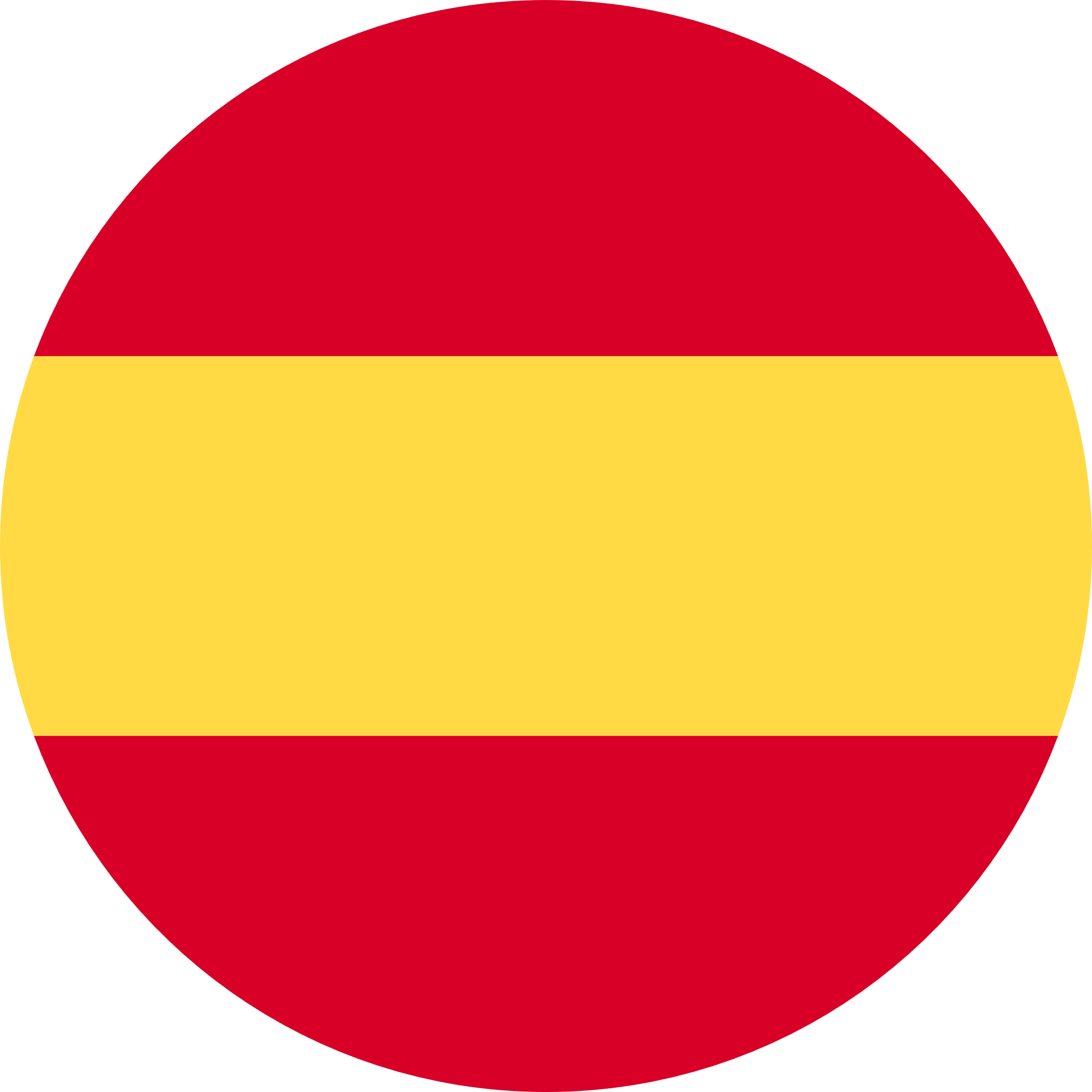
SPAIN
Article 510:
1.A prison sentence of one to four years and a fine payable for six to twelve months handed to:
a) Those who publicly encourage, promote or incite directly or indirectly to hatred, hostility, discrimination or violence against a group, a part of it or against a person determined by reason of their membership, for racist, anti-Semitic reasons or others referring to the ideology, religion or beliefs, family situation, the belonging of their members of an ethnicity, race or nation, their national origin, their sex, orientation or identity sexual, for reasons of gender, illness or disability. b) Those who produce, elaborate, possess for the purpose of distributing, provide third parties people to access, distribute, disseminate or sell writings or any other kind of material or supports that, due to their content, are suitable to encourage, promote, or incite directly or indirectly to hatred, hostility, discrimination or violence against a group, a part of it, or against a person determined by reason of belonging to it, for racist, anti-Semitic or other reasons referring to ideology, religion or beliefs, situation family, the belonging of its members to an ethnic group, race or nation, their national origin, their sex, sexual orientation or identity, based on gender, illness or disability.
2. A prison sentence of six months to two years and a fine which is payable for six to twelve months handed to:
a) Those who harm the dignity of persons through actions that involve humiliation, disparagement or discrediting of any of the groups referred to in the section above, or a part of them, or of any person determined by reason of their membership of them for racist, anti-Semitic or other reasons related to ideology, religion or beliefs, family situation, the belonging of its members to an ethnic group, race or nation, their national origin, your sex, sexual orientation or identity, based on gender, illness or disability, or produce, produce, possess for the purpose of distributing, facilitating third parties access, distribute, disseminate or sell writings or any other kind of material or supports that, due to their content, are suitable to damage the dignity of the people for representing a serious humiliation, contempt or discredit of any of the groups mentioned, a part of them, or any person determined by reason of their belonging to them.
b) Those who praise or justify by any means of public expression or dissemination of crimes that had been committed against a group, a part of it, or against a person determined by reason of belonging to that person for racist reasons, anti-Semitic or other related to ideology, religion or beliefs, family situation, membership of its members to an ethnic group, race or nation, their national origin, their sex, sexual orientation or identity, for reasons of gender, illness or disability, or to those who participated in its execution.
The acts will be punished with a penalty of one to four years in prison and a fine of six to twelve months when in this way a climate of violence is promoted or favored, hostility, hatred or discrimination against the aforementioned groups.
3. The penalties provided for in the preceding paragraphs will be imposed in the upper half
when the events had been carried out through a social communication medium, through the internet or through the use of information technologies, so that, that was made accessible to a large number of people.
4. When the facts, in view of their circumstances, are suitable to alter the public peace or create a serious sense of insecurity or fear among members of the group, the penalty will be imposed in its upper half, which may be raised to the upper half in degree.
5. In all cases, the penalty of special disqualification will also be imposed for educational profession or trade, in the field of teaching, sports and leisure time, for a time between three and ten years longer than the duration of the sentence of deprivation of liberty imposed in his case in the sentence, proportionally attending to the seriousness of the crime, the number of the committed and the circumstances that concur in the offender.
6. The judge or court will agree to the destruction, erasure or uselessness of the books, files, documents, articles and any kind of support object of the crime referred to in the previous sections or through which it was committed. When the crime is committed through information and communication technologies, there will be withdrawal of the contents. In cases in which the content is exclusively or predominantly disseminated through an internet access portal or service of the information society, the blocking of access or the interruption of the provision of access occurs.
| Status of country in relation to the ICCPR | ||||
| Accession | Succession | Ratification | Declaration/Reservation to Article 20(2) | |
| Spain | x | No | ||

SRI LANKA
International Covenant on Civil and Political Rights Act, No. 56 of 2007
Recitals:
3 (1) No person shall propagate war or advocate national, racial or religious hatred that constitutes incitement to discrimination, hostility or violence.
| Status of country in relation to the ICCPR | ||||
| Accession | Succession | Ratification | Declaration/Reservation to Article 20(2) | |
| Sri Lanka | x | No | ||
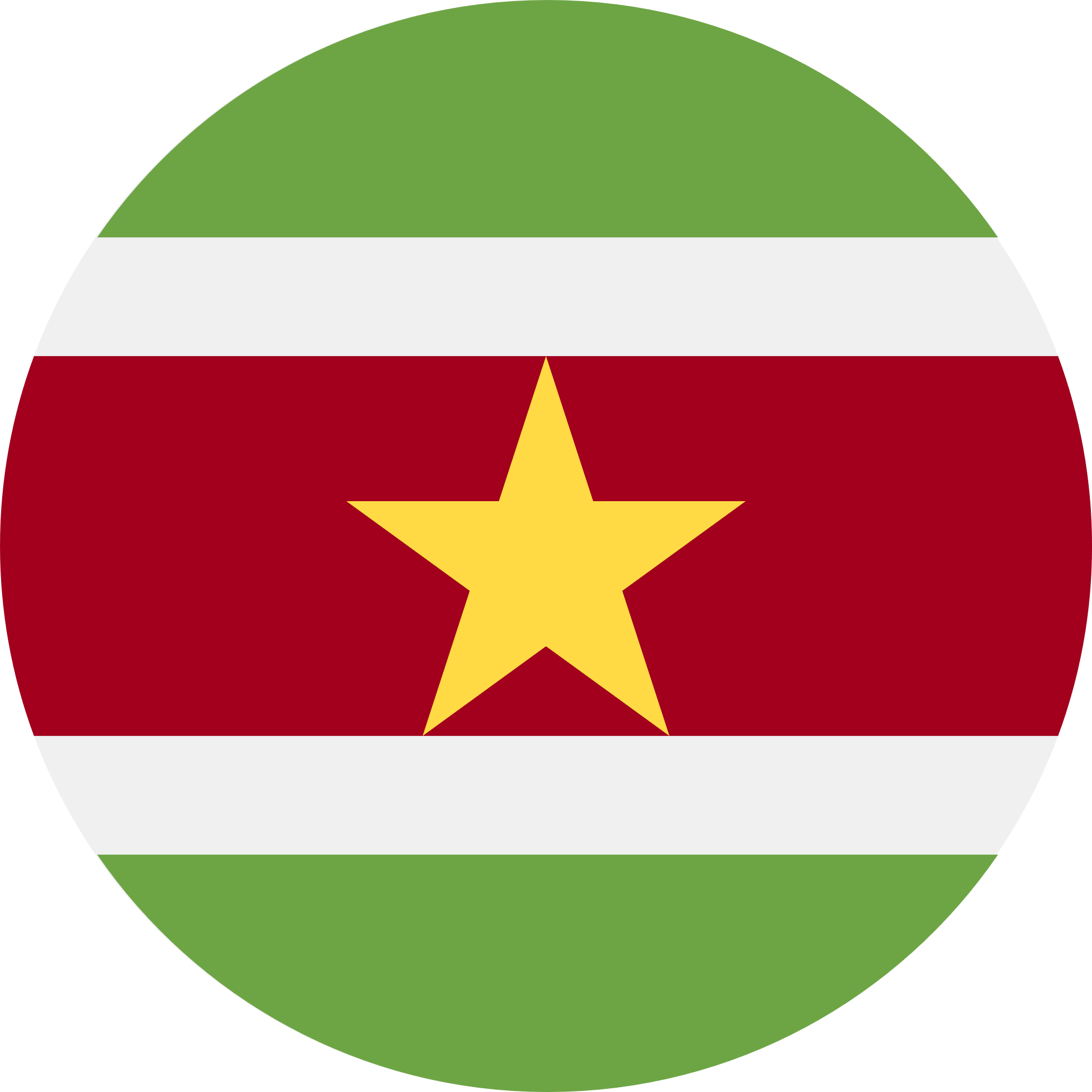
SURINAME
| Status of country in relation to the ICCPR | ||||
| Accession | Succession | Ratification | Declaration/Reservation to Article 20(2) | |
| Suriname | x | No | ||
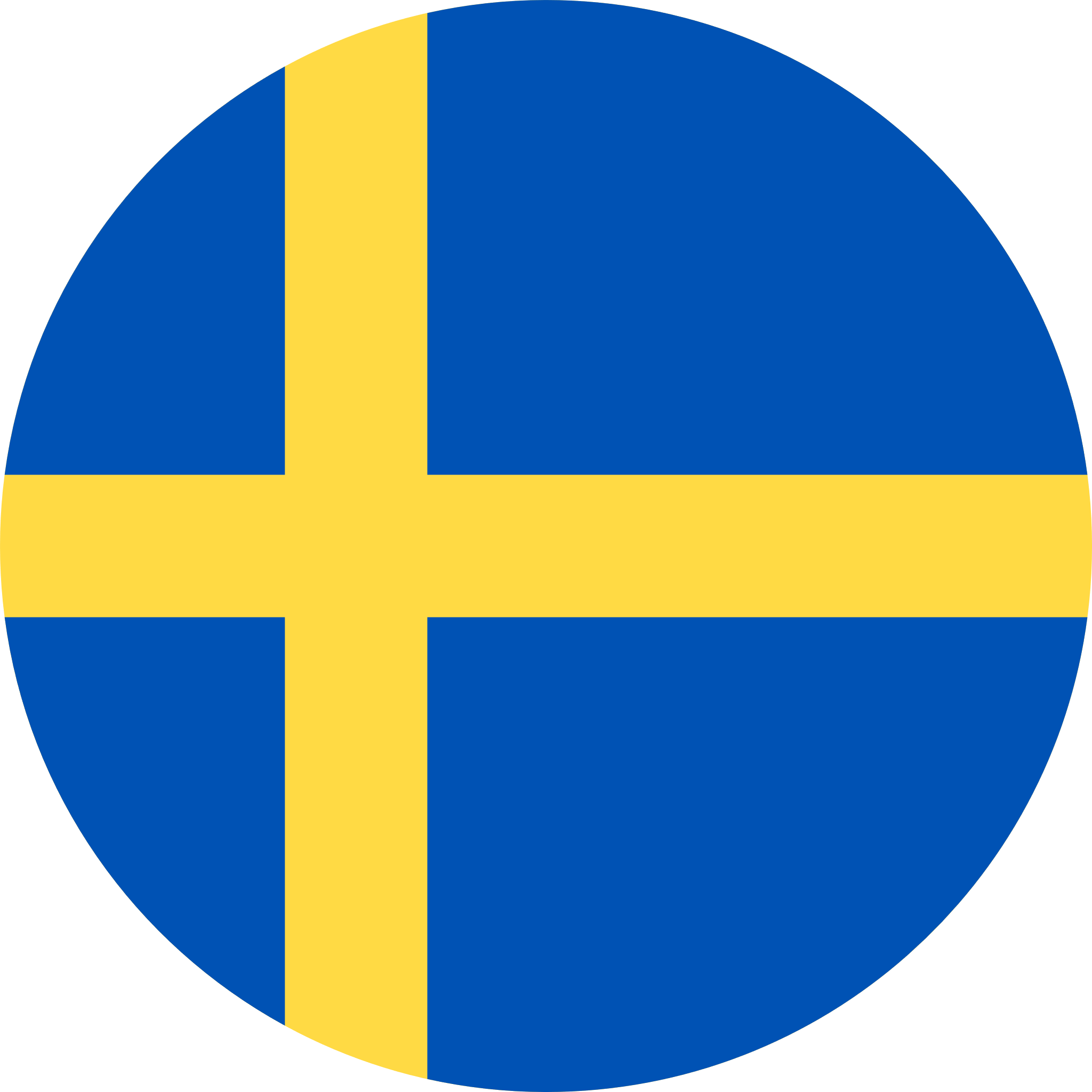
SWEDEN
Chapter 16, Section 8 of the Penal Code:
A person who, in a statement or other communication that is disseminated, threatens or expresses contempt for a population group by allusion to race, colour, national or ethnic origin, religious belief, sexual orientation or transgender identity or expression is guilty of agitation against a population group and is sentenced to imprisonment for at most two years or, if the offence is minor, to a fine.
| Status of country in relation to the ICCPR | ||||
| Accession | Succession | Ratification | Declaration/Reservation to Article 20(2) | |
| Sweden | x |
Yes (Reservation) Sweden reserves the right not to apply the provisions of article 10, paragraph 3, with regard to the obligation to segregate juvenile offenders from adults, the provisions of article 14, paragraph 7, and the provisions of article 20, paragraph 1, of the Covenant. |
||

SWITZERLAND
Art. 261bis: Discrimination and incitement to hatred
Any person who publicly incites hatred or discrimination against a person or a group of persons on the grounds of their race, ethnic origin, religion or sexual orientation,
any person who publicly disseminates ideologies that have as their object the systematic denigration or defamation of that person or group of persons,
any person who with the same objective organises, encourages or participates in propaganda campaigns,
any person who publicly denigrates or discriminates against another or a group of persons on the grounds of their race, ethnic origin, religion or sexual orientation in a manner that violates human dignity, whether verbally, in writing or pictorially, by using gestures, through acts of aggression or by other means, or any person who on any of these grounds denies, trivialises or seeks justification for genocide or other crimes against humanity,
any person who refuses to provide a service to another on the grounds of that person’s race, ethnic origin, religion or sexual orientation when that service is intended to be provided to the general public, is liable to a custodial sentence not exceeding three years or to a monetary penalty.
| Status of country in relation to the ICCPR | ||||
| Accession | Succession | Ratification | Declaration/Reservation to Article 20(2) | |
| Switzerland | x |
Yes (Reservation) Reservation concerning article 20: Switzerland reserves the right not to adopt further measures to ban propaganda for war, which is prohibited by article 20, paragraph 1 |
||

SYRIAN ARAB REPUBLIC
Article 306: Any act, piece of writing or speech that is intended to or results in stirring sectarian or racial strife or inciting conflict between sects and the various elements of the nation shall be punished by imprisonment of six months to two years and a fine of one hundred to two hundred Syrian pounds, as well as with prohibition from exercising the rights mentioned in the second and fourth paragraphs of Article 65.
Article 65: Every person sentenced to imprisonment or house arrest in misdemeanor cases is deprived throughout the execution of his sentence from exercising the following civil rights:
A:The right to assume public employment and services.
B: The right to assume jobs and services in managing the affairs of the civil sect or managing the union to which he belongs.
C: The right to be a voter or elected in all state councils.
D: The right to be a voter or elected in all sects and trade union organizations.
E: The right to wear Syrian or foreign medals
| Status of country in relation to the ICCPR | ||||
| Accession | Succession | Ratification | Declaration/Reservation to Article 20(2) | |
| Syrian Arab Republic | x | No | ||
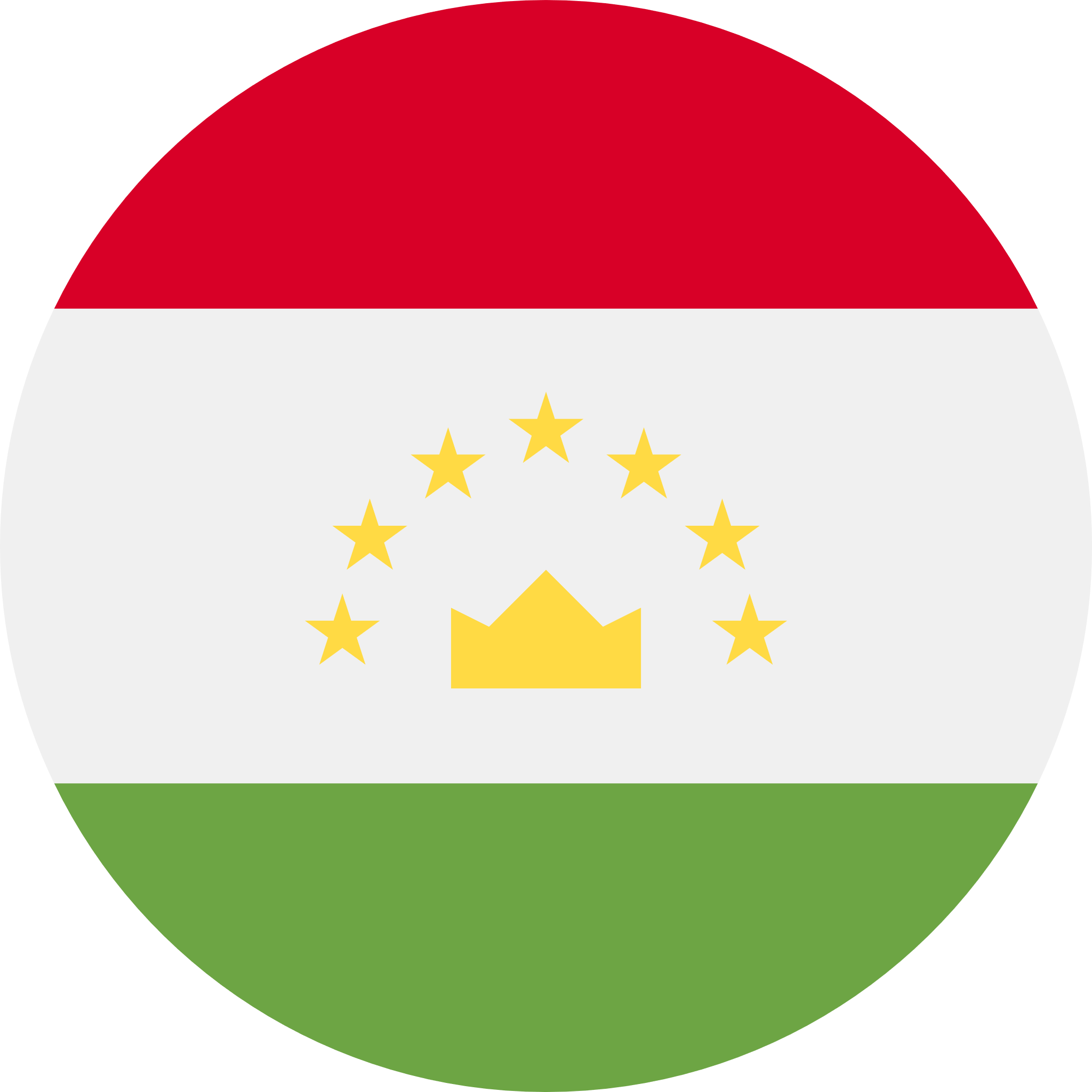
TAJIKISTAN
Article 189: Arousing National, Racial, Local or Religious Hostility
(1) Actions, which lead to arousing national, racial, local or religious hostility, or dissension, humiliating national dignity, as well as propaganda of the exclusiveness of citizens by a sign of their relation to religion, national, racial, or local origin, if these actions were committed in public or using means of mass media, are punishable by up to 5 years of restriction of liberty or imprisonment for the same period of time.
(2) The same actions, if committed:
a) repeatedly;
b) using violence or threat of its using;
c) using an official position;
d) by a group of individuals or group of individuals in a conspiracy,
are punishable by imprisonment for a period of 5 to 10 years simultaneously with deprivation of the right to hold certain positions or to be involved in a certain activity of 2 to 5 years or without it.
(3) The actions, specified in paragraphs 1 and 2 of the present Article, if they were:
a) committed by an organized group;
b) caused carelessly death of a human or other serious consequences;
c) caused forcible expulsion of a citizen from his permanent place of residence;
d) committed by a dangerous or an especially dangerous recidivist,
are punishable by imprisonment for a period of 8 to 12 years simultaneously with deprivation of the right to hold certain positions or to be involved in a certain activity for up to 5 years or without it.
| Status of country in relation to the ICCPR | ||||
| Accession | Succession | Ratification | Declaration/Reservation to Article 20(2) | |
| Tajikistan | x | No | ||

TANZANIA
The Electronic and Postal Communications (Online Content) Regulations 2020
Preliminary Provisions
2. These Regulations shall apply to online content service providers, internet service providers, application services licensees, online content users and any other related online content.
“content” means information in form of speech or other sound, data, text or images whether still or moving except where transmitted in private communications;
“hate speech” means any portrayal in words, speech, pictures, etc., which denigrates, defames or otherwise devalues a person or group on the basis of race, ethnicity, religion or disability;
4. Licence Requirement
(1) A person shall not provide online content services without obtaining a licence from the Authority.
5. General Provisions
Article 16:
1) A person shall not publish any prohibited content as set out in the Third Schedule.
(2) A person shall not render, possess or distribute technology, program, application or any other related thing that allows or helps users to have access to prohibited content.
Article 20:
(1) A person may file a complaint to an online content service provider in relation to any matter connected with prohibited content and the licensee shall, within twelve hours, resolve the complaint.
(2) Where the online content provider fails to resolve the complaint within the time specified, the aggrieved person may, within thirty days from the date of filing the complaint, refer the complaint to the Authority. G.N No. 203 of 2018.
(3) The Authority shall handle a complaint referred to it pursuant to subregulation (2) in accordance with the Content Committee Procedures Rules.
(4) A person aggrieved by the decision of the Authority may appeal to the Fair Competition Tribunal. Penalties 21 (1) A person who contravenes the provisions of these Regulations commits an offence and shall, upon conviction, where no specific punishment has been provided, be liable to a fine of not less than five million shillings or to imprisonment for a term of not less than twelve months or both. (2) Where a breach under these Regulations is committed by a licensee, the Authority may subject the licensee to the Content Committee. (3) Upon determination, and pursuant to sub-regulation (2), the Content Committee may take one or more of the following actions: (a) issue a warning to the licensee; (b) require the licensee to issue an apology to the public and the victim of complained content; (c) order removal of the content; or (d) impose a fine in accordance with the Act.
Third Schedule: Prohibited Content
3(a) (m) content that promotes or favours what would raise sedition, hatred or racism or sectarianism or harming of national unity or social peace or disturb the public order or public morals;
7(c) (c) content that would constitute any form of discrimination and provoke hate speech or inciting tribal or religious prejudices with intent to incite hatred between individuals and groups;
| Status of country in relation to the ICCPR | ||||
| Accession | Succession | Ratification | Declaration/Reservation to Article 20(2) | |
| Tanzania | x | No | ||
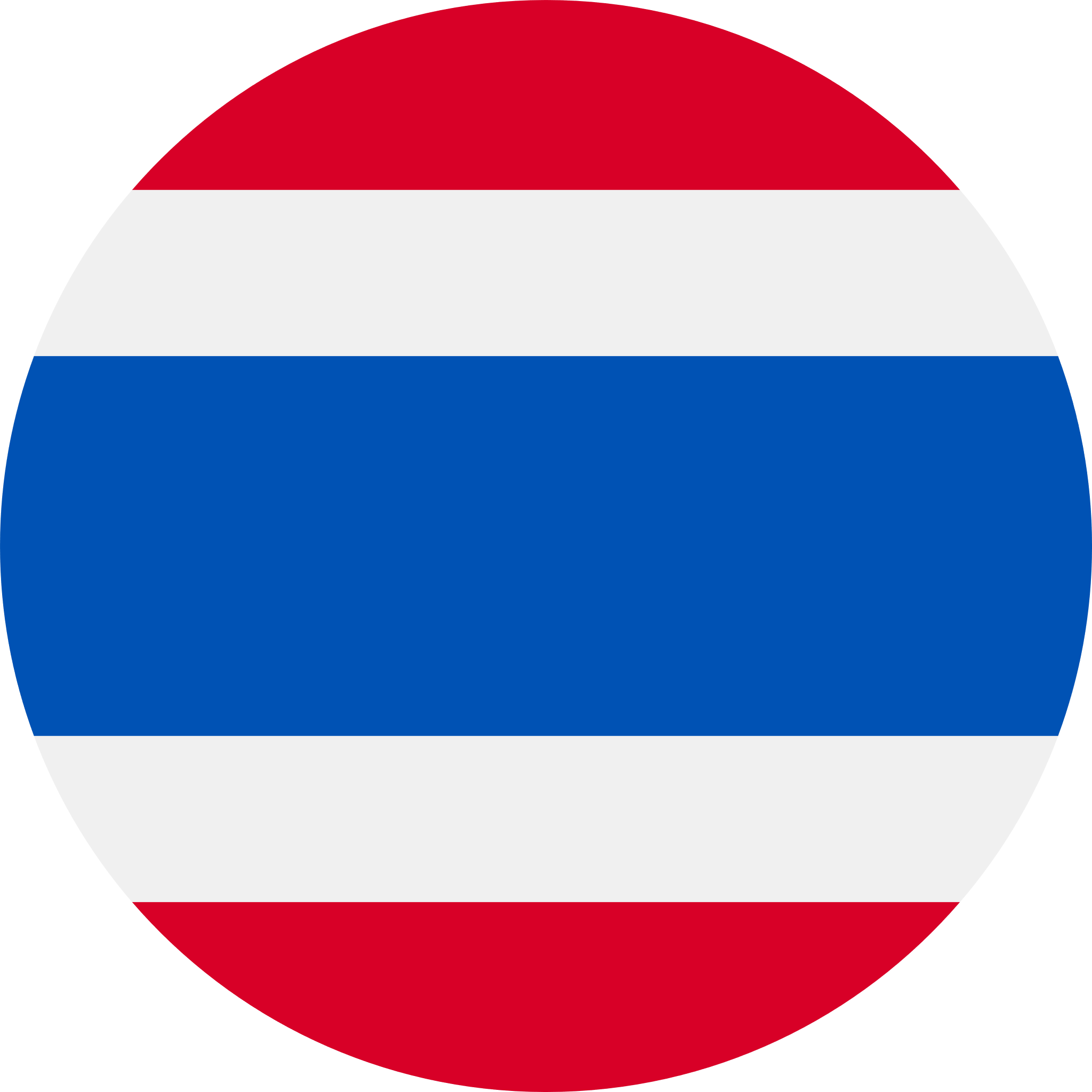
THAILAND
–
| Status of country in relation to the ICCPR | ||||
| Accession | Succession | Ratification | Declaration/Reservation to Article 20(2) | |
| Thailand | x | No | ||

TIMOR-LESTE
Section 135:
1. Any person who establishes or constitutes an organization or develops activities of organized propaganda inciting or encouraging religious or racial discrimination, hatred or violence, or takes part in the organization or carrying out of the activities referred to in the previous paragraph, or provides assistance thereto, including funding, is punishable with 4 to 12 years’ imprisonment.
2. Any person who, at a public meeting, through written medium destined for dissemination or in the media, provokes acts of violence against a person or group of people on grounds of race, colour, ethnic origin or religion, with the intent to incite or encourage racial or religious discrimination, is punishable with 2 to 8 years’ imprisonment.
| Status of country in relation to the ICCPR | ||||
| Accession | Succession | Ratification | Declaration/Reservation to Article 20(2) | |
| Timor-Leste | x | No | ||
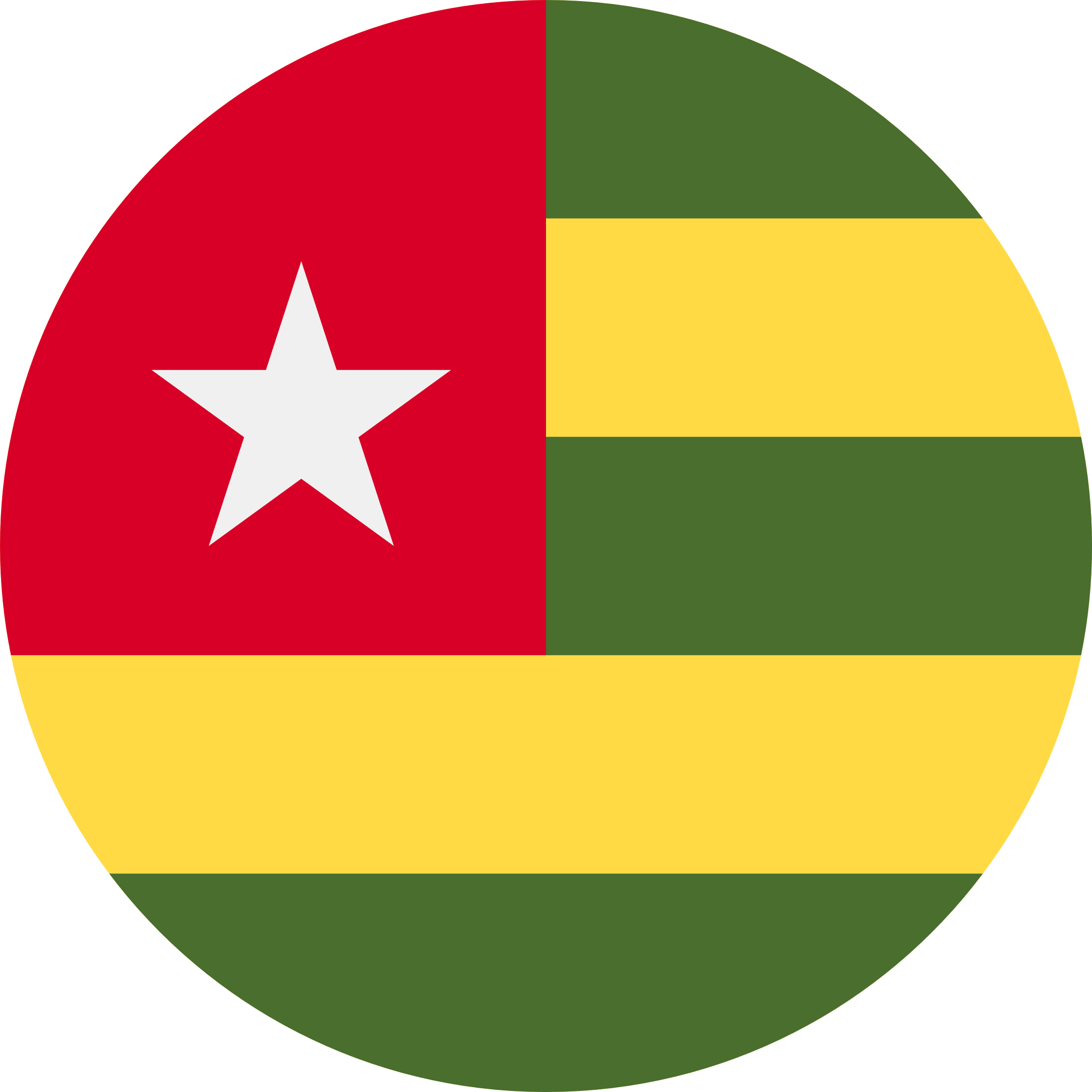
TOGO
Article 58: Whoever publicly, by any means of communication that is likely to prejudice the honour and reputation of a person, shall be punished by a fine of 10 000 to 100 000 Francs.
Article 59: Anyone who, publicly or in writing, makes a wickedly gross insult can be punished by a fine of 2 000 to 30 000 Francs. If the injury involves a term of contempt relating to the ethnicity, religion or nationality of the victim, the fine will be doubled and will include penal labour of ten to thirty days.
| Status of country in relation to the ICCPR | ||||
| Accession | Succession | Ratification | Declaration/Reservation to Article 20(2) | |
| Togo | x | No | ||

TONGA
–
| Status of country in relation to the ICCPR | ||||
| Accession | Succession | Ratification | Declaration/Reservation to Article 20(2) | |
| Tonga | – | – | – | – |

TRINIDAD AND TOBAGO
Article 3:
(1) A seditious intention is an intention
(a) to bring into hatred or contempt, or to excite disaffection against Government or the Constitution as by law established or the House of Representatives or the Senate or the administration of justice;
(b) to excite any person to attempt, otherwise than by lawful means, to procure the alteration of any matter in the State by law established;
(c) to raise discontent or disaffection amongst inhabitants of Trinidad and Tobago;
(d) to engender or promote— (i) feelings of ill-will or hostility between one or more sections of the community on the one hand and any other section or sections of the community on the other hand; or (ii) feelings of ill-will towards, hostility to or contempt for any class of inhabitants of Trinidad and Tobago distinguished by race, colour, religion, profession, calling or employment; or
(e) to advocate or promote, with intent to destroy in whole or in part any identifiable group, the commission of any of the following acts, namely: (i) killing members of the group; or (ii) deliberately inflicting on the group conditions of life calculated to bring about its physical destruction.
Article 7:
(1) Where on the application of the Director of Public Prosecutions it is shown to the satisfaction of the Court that the issue or circulation of a seditious publication is or, if commenced or continued, would be likely to lead to unlawful violence, or appears to have the object of promoting feelings of hostility between different classes or races of the community, the Court shall make an order (in this Act called a “prohibition order”) prohibiting the issue and circulation of that publication (in this Act called a “prohibited publication”) and requiring every person having any copy of the prohibited publication in his possession, power, or control forthwith to deliver every such copy into the custody of the Police.
| Status of country in relation to the ICCPR | ||||
| Accession | Succession | Ratification | Declaration/Reservation to Article 20(2) | |
| Trinidad and Tobago | x | No | ||
TUNISIA
Tunisian Anti-Terrorism and the Prevention of Money Laundering Act 2017
Article 14(8) provides that it is a crime for anyone to accuse someone else of not being a believer or to promote hatred between races, religions or creeds.
The Tunisian Criminal Code provides for the penalties for the above:
imprisonment of between one to five years and a fine of five to ten thousand Dinars. The penalty increases to up to twenty years’ imprisonment and a fine of one hundred thousand Dinars if the acts lead to physical damage.
Basic Law on Elections 2014
Article 52 includes a set of principles governing election campaigns, including not to call for hate, violence, intolerance and discrimination.
Article 56 prohibits any electoral propaganda that includes a call to hatred, violence, intolerance or discrimination.
Article 195 provides that the punishment for violation of these rules is imprisonment of six months to one year.
The Press and Publication Law provides for imprisonment of up to three years and a fine of one to two thousand Dinars for anyone who calls directly for hatred between races, religions or ethnic groups, incitement to discrimination, the use of aggressive means, or dissemination of ideas based on racial discrimination.
Information taken from a secondary source (MEDMEDIA).
| Status of country in relation to the ICCPR | ||||
| Accession | Succession | Ratification | Declaration/Reservation to Article 20(2) | |
| Tunisia | x | No | ||
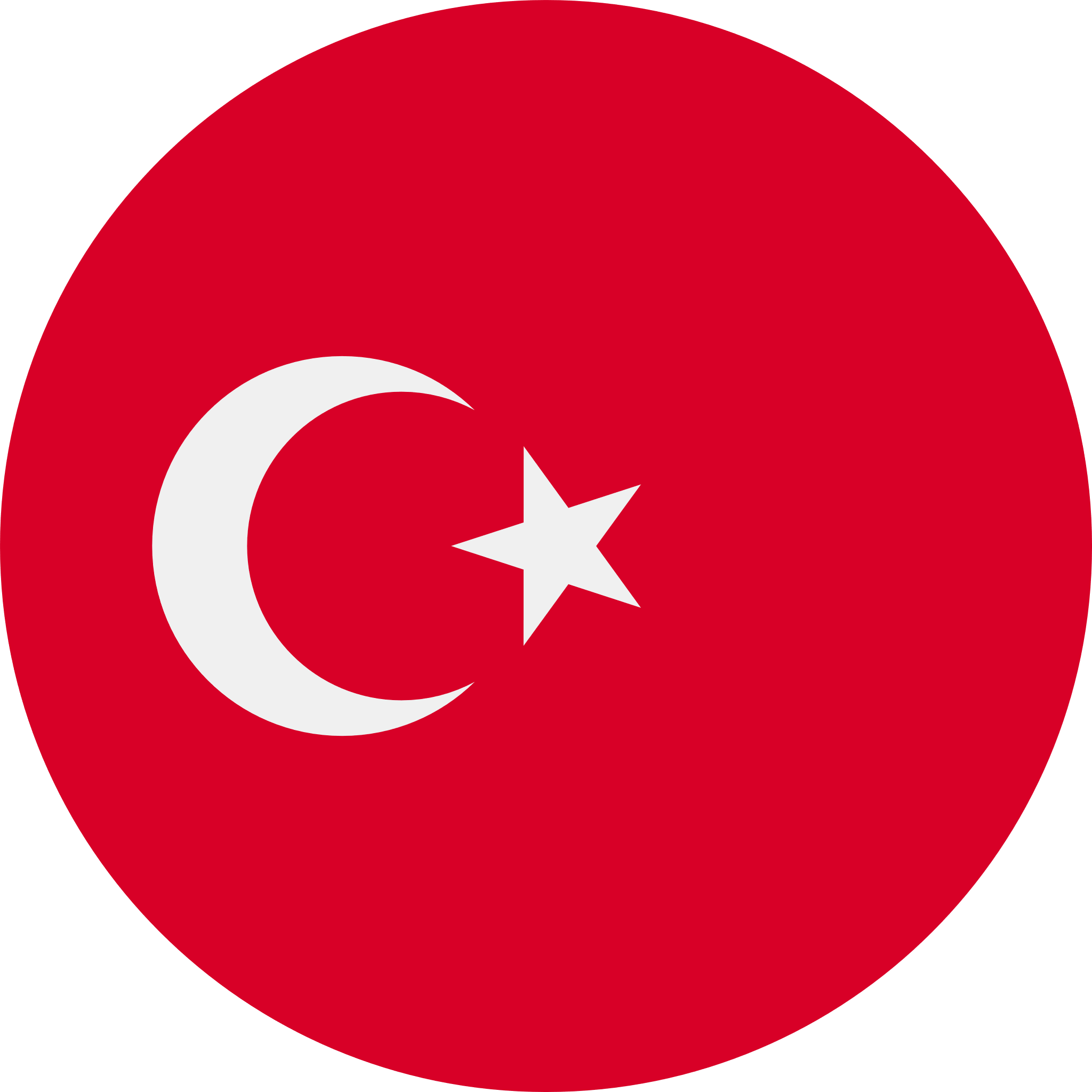
TURKEY
Article 216: Provoking people to be rancorous and hostile
(1) Any person who openly provokes a group of people belonging to a different social class, religion, race, sect, or coming from another origin, to be rancorous or hostile against another group, is punished with imprisonment of one year to three years in case such act causes risk from the aspect of public safety.
(2) Any person who openly humiliates another person just because he belongs to a different social class, religion, race, sect, or comes from another origin, is punished with imprisonment of six months to one year.
| Status of country in relation to the ICCPR | ||||
| Accession | Succession | Ratification | Declaration/Reservation to Article 20(2) | |
| Turkey | x | No | ||
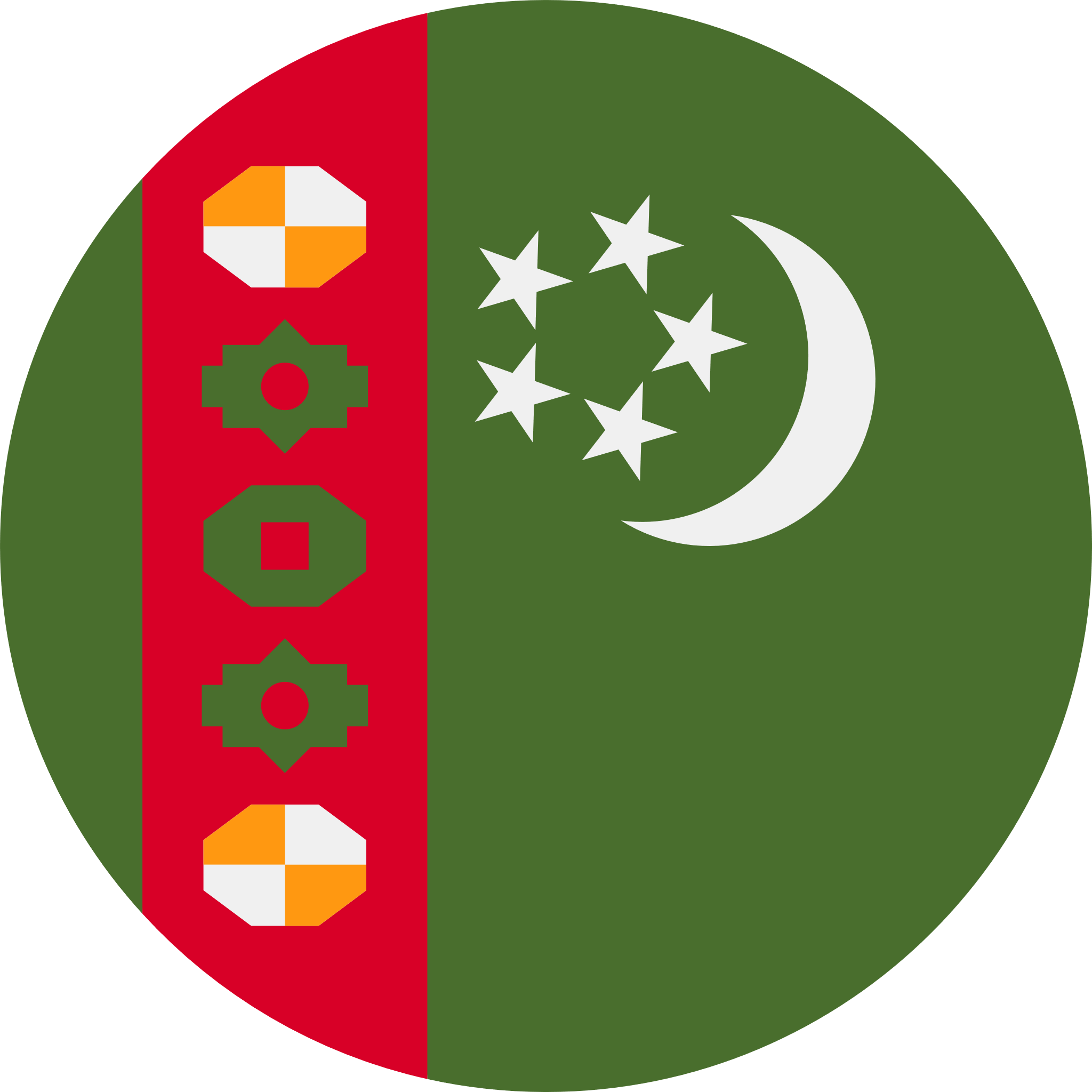
TURKMENISTAN
Article 177: Incitement of social, ethnic or religious hatred
(1) Intentional acts aimed at inciting social, national, ethnic, racial or religious enmity or discord, humiliation of ethnic dignity, as well as propaganda exclusivity or inferiority of citizens on the basis of their attitudes towards religion, social, national, ethnic or racial
characteristics, are punished with a fine ranging from twenty to forty average monthly
wages or imprisonment of up to three years.
(2) The same acts committed using the mass media are punished with a fine of twenty-five to fifty average monthly wages or imprisonment for a period of two to four years.
(3) The acts provided for in the first and second part of this article committed with the use of physical violence or with the threat of its use, as well as those committed by an organized group, are punished with imprisonment of three to eight years.
| Status of country in relation to the ICCPR | ||||
| Accession | Succession | Ratification | Declaration/Reservation to Article 20(2) | |
| Turkmenistan | x | No | ||

TUVALU
| Status of country in relation to the ICCPR | ||||
| Accession | Succession | Ratification | Declaration/Reservation to Article 20(2) | |
| Tuvalu | – | – | – | – |
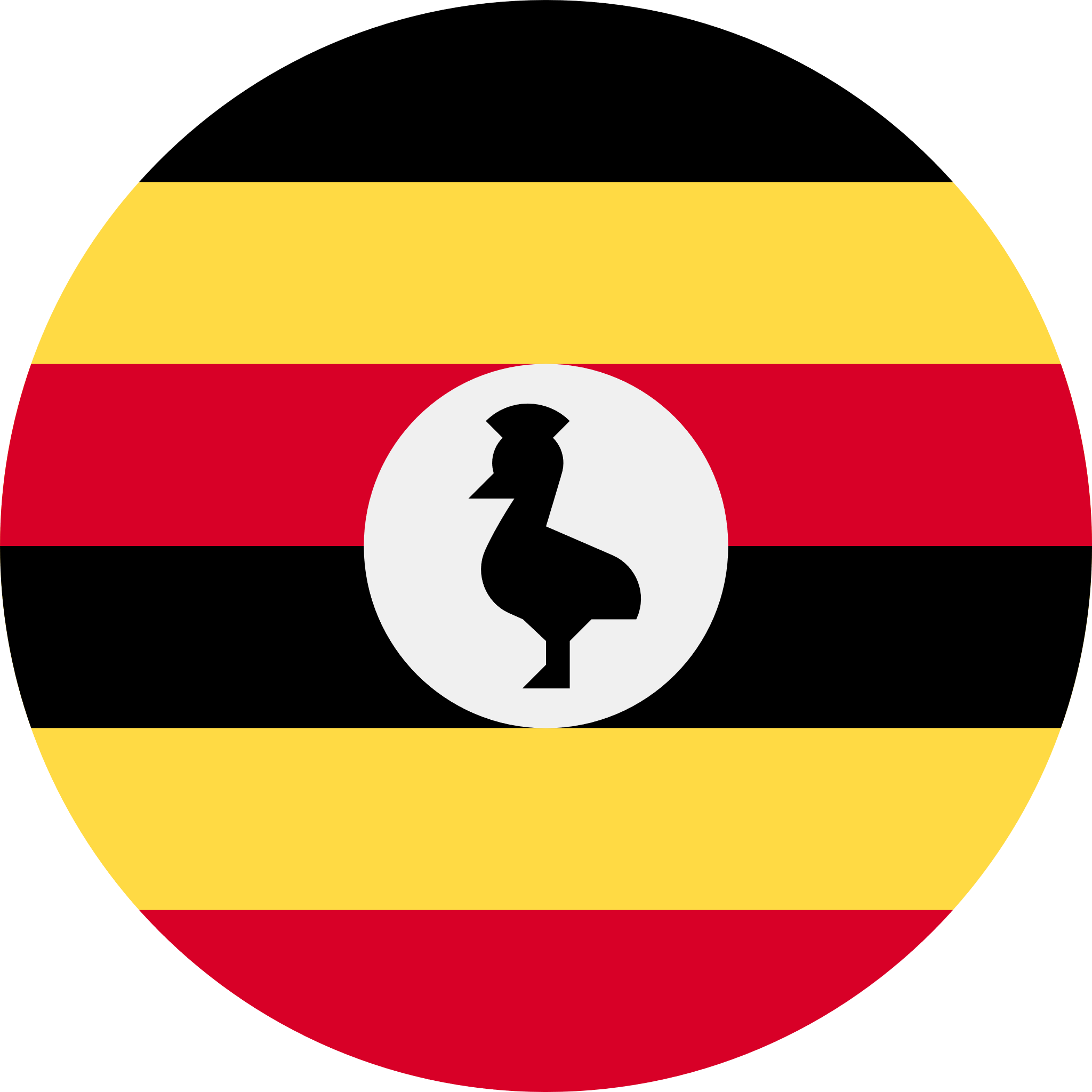
UGANDA
Article 41. Promoting sectarianism:
(1) A person who prints, publishes, makes or utters any statement or does any act which is likely to degrade, revile or expose to hatred or contempt; create alienation or despondency of; raise discontent or disaffection among; or promote, in any other way, feelings of ill will or hostility among or against any group or body of persons on account of religion, tribe or ethnic or regional origin commits an offence and is liable on conviction to imprisonment for a term not exceeding five years. (2) It shall be a defence to a charge under subsection (1) if the statement was printed, published, made or uttered, or the act was done with a view to exposing, discouraging or eliminating matters which promote or have a tendency to promote sectarianism. (3) Sections 42, 43 and 44 shall apply to a charge under subsection (1).
| Status of country in relation to the ICCPR | ||||
| Accession | Succession | Ratification | Declaration/Reservation to Article 20(2) | |
| Uganda | x | No | ||

UKRAINE
Article 161: Violation of citizens’ equality based on their race, nationality or religious preferences
1. Wilful actions inciting national, racial or religious enmity and hatred, humiliation of national honour and dignity, or the insult of citizens’ feelings in respect to their religious convictions, and also any direct or indirect restriction of rights, or granting direct or indirect privileges to citizens based on race, colour of skin, political, religious and other convictions, sex, ethnic and social origin, property status, place of residence, linguistic or other characteristics, shall be punishable by a fine of up to 50 tax-free minimum incomes, or correctional labour for a term up to two years, or restraint of liberty for a term of up to five years, with or without the deprivation of the right to occupy certain positions or engage in certain activities for a term up to three years.
2. The same actions accompanied with violence, deception or threats, and also committed by an official, shall be punishable by correctional labour for a term up to two years, or imprisonment for a term up to five years.
3. Any such actions as provided for by paragraph 1 or 2 of this Article, if committed by an organized group of persons, or where they caused death of people or other grave consequences, shall be punishable by imprisonment for a term of two to five years.
| Status of country in relation to the ICCPR | ||||
| Accession | Succession | Ratification | Declaration/Reservation to Article 20(2) | |
| Ukraine | x | No | ||
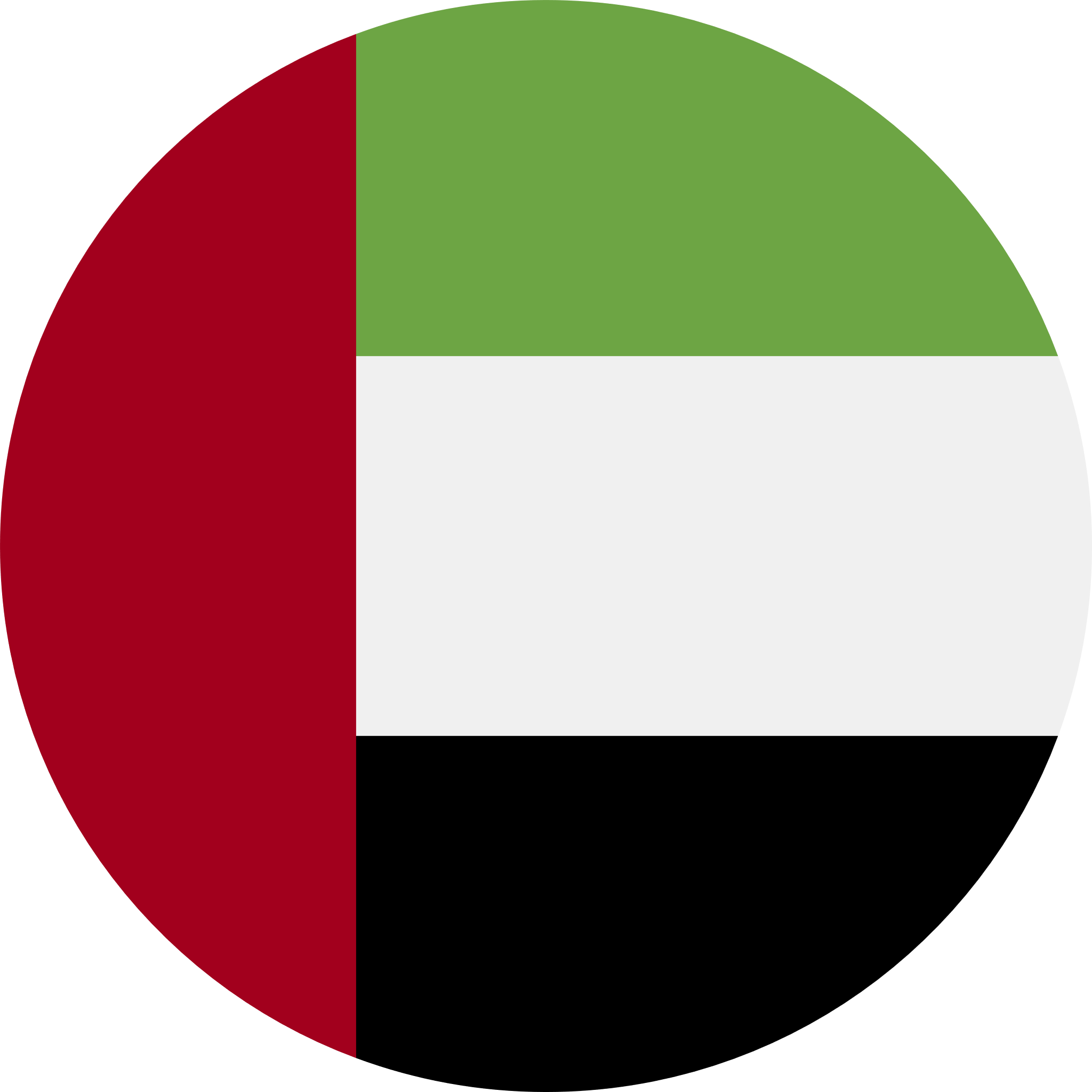
UNITED ARAB EMIRATES
Federal Decree Law No.2 of 2015
Article 7: Any person, who commits any act involving hate speech by any means of expression or by any other means, shall be sentenced to imprisonment for a period of not less than five years and to a fine of not less than five hundred thousand Dirhams and not exceeding one million dirhams or either one of these two penalties.
| Status of country in relation to the ICCPR | ||||
| Accession | Succession | Ratification | Declaration/Reservation to Article 20(2) | |
| United Arab Emirates | – | – | – | – |

UNITED KINGDOM OF GREAT BRITAIN AND NORTHERN IRELAND
Part III Racial Hatred
Acts intended or likely to stir up racial hatred
Section 18 Use of words or behaviour or display of written material.
(1) A person who uses threatening, abusive or insulting words or behaviour, or displays any written material which is threatening, abusive or insulting, is guilty of an offence if—
(a)he intends thereby to stir up racial hatred, or
(b)having regard to all the circumstances racial hatred is likely to be stirred up thereby.
(2) An offence under this section may be committed in a public or a private place, except that no offence is committed where the words or behaviour are used, or the written material is displayed, by a person inside a dwelling and are not heard or seen except by other persons in that or another dwelling.
(4) In proceedings for an offence under this section it is a defence for the accused to prove that he was inside a dwelling and had no reason to believe that the words or behaviour used, or the written material displayed, would be heard or seen by a person outside that or any other dwelling.
(5) A person who is not shown to have intended to stir up racial hatred is not guilty of an offence under this section if he did not intend his words or behaviour, or the written material, to be, and was not aware that it might be, threatening, abusive or insulting.
(6) This section does not apply to words or behaviour used, or written material displayed, solely for the purpose of being included in a programme [included in a programme service].
Section 19 Publishing or distributing written material.
(1)A person who publishes or distributes written material which is threatening, abusive or insulting is guilty of an offence if—
(a)he intends thereby to stir up racial hatred, or
(b)having regard to all the circumstances racial hatred is likely to be stirred up thereby.
(2) In proceedings for an offence under this section it is a defence for an accused who is not shown to have intended to stir up racial hatred to prove that he was not aware of the content of the material and did not suspect, and had no reason to suspect, that it was threatening, abusive or insulting.
(3) References in this Part to the publication or distribution of written material are to its publication or distribution to the public or a section of the public.
Section 20 Public performance of play.
(1) If a public performance of a play is given which involves the use of threatening, abusive or insulting words or behaviour, any person who presents or directs the performance is guilty of an offence if—
(a)he intends thereby to stir up racial hatred, or
(b)having regard to all the circumstances (and, in particular, taking the performance as a whole) racial hatred is likely to be stirred up thereby.
(2) If a person presenting or directing the performance is not shown to have intended to stir up racial hatred, it is a defence for him to prove—
(a) that he did not know and had no reason to suspect that the performance would involve the use of the offending words or behaviour, or
(b) that he did not know and had no reason to suspect that the offending words or behaviour were threatening, abusive or insulting, or
(c) that he did not know and had no reason to suspect that the circumstances in which the performance would be given would be such that racial hatred would be likely to be stirred up.
(3) This section does not apply to a performance given solely or primarily for one or more of the following purposes—
(a) rehearsal,
(b) making a recording of the performance, or
(c) enabling the performance to be [included in a programme service];
but if it is proved that the performance was attended by persons other than those directly connected with the giving of the performance or the doing in relation to it of the things mentioned in paragraph (b) or (c), the performance shall, unless the contrary is shown, be taken not to have been given solely or primarily for the purposes mentioned above.
(4) For the purposes of this section—
(a)a person shall not be treated as presenting a performance of a play by reason only of his taking part in it as a performer,
(b) a person taking part as a performer in a performance directed by another shall be treated as a person who directed the performance if without reasonable excuse he performs otherwise than in accordance with that person’s direction, and
(c) a person shall be taken to have directed a performance of a play given under his direction notwithstanding that he was not present during the performance;
and a person shall not be treated as aiding or abetting the commission of an offence under this section by reason only of his taking part in a performance as a performer.
(5) In this section “play” and “public performance” have the same meaning as in the Theatres Act 1968.
(6) The following provisions of the Theatres Act 1968 apply in relation to an offence under this section as they apply to an offence under section 2 of that Act—
- section 9 (script as evidence of what was performed),
- section 10 (power to make copies of script),
- section 15 (powers of entry and inspection).
Section 21 Distributing, showing or playing a recording.
(1) A person who distributes, or shows or plays, a recording of visual images or sounds which are threatening, abusive or insulting is guilty of an offence if—
(a) he intends thereby to stir up racial hatred, or
(b) having regard to all the circumstances racial hatred is likely to be stirred up thereby.
(2) In this Part “recording” means any record from which visual images or sounds may, by any means, be reproduced; and references to the distribution, showing or playing of a recording are to its distribution, showing or playing of a recording are to its distribution, showing or playing to the public or a section of the public.
(3) In proceedings for an offence under this section it is a defence for an accused who is not shown to have intended to stir up racial hatred to prove that he was not aware of the content of the recording and did not suspect, and had no reason to suspect, that it was threatening, abusive or insulting.
(4) This section does not apply to the showing or playing of a recording solely for the purpose of enabling the recording to be included in a programme service.
Section 22 Broadcasting or including programme in cable programme service.
(1) If a programme involving threatening, abusive or insulting visual images or sounds is included in a programme service], each of the persons mentioned in subsection (2) is guilty of an offence if—
(a)he intends thereby to stir up racial hatred, or
(b)having regard to all the circumstances racial hatred is likely to be stirred up thereby.
(2) The persons are—
(a)the person providing the programme service,
(b)any person by whom the programme is produced or directed, and
(c)any person by whom offending words or behaviour are used.
(3) If the person providing the service, or a person by whom the programme was produced or directed, is not shown to have intended to stir up racial hatred, it is a defence for him to prove that—
(a)he did not know and had no reason to suspect that the programme would involve the offending material, and
(b)having regard to the circumstances in which the programme was [included in a programme service], it was not reasonably practicable for him to secure the removal of the material.
(4) It is a defence for a person by whom the programme was produced or directed who is not shown to have intended to stir up racial hatred to prove that he did not know and had no reason to suspect—
(a)that the programme would be [included in a programme service], or
(b)that the circumstances in which the programme would be so included would be such that racial hatred would be likely to be stirred up.
(5) It is a defence for a person by whom offending words or behaviour were used and who is not shown to have intended to stir up racial hatred to prove that he did not know and had no reason to suspect—
(a)that a programme involving the use of the offending material would be [included in a programme service], or
(b)that the circumstances in which a programme involving the use of the offending material would be so included, or in which a programme . . . so included would involve the use of the offending material, would be such that racial hatred would be likely to be stirred up.
(6) A person who is not shown to have intended to stir up racial hatred is not guilty of an offence under this section if he did not know, and had no reason to suspect, that the offending material was threatening, abusive or insulting.
Racially inflammatory material
Section 23 Possession of racially inflammatory material.
(1) A person who has in his possession written material which is threatening, abusive or insulting, or a recording of visual images or sounds which are threatening, abusive or insulting, with a view to—
(a)in the case of written material, its being displayed, published, distributed, [or included in a cable programme service], whether by himself or another, or
(b)in the case of a recording, its being distributed, shown, played, [or included in a cable programme service], whether by himself or another,
is guilty of an offence if he intends racial hatred to be stirred up thereby or, having regard to all the circumstances, racial hatred is likely to be stirred up thereby.
(2) For this purpose regard shall be had to such display, publication, distribution, showing, playing, [or inclusion in a programme service] as he has, or it may reasonably be inferred that he has, in view.
(3) In proceedings for an offence under this section it is a defence for an accused who is not shown to have intended to stir up racial hatred to prove that he was not aware of the content of the written material or recording and did not suspect, and had no reason to suspect, that it was threatening, abusive or insulting.
Part 3A Hatred against persons on religious grounds
Acts intended to stir up religious hatred
Section 29B: Use of words or behaviour or display of written material
(1) A person who uses threatening words or behaviour, or displays any written material which is threatening, is guilty of an offence if he intends thereby to stir up religious hatred.
(2) An offence under this section may be committed in a public or a private place, except that no offence is committed where the words or behaviour are used, or the written material is displayed, by a person inside a dwelling and are not heard or seen except by other persons in that or another dwelling.
(3) A constable may arrest without warrant anyone he reasonably suspects is committing an offence under this section.
(4) In proceedings for an offence under this section it is a defence for the accused to prove that he was inside a dwelling and had no reason to believe that the words or behaviour used, or the written material displayed, would be heard or seen by a person outside that or any other dwelling.
(5) This section does not apply to words or behaviour used, or written material displayed, solely for the purpose of being included in a programme service.
29C Publishing or distributing written material
(1) A person who publishes or distributes written material which is threatening is guilty of an offence if he intends thereby to stir up religious hatred.
(2) References in this Part to the publication or distribution of written material are to its publication or distribution to the public or a section of the public.
Section 29D: Public performance of play
(1) If a public performance of a play is given which involves the use of threatening words or behaviour, any person who presents or directs the performance is guilty of an offence if he intends thereby to stir up religious hatred.
(2) This section does not apply to a performance given solely or primarily for one or more of the following purposes—
(a)rehearsal,
(b)making a recording of the performance, or
(c)enabling the performance to be included in a programme service;
but if it is proved that the performance was attended by persons other than those directly connected with the giving of the performance or the doing in relation to it of the things mentioned in paragraph (b) or (c), the performance shall, unless the contrary is shown, be taken not to have been given solely or primarily for the purpose mentioned above.
(3) For the purposes of this section—
(a)a person shall not be treated as presenting a performance of a play by reason only of his taking part in it as a performer,
(b)a person taking part as a performer in a performance directed by another shall be treated as a person who directed the performance if without reasonable excuse he performs otherwise than in accordance with that person’s direction, and
(c)a person shall be taken to have directed a performance of a play given under his direction notwithstanding that he was not present during the performance;
and a person shall not be treated as aiding or abetting the commission of an offence under this section by reason only of his taking part in a performance as a performer.
(4) In this section “play” and “public performance” have the same meaning as in the Theatres Act 1968.
(5) The following provisions of the Theatres Act 1968 apply in relation to an offence under this section as they apply to an offence under section 2 of that Act—
- section 9 (script as evidence of what was performed),
- section 10 (power to make copies of script),
- section 15 (powers of entry and inspection).
Section 29E Distributing, showing or playing a recording
(1) A person who distributes, or shows or plays, a recording of visual images or sounds which are threatening is guilty of an offence if he intends thereby to stir up religious hatred.
(2) In this Part “recording” means any record from which visual images or sounds may, by any means, be reproduced; and references to the distribution, showing or playing of a recording are to its distribution, showing or playing to the public or a section of the public.
(3) This section does not apply to the showing or playing of a recording solely for the purpose of enabling the recording to be included in a programme service.
Section 29F Broadcasting or including programme in programme service
(1) If a programme involving threatening visual images or sounds is included in a programme service, each of the persons mentioned in subsection (2) is guilty of an offence if he intends thereby to stir up religious hatred.
(2) The persons are—
(a)the person providing the programme service,
(b)any person by whom the programme is produced or directed, and
(c)any person by whom offending words or behaviour are used.
Inflammatory material
Section 29G Possession of inflammatory material
(1) A person who has in his possession written material which is threatening, or a recording of visual images or sounds which are threatening, with a view to—
(a)in the case of written material, its being displayed, published, distributed, or included in a programme service whether by himself or another, or
(b)in the case of a recording, its being distributed, shown, played, or included in a programme service, whether by himself or another,
is guilty of an offence if he intends religious hatred to be stirred up thereby.
(2) For this purpose regard shall be had to such display, publication, distribution, showing, playing, or inclusion in a programme service as he has, or it may reasonably be inferred that he has, in view.
Section 29H: Powers of entry and search
(1) If in England and Wales a justice of the peace is satisfied by information on oath laid by a constable that there are reasonable grounds for suspecting that a person has possession of written material or a recording in contravention of section 29G, the justice may issue a warrant under his hand authorising any constable to enter and search the premises where it is suspected the material or recording is situated.
(2) If in Scotland a sheriff or justice of the peace is satisfied by evidence on oath that there are reasonable grounds for suspecting that a person has possession of written material or a recording in contravention of section 29G, the sheriff or justice may issue a warrant authorising any constable to enter and search the premises where it is suspected the material or recording is situated.
(3) A constable entering or searching premises in pursuance of a warrant issued under this section may use reasonable force if necessary.
(4) In this section “premises” means any place and, in particular, includes—
(a)any vehicle, vessel, aircraft or hovercraft,
(b)any offshore installation as defined in section 12 of the Mineral Workings (Offshore Installations) Act 1971, and
(c)any tent or movable structure.
Section 29I: Power to order forfeiture
(1) A court by or before which a person is convicted of—
(a)an offence under section 29B relating to the display of written material, or
(b)an offence under section 29C, 29E or 29G,
shall order to be forfeited any written material or recording produced to the court and shown to its satisfaction to be written material or a recording to which the offence relates.
(2) An order made under this section shall not take effect—
(a)in the case of an order made in proceedings in England and Wales, until the expiry of the ordinary time within which an appeal may be instituted or, where an appeal is duly instituted, until it is finally decided or abandoned;
(b)in the case of an order made in proceedings in Scotland, until the expiration of the time within which, by virtue of any statute, an appeal may be instituted or, where such an appeal is duly instituted, until the appeal is finally decided or abandoned.
(3) For the purposes of subsection (2)(a)—
(a)an application for a case stated or for leave to appeal shall be treated as the institution of an appeal, and
(b)where a decision on appeal is subject to a further appeal, the appeal is not finally determined until the expiry of the ordinary time within which a further appeal may be instituted or, where a further appeal is duly instituted, until the further appeal is finally decided or abandoned.
(4) For the purposes of subsection (2)(b) the lodging of an application for a stated case or note of appeal against sentence shall be treated as the institution of an appeal.
Section 29J Protection of freedom of expression
Nothing in this Part shall be read or given effect in a way which prohibits or restricts discussion, criticism or expressions of antipathy, dislike, ridicule, insult or abuse of particular religions or the beliefs or practices of their adherents, or of any other belief system or the beliefs or practices of its adherents, or proselytising or urging adherents of a different religion or belief system to cease practising their religion or belief system.
| Status of country in relation to the ICCPR | ||||
| Accession | Succession | Ratification | Declaration/Reservation to Article 20(2) | |
| United Kingdom of Great Britain and Northern Ireland | x |
Yes (Reservation) The Government of the United Kingdom interpret article 20 consistently with the rights conferred by articles 19 and 21 of the Covenant and having legislated in matters of practical concern in the interests of public order (ordre public) reserve the right not to introduce any further legislation. The United Kingdom also reserve a similar right in regard to each of its dependent territories. |
||

UNITED STATES OF AMERICA
–
| Status of country in relation to the ICCPR | ||||
| Accession | Succession | Ratification | Declaration/Reservation to Article 20(2) | |
| United States of America | x |
Yes (Reservation) That article 20 does not authorize or require legislation or other action by the United States that would restrict the right of free speech and association protected by the Constitution and laws of the United States. |
||

URUGUAY
Article 149bis: Incitement to hatred, contempt or violence towards certain people:
Anyone who publicly, or by any means suitable for its public diffusion, incites hatred, contempt, or any form of moral or physical violence against one or more people because of the colour of their skin, race, religion, national or ethnic origin, sexual orientation or sexual identity, will be punished with three to eighteen months’ imprisonment.
| Status of country in relation to the ICCPR | ||||
| Accession | Succession | Ratification | Declaration/Reservation to Article 20(2) | |
| Uruguay | x | No | ||

UZBEKISTAN
Article 156. Incitement of Ethnic, Racial or Religious Hatred
Intentional acts, humiliating ethnic honor and dignity and insulting religious or atheistic feelings of individuals, carried out with the purpose of incitement of hatred, intolerance, or division on a national, ethnic, racial, or religious basis, as well as explicit or implicit setting limitation of rights or preferences on the basis of national, racial, or ethnic origin, or religious beliefs –
shall be punished with imprisonment up to five years.
The same actions committed:
a) in a way dangerous to lives of other persons;
b) with infliction of serious bodily injuries;
c) with forced eviction of individuals from the places of their permanent residence;
d) by an authorized official;
e) by previous concert or by a group of individuals –
shall be punished with imprisonment from five to ten years.
| Status of country in relation to the ICCPR | ||||
| Accession | Succession | Ratification | Declaration/Reservation to Article 20(2) | |
| Uzbekistan | x | No | ||

VANUATU
–
| Status of country in relation to the ICCPR | ||||
| Accession | Succession | Ratification | Declaration/Reservation to Article 20(2) | |
| Vanuatu | x | No | ||
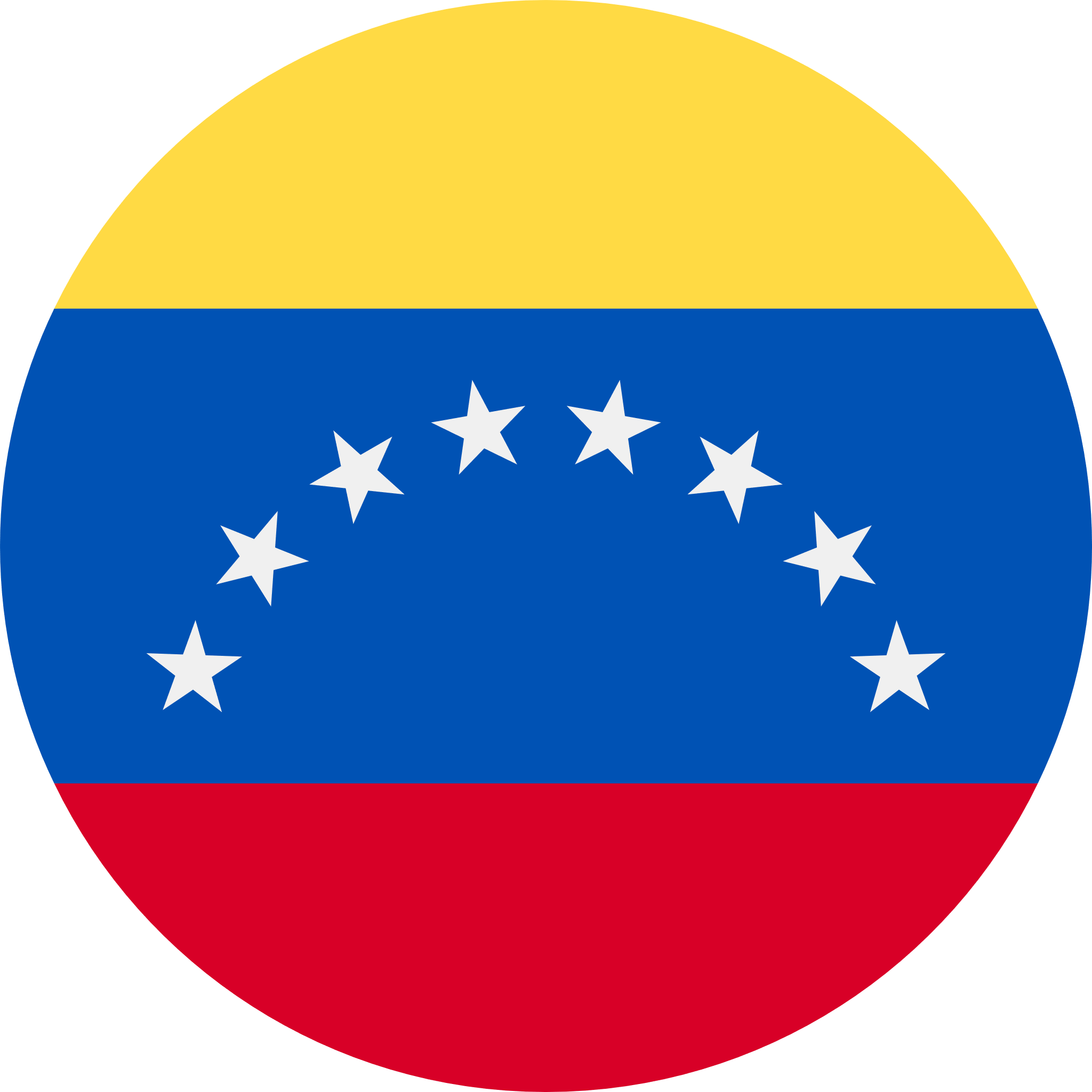
VENEZEULA
The Constitutional Law against Hatred for Peaceful Coexistence
Prohibition of war propaganda and messages of intolerance and hatred
Article 13: All propaganda and messages in favour of war and all advocacy of hatred on the grounds of nationality, race, ethnicity, religion, political or social origin, ideology, gender, sexual orientation, gender identity, gender expression and any other hatred constitutes incitement to discrimination, intolerance or violence is prohibited.
The State shall guarantee compliance with this provision as a priority in the service providers of radio, television, by subscription and printed, public, private and community media, as well as in electronic media.
Article 14: Responsibility of Social Networks
The dissemination of messages through social networks and electronic media that promote war or incite hatred on the grounds of nationality, race, ethnicity, religion, political or social origin, ideology, gender, sexual orientation, gender identity, gender expression and on any other grounds that constitute incitement to discrimination, intolerance or violence is prohibited. The legal entities that administer social networks and electronic media are obliged to comply strictly with the provisions of this article and will adopt the appropriate measures to prevent the dissemination of these messages. To this end, they must immediately withdraw from its dissemination any propaganda or message that contravenes it.
| Status of country in relation to the ICCPR | ||||
| Accession | Succession | Ratification | Declaration/Reservation to Article 20(2) | |
| Venezuela | x | No | ||

VIETNAM
Prevention of and Dealing with an Infringement of Cybersecurity
Article 16: Prevention of and dealing with information in cyberspace with contents being propaganda against the Socialist Republic of Vietnam; information contents which incite riots, disrupt security or cause public disorder; which cause embarrassment or are slanderous; or which violate economic management order
1. Information in cyberspace with contents being propaganda against the Socialist Republic of Vietnam comprises:
(b) Psychological warfare, inciting an invasive war; causing division or hatred between [Vietnamese] ethnic groups, religions and people of all countries;
| Status of country in relation to the ICCPR | ||||
| Accession | Succession | Ratification | Declaration/Reservation to Article 20(2) | |
| Vietnam | x | No | ||
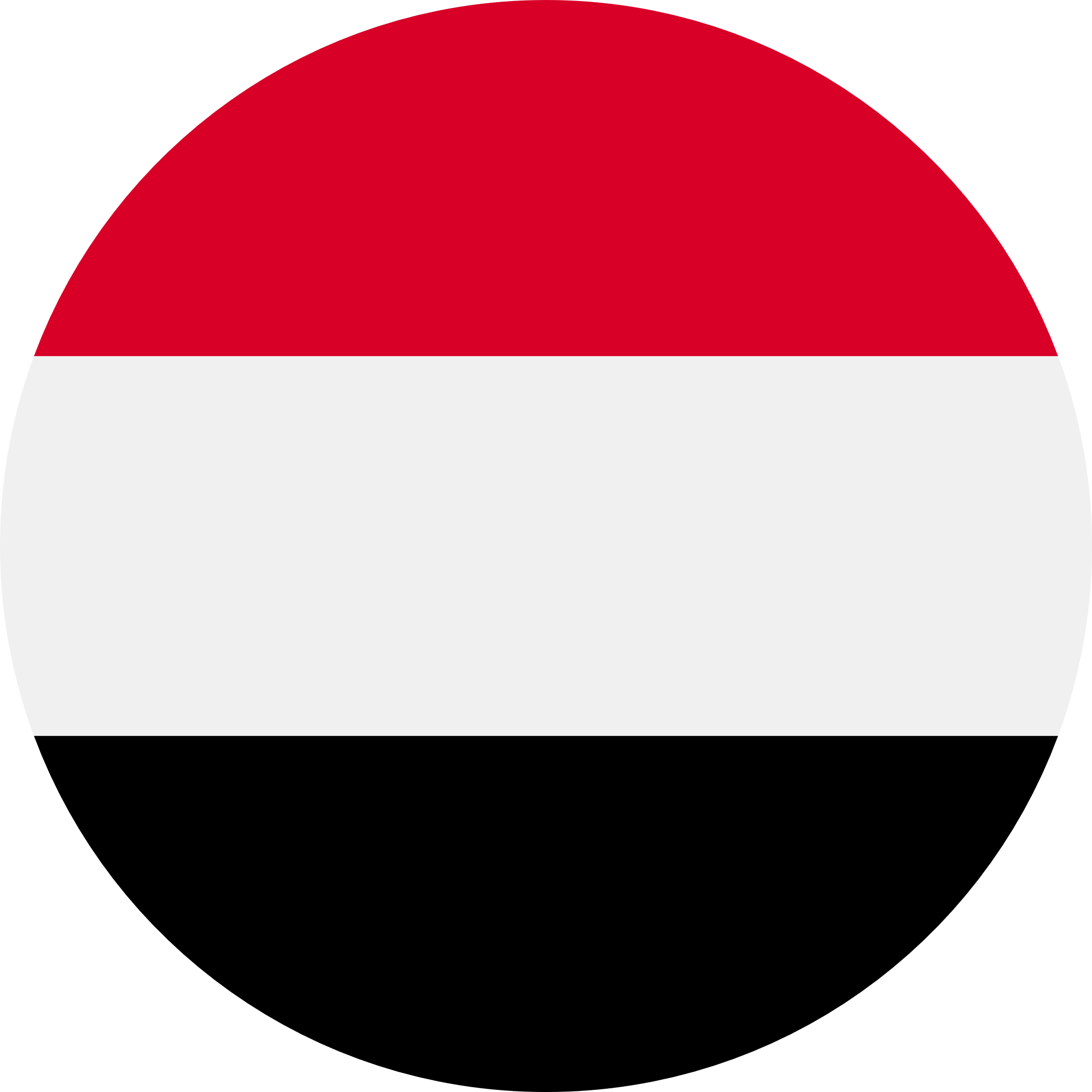
YEMEN
–
| Status of country in relation to the ICCPR | ||||
| Accession | Succession | Ratification | Declaration/Reservation to Article 20(2) | |
| Yemen | x | No | ||

ZAMBIA
Article 70 (1): Any person who utters any words or publishes any writing expressing or showing hatred, ridicule or contempt for any person or group of persons wholly or mainly because of his or their race, tribe, place of origin or colour is guilty of an offence and is liable on conviction to imprisonment for a period not exceeding two years.
| Status of country in relation to the ICCPR | ||||
| Accession | Succession | Ratification | Declaration/Reservation to Article 20(2) | |
| Zambia | x | No | ||
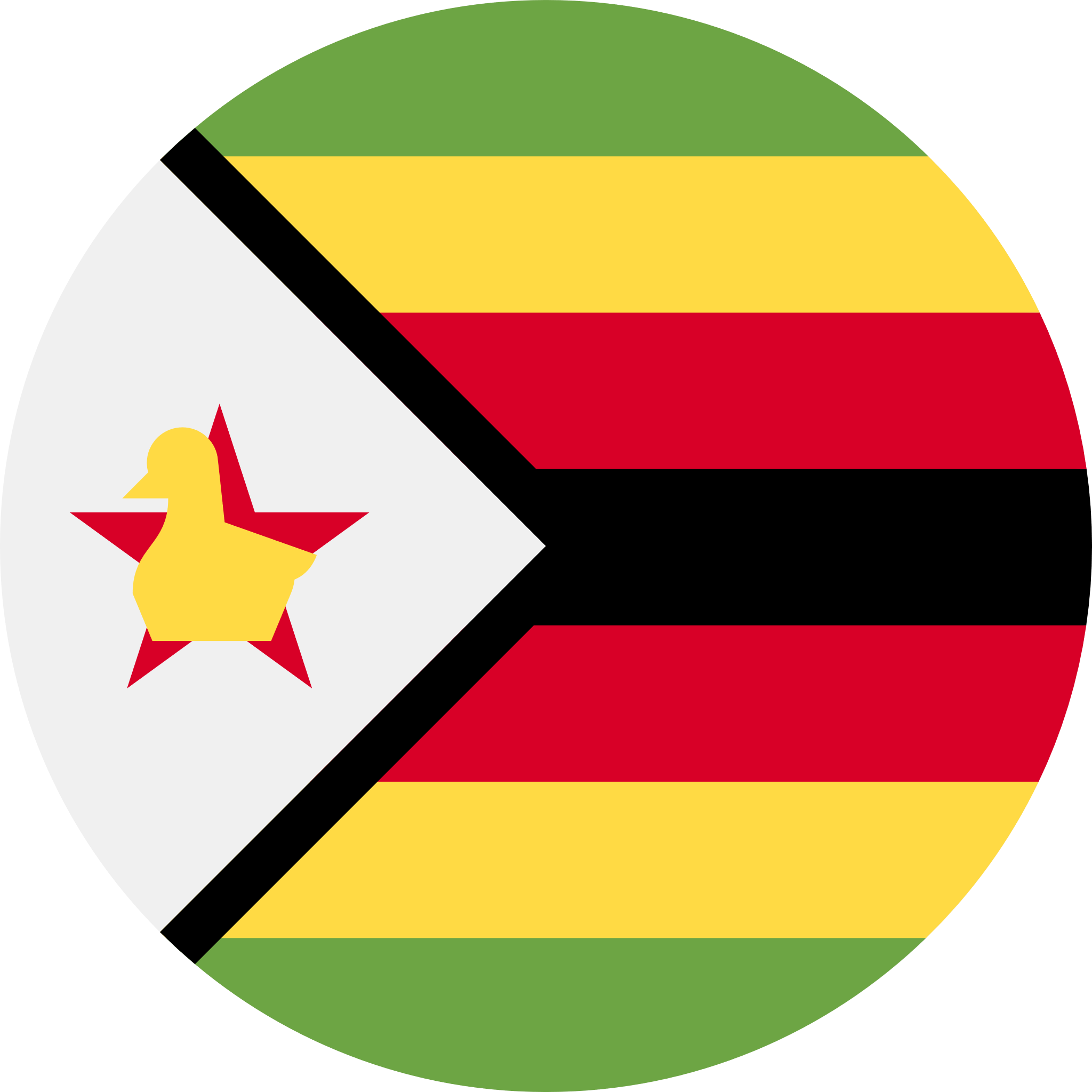
ZIMBABWE
Article 61:
Freedom of expression and freedom of the media exclude
-
- Incitement to violence
- Advocacy of hatred or hate
Article 42: Causing offence to persons of a particular race, religion, etc.
(1) In this section— “creed or religion” means any system of beliefs associated with practices of worship that is adhered to by any significant body of persons in Zimbabwe or any other country; “film”, “picture”, “publication”, “record” and “statue” have the meanings assigned to those terms by section 2 of the Censorship and Entertainments Control Act [Chapter 10:04]; “publicly”, in relation to making a statement, means— (a) making the statement in a public place or any place to which the public or any section of the public have access; (b) publishing it in any printed or electronic medium for reception by the public; “statement” includes any act, gesture or form of expression, whether verbal, written or visual, but does not include any film, picture, publication, statue or record that is of a bona fide literary or artistic character.
(2) Any person who publicly makes any insulting or otherwise grossly provocative statement that causes offence to persons of a particular race, tribe, place of origin, colour, creed or religion, intending to cause such offence or realising there is a real risk or possibility of doing so, shall be guilty of causing offence to persons of a particular race, tribe, place of origin, colour, creed or religion, as the case may be, and liable to a fine not exceeding level six or imprisonment for a period not exceeding one year or both
Article 37: Participating in gathering with intent to promote public violence, breaches of the peace or bigotry
(1) Any person who—
(a) acts together with one or more other persons present with him or her in any place or at any meeting with the intention or realising that there is a real risk or possibility of forcibly –
(i) disturbing the peace, security, utters any words or distributes or displays any writing, sign or other visible representation— (i) with the intention to engender, promote or expose to hatred, contempt or ridicule any group, section or class of persons in Zimbabwe solely on account of the race, tribe, nationality, place of origin, national or ethnic origin, colour, religion or gender of such group, section or class of persons; or (ii) realising that there is a risk or possibility that such behaviour might have an effect referred to in subparagraph (i); shall be guilty of participating in a gathering with intent to promote public violence, a breach of the peace or bigotry, as the case may be, and be liable to a fine not exceeding level ten or imprisonment for a period not exceeding five years or both.
(2) The crime of participating in a gathering with intent to promote public violence, a breach of the peace or bigotry is committed whether the action constituting it is spontaneous or planned in advance, and whether the place or meeting where it occurred is public or private.
(3) For the avoidance of doubt it is declared that where a person would be liable for contravening— (a) paragraph (a) or (b); or (b) paragraph (c); of subsection (1), but for the fact that the person acted alone in a public place, the competent charge is disorderly conduct in a public place or causing offence to persons of a particular race, tribe, place of origin, colour, creed or religion, as the case may be, and not a contravention of a provision referred to in paragraph (a) or (b)
| Status of country in relation to the ICCPR | ||||
| Accession | Succession | Ratification | Declaration/Reservation to Article 20(2) | |
| Zimbabwe | x | No | ||
- CoE Committee of Experts for the Development of Human Rights Report (2007) Chapter IV, 123, para.4 ↑
- Leandro Silva, Mainack Mondal, Denzil Correa, Fabricio Benevenuto, ‘Analyzing the Targets of Hate in Online Social Media’ Proceedings of the Tenth International AAAI (Association for the Advancement of Artificial Intelligence) Conference on Web and Social Media (2016) 688 ↑
Note 1: When legislation is not available in English and there is no official translation provided for, all translations are our own.
Note 2: We will be updating this output with any changes/developments that come about.
